Solar System
Latest about Solar System
-
-
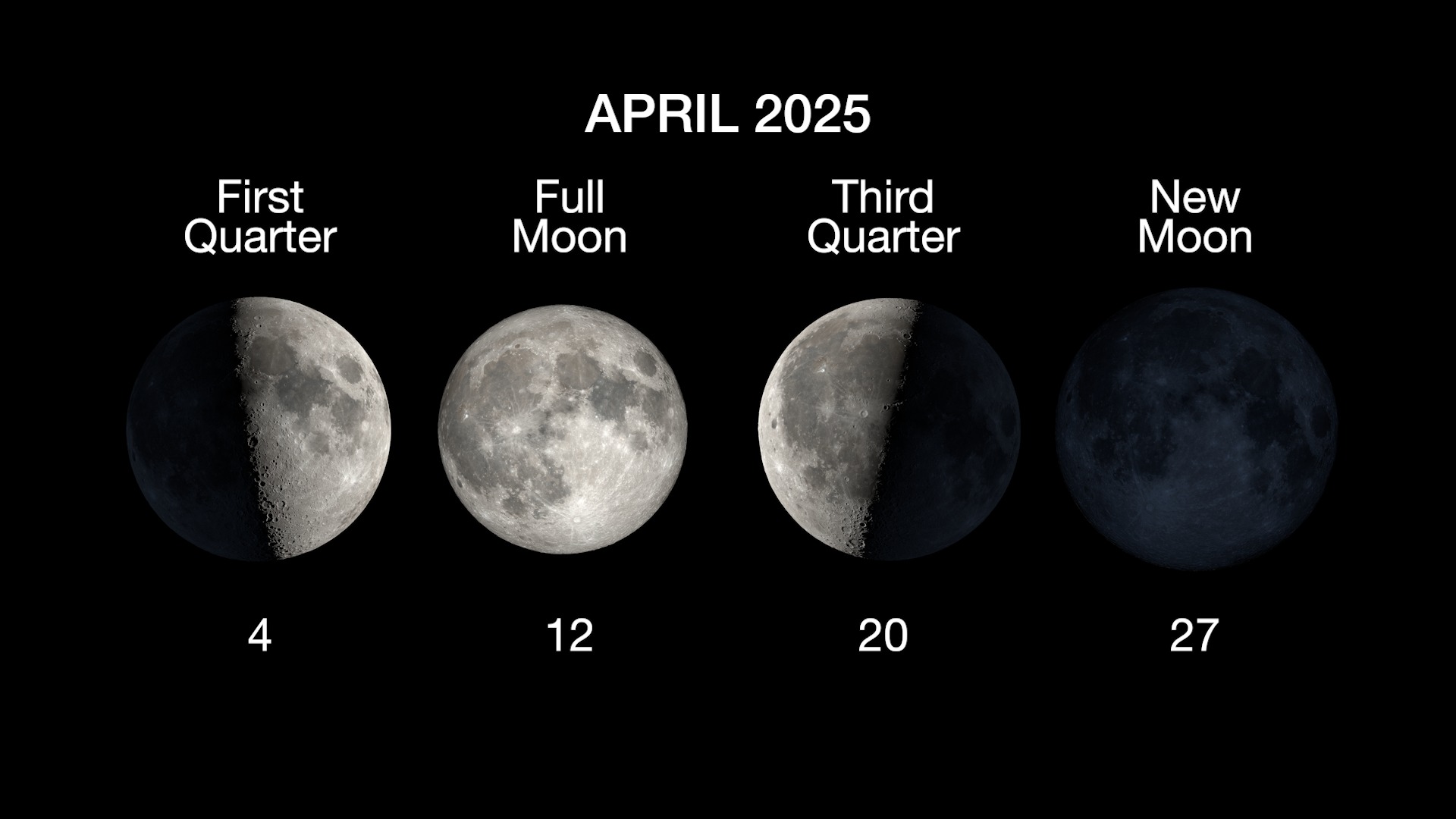 Reference
ReferenceWhat is the moon phase today? Lunar phases 2025
By Tariq Malik Last updated
-

A hidden solar cycle is awakening, but more extreme space weather over the next 50 years may not be a bad thing
By Tereza Pultarova Published
-
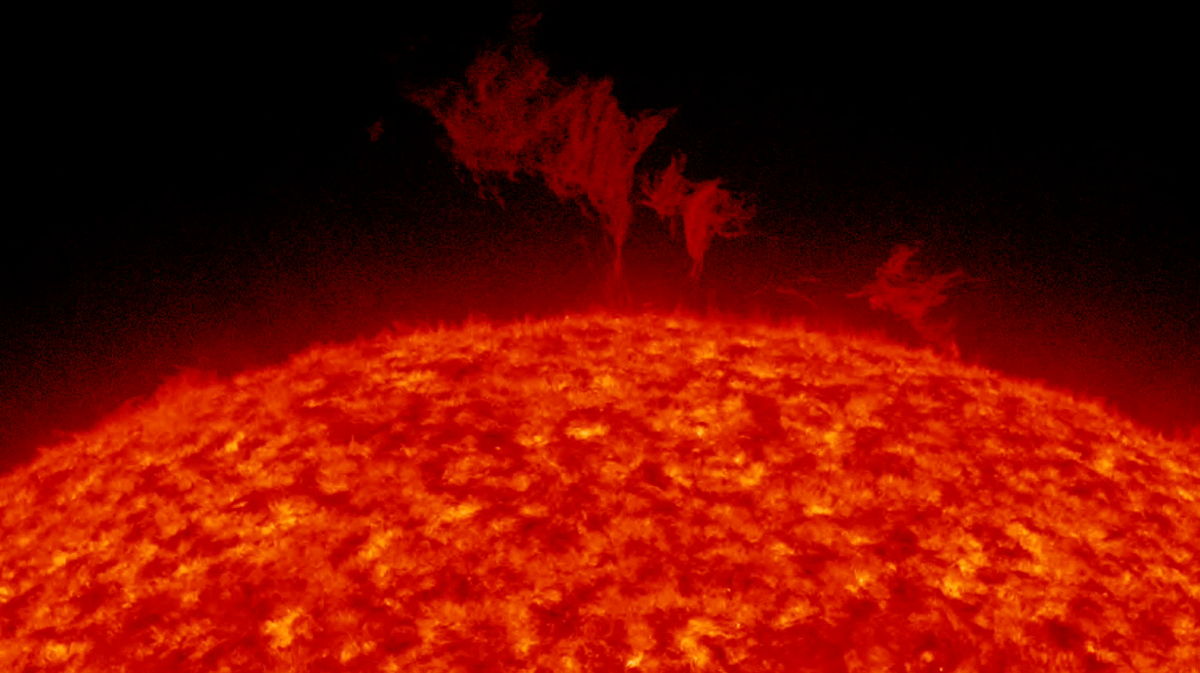
How AI is helping scientists unlock some of the sun's deepest secrets
By Sharmila Kuthunur Published
-
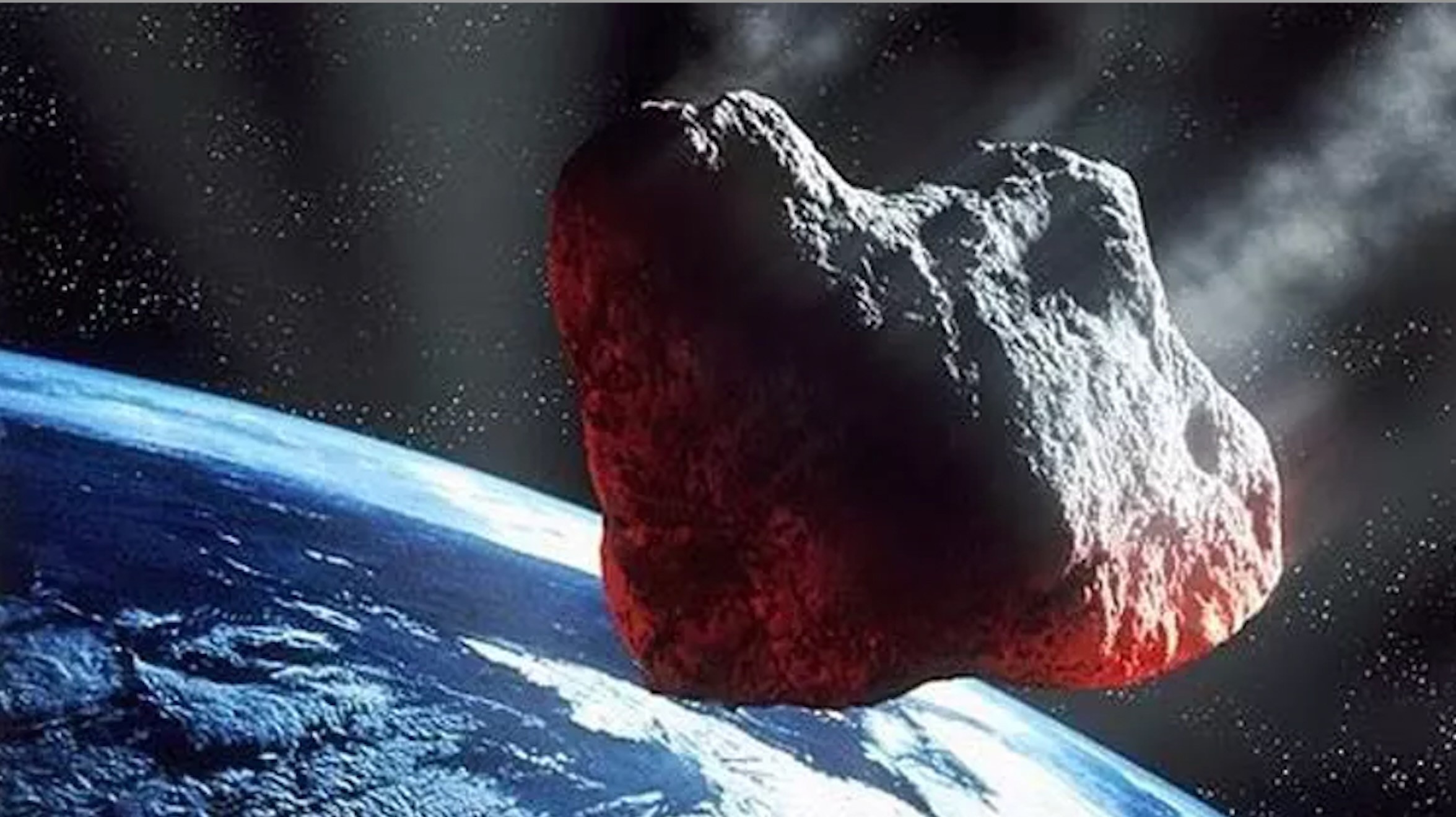
'Planetary defense is knowing what's out there and what could do harm to us.' Meet the scientist who helped build NASA's asteroid response plan
By Leonard David Published
-

New photos from European Mars orbiter show dynamic, volcanic Red Planet terrain
By Julian Dossett Published
-
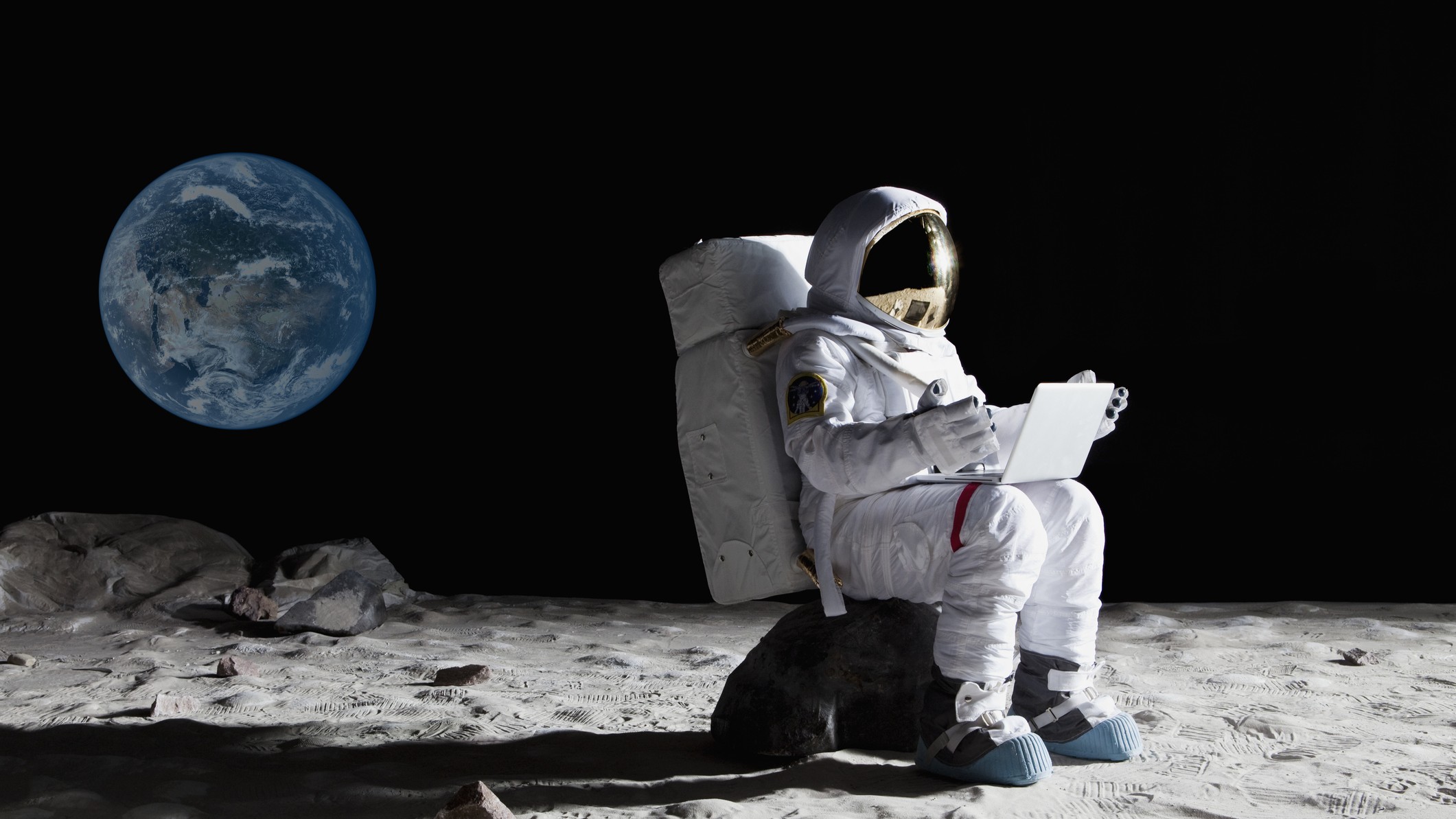 Reference
ReferenceTax Day in space: How do astronauts pay taxes off Earth?
By Elizabeth Howell Last updated
-

Easter is coming late in 2025, astronomically speaking. Here's why
By Joe Rao Published
-
Explore Solar System
Asteroids
-
-

'Planetary defense is knowing what's out there and what could do harm to us.' Meet the scientist who helped build NASA's asteroid response plan
By Leonard David Published
-
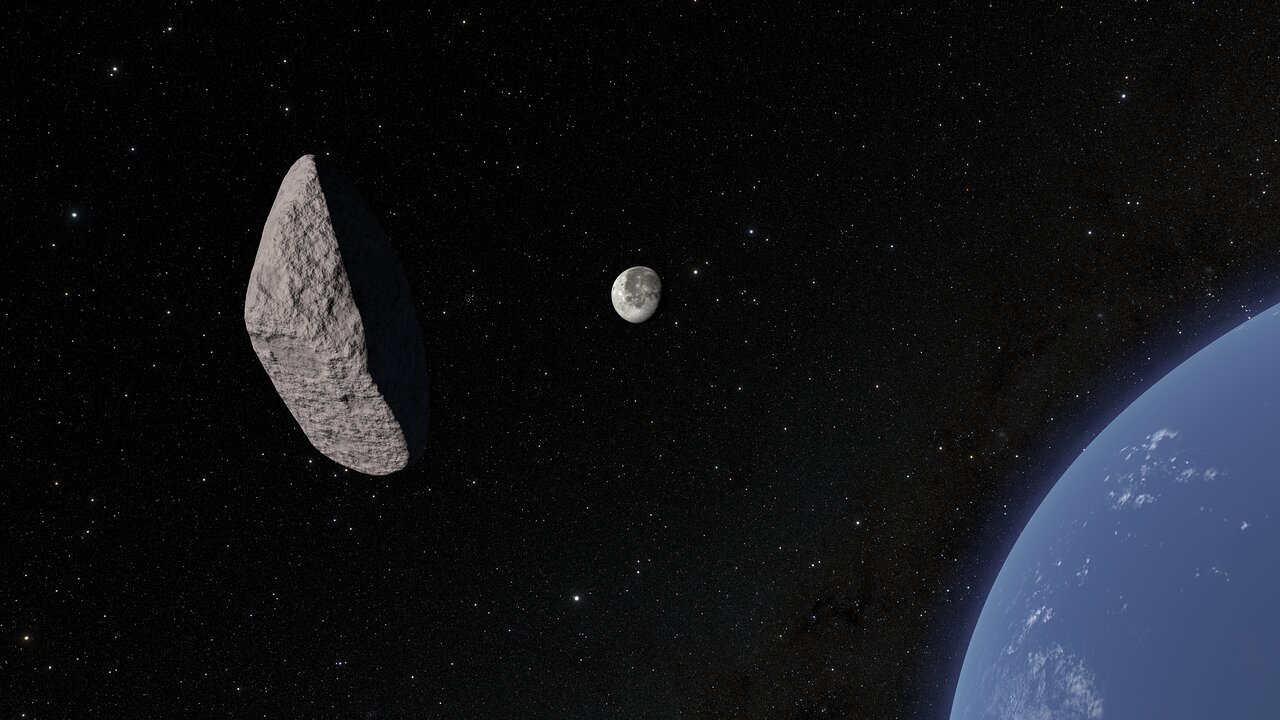
We now know the shape of notorious asteroid 2024 YR4 that dominated headlines recently — it's probably 'suburban,' too
By Sharmila Kuthunur Published
-
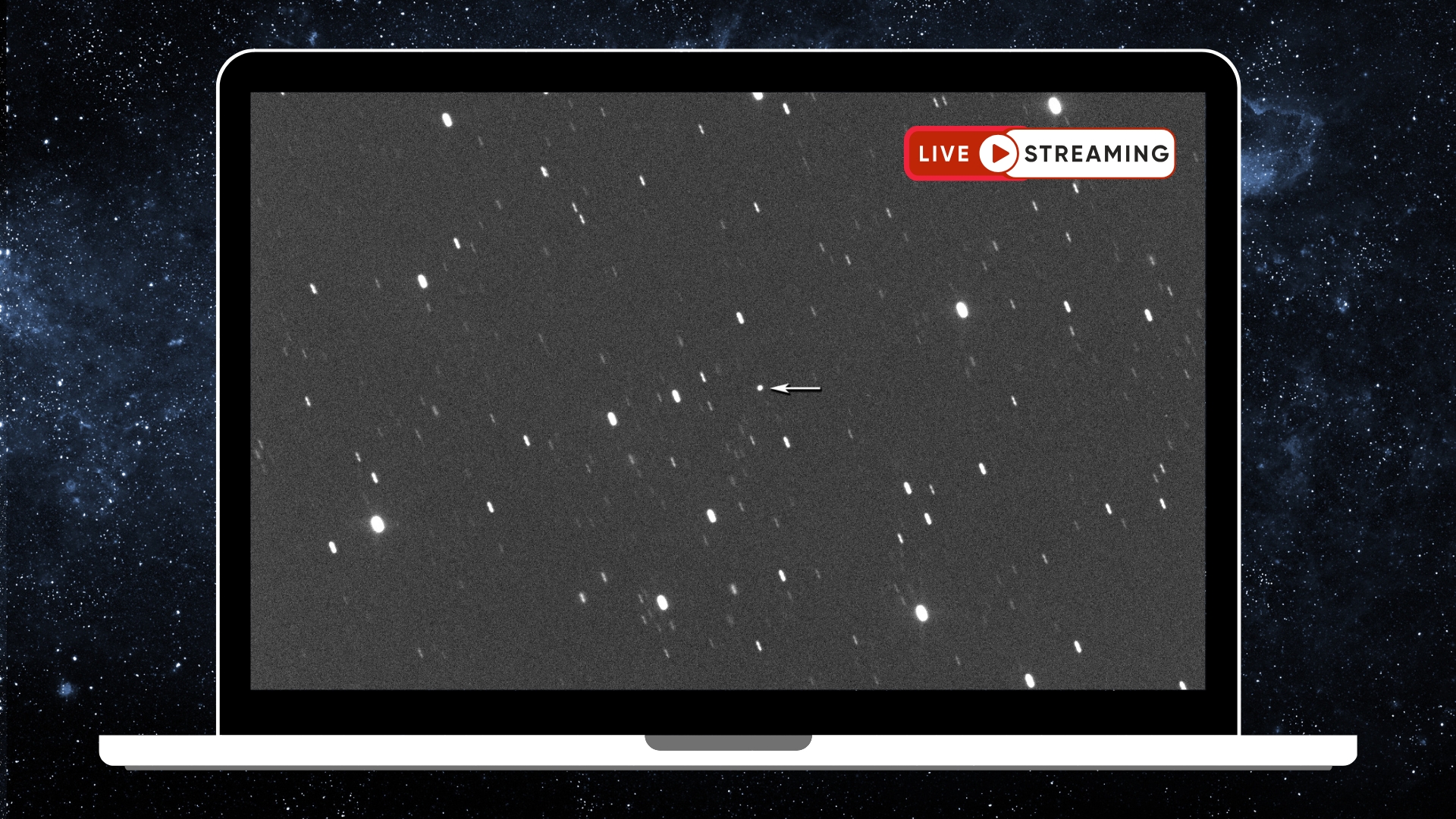
Watch 'potentially hazardous' asteroid fly near Earth this weekend in this free livestream
By Samantha Mathewson Published
-
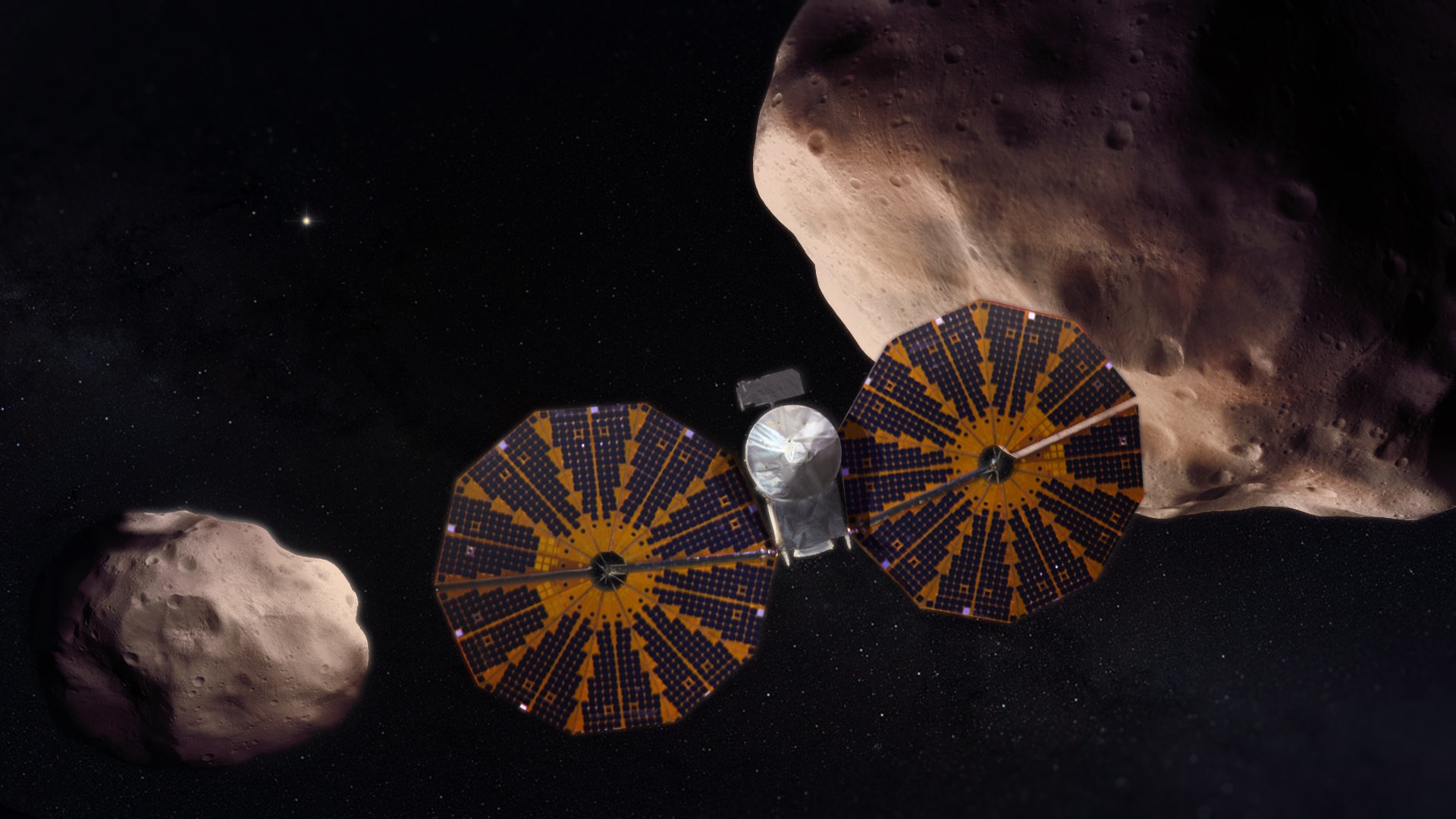
Next month NASA's Lucy probe will visit an asteroid that's been waiting 150 million years to say hello
By Julian Dossett Published
-
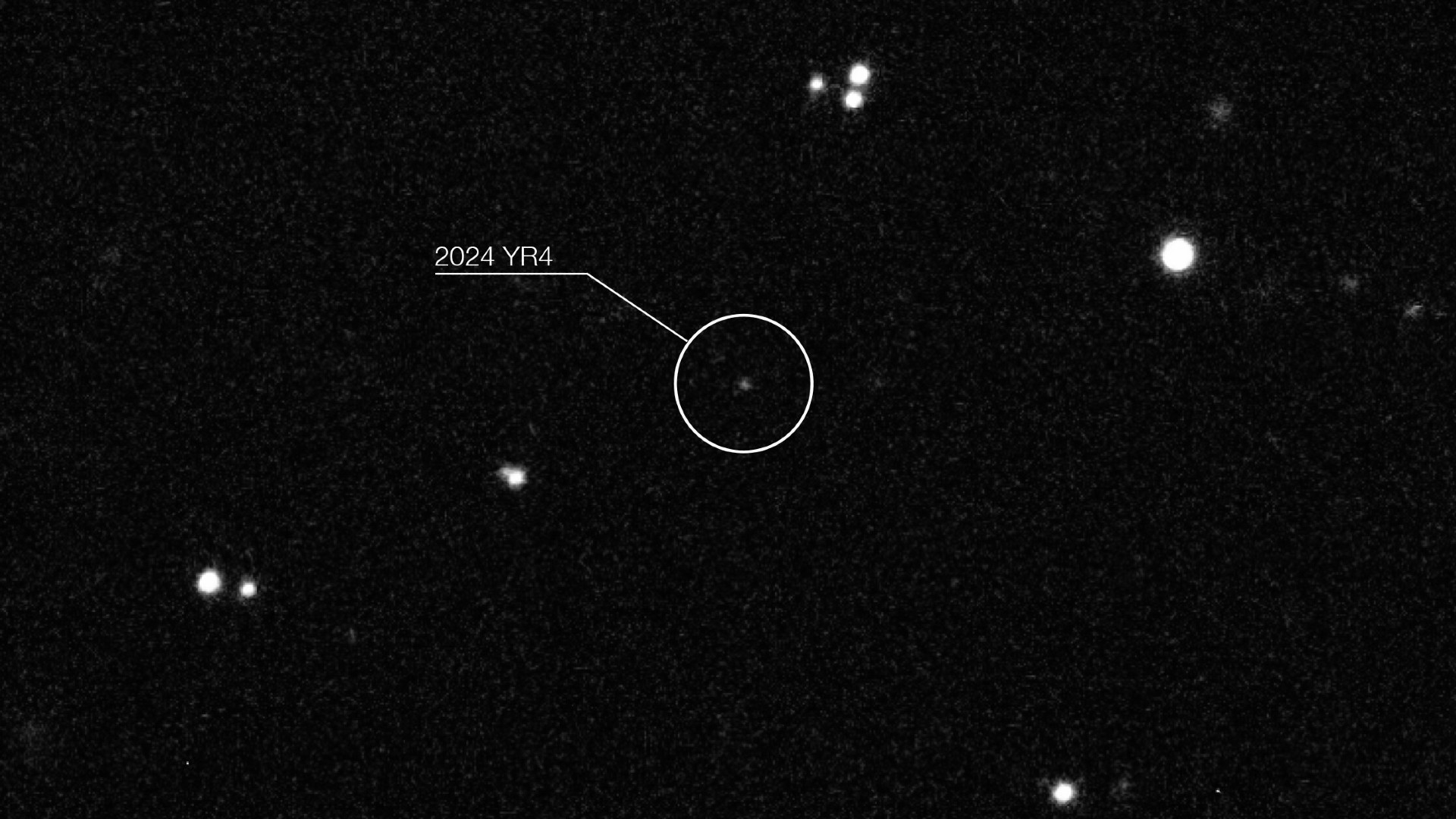
Asteroid 2024 YR4 no longer threatens to hit Earth, but we can still hit it — for science!
By Paul Sutter Published
-

The solar system is teeming with 1 million 'alien invaders' from Alpha Centauri
By Robert Lea Published
-

Watch asteroid 2024 YR4 zoom harmlessly through space after risk of hitting Earth falls to near zero (video)
By Samantha Mathewson Published
-
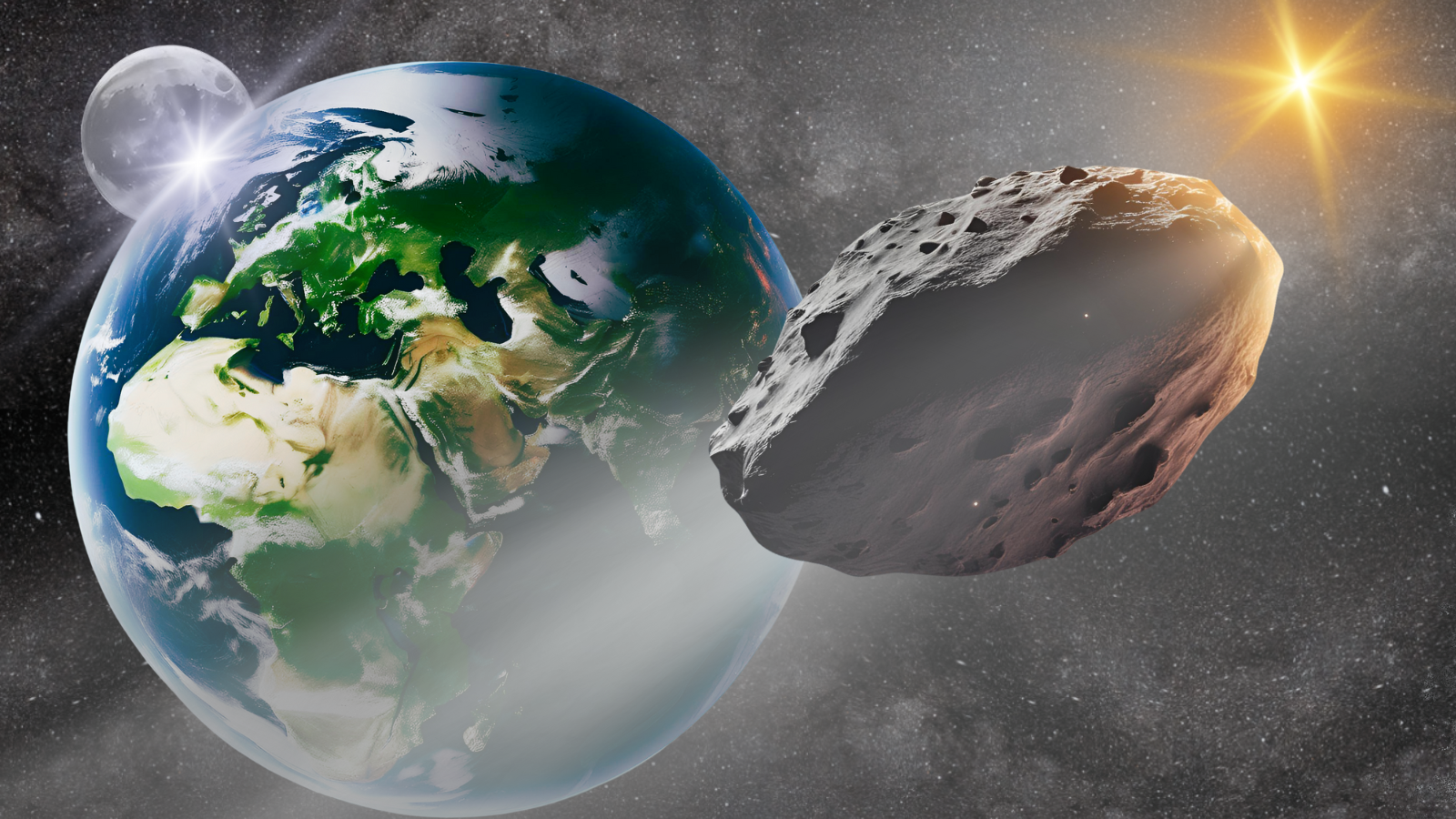
'That's impact probability zero folks!' Earth safe from 'city-killer' asteroid 2024 YR4
By Robert Lea Published
-
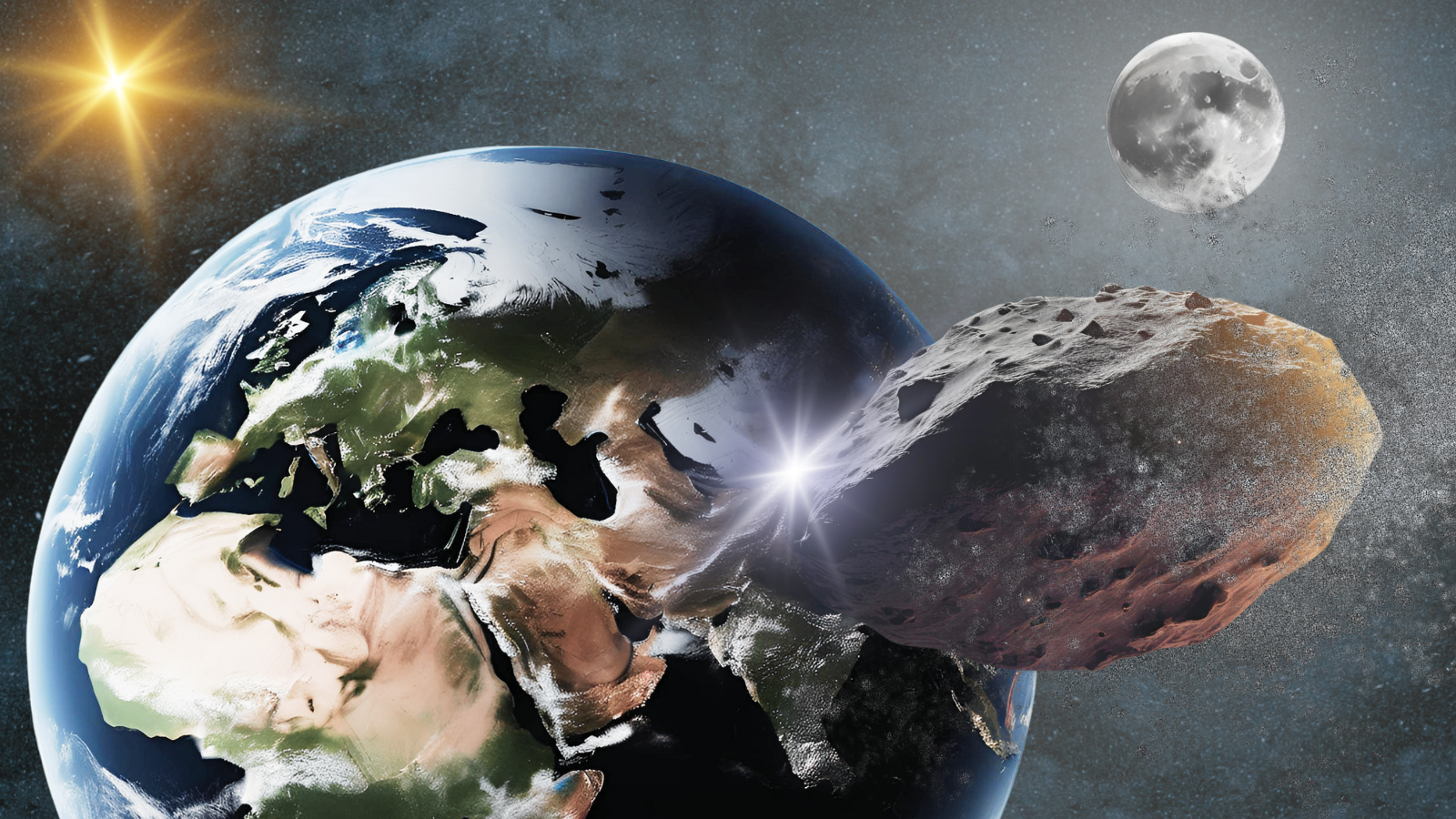
NASA massively lowers impact risk of 'city-killer' asteroid 2024 YR4 to 1 in 360
By Robert Lea Last updated
-
Comets
-
-
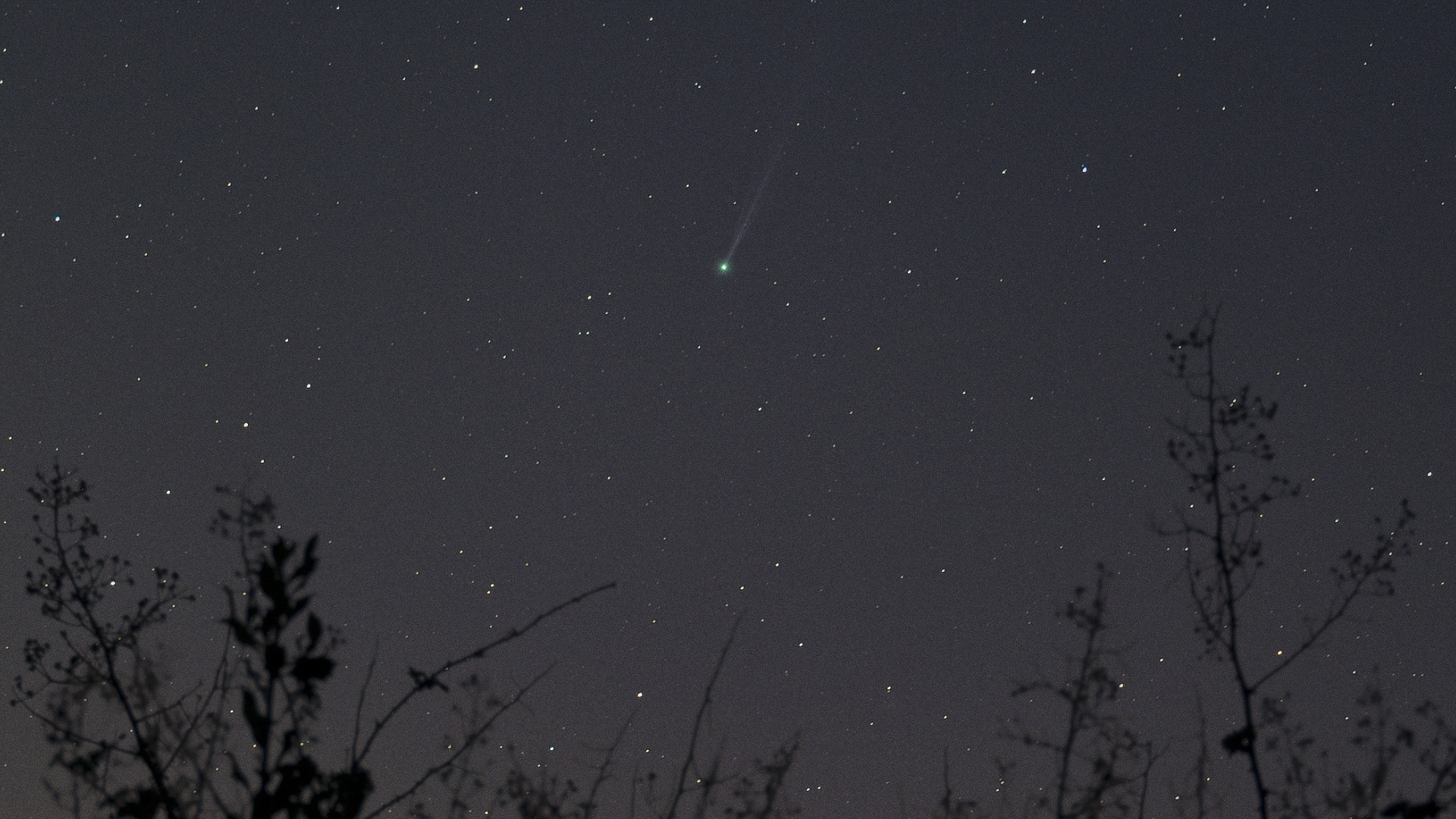
What to expect from the newfound Comet Swan: An observer's guide
By Joe Rao Published
-

Newly discovered Comet C/2025 F2 (SWAN) captured in stunning photo blazing across UK skies
By Daisy Dobrijevic Last updated
-
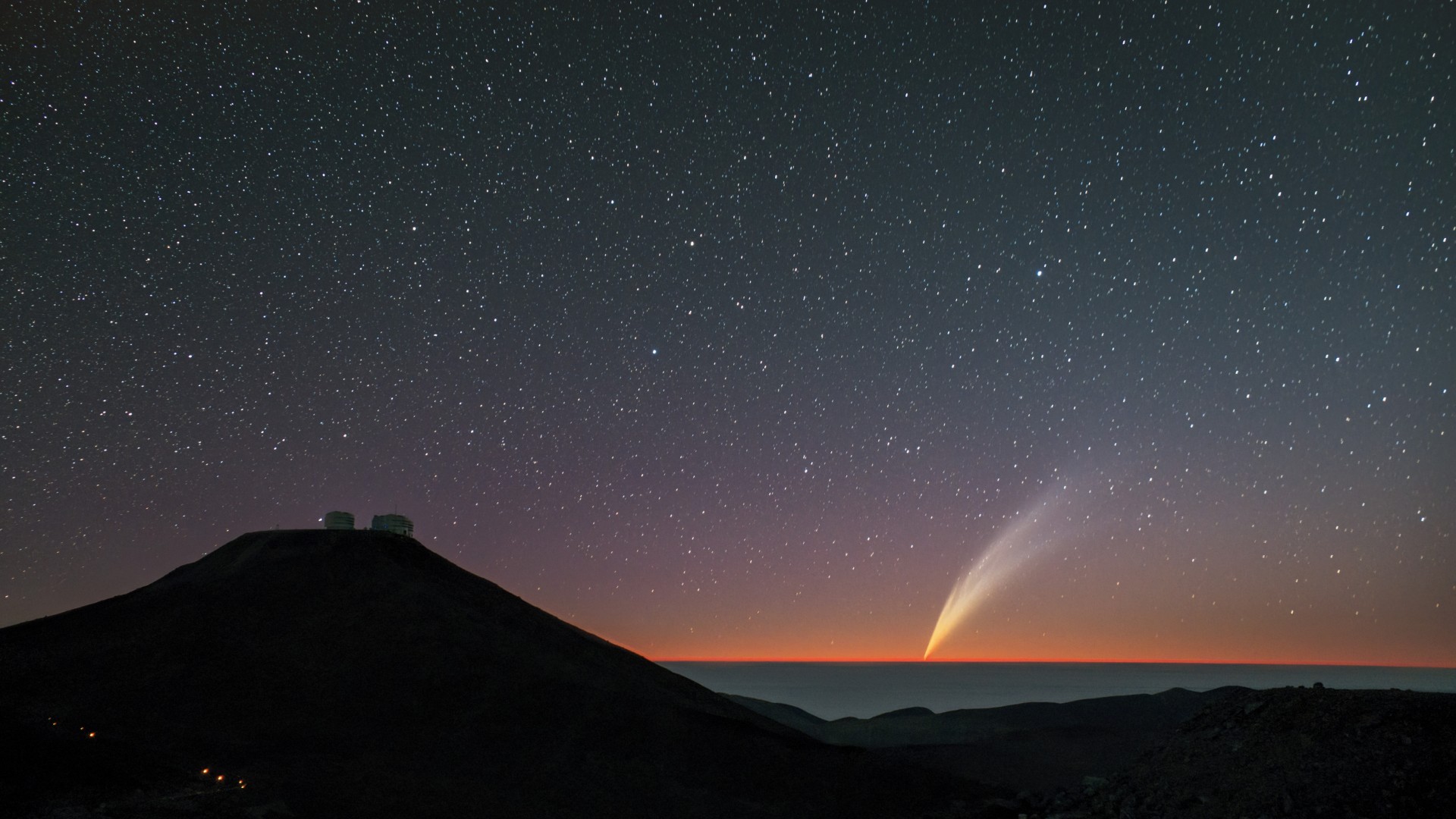
Comet G3 (ATLAS) looks breathtaking above future home of world's largest telescope (photos)
By Brett Tingley Published
-
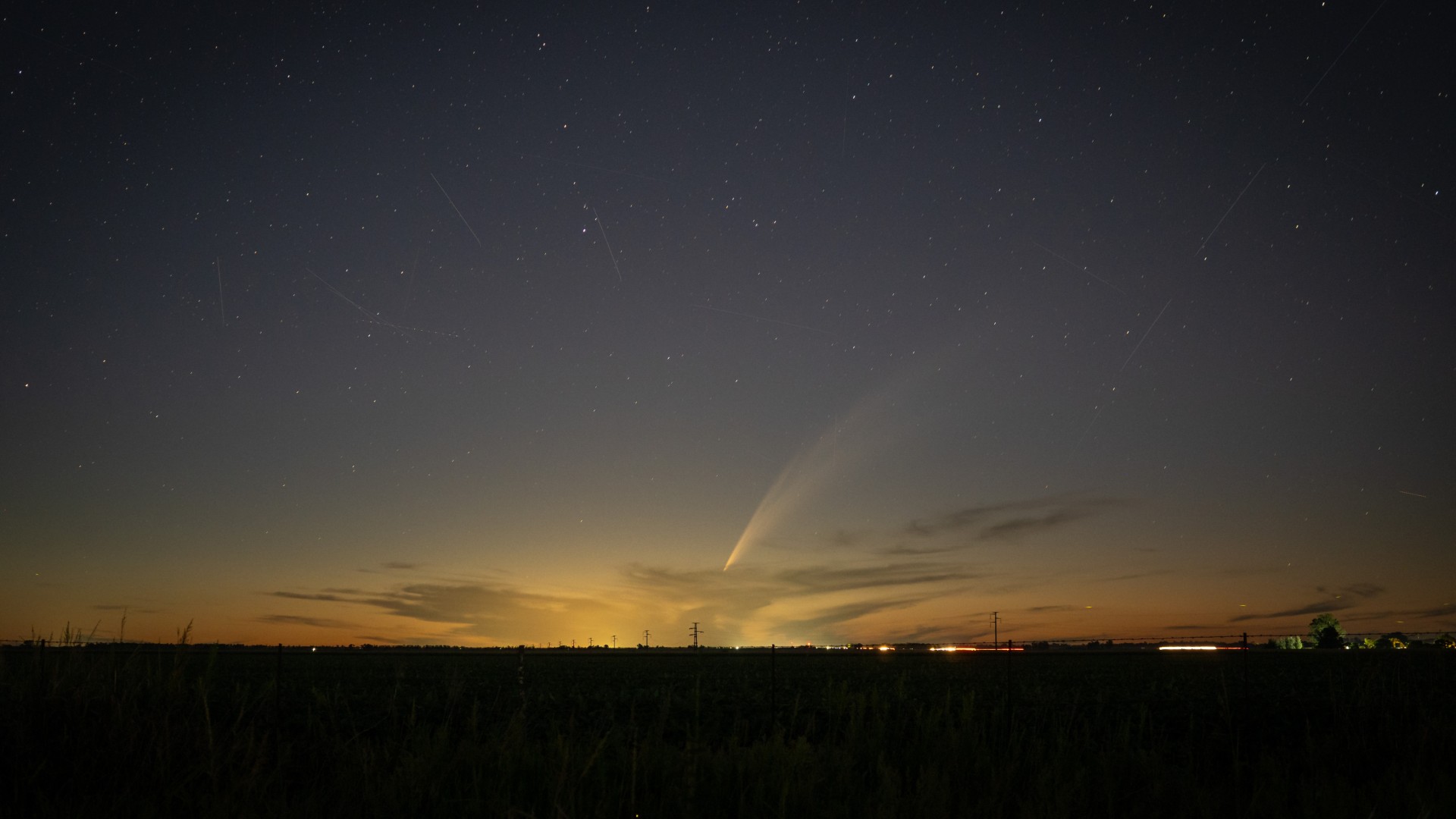
Why Comet G3 (ATLAS) will be 'remembered as the Great Comet of 2025' (photos)
By Joe Rao Published
-

Trillions of comets discovered orbiting alien planet systems (image)
By Keith Cooper Published
-

Photographer captures rare Comet G3 ATLAS from UK in dramatic 'once-in-a-lifetime' image
By Daisy Dobrijevic Published
-
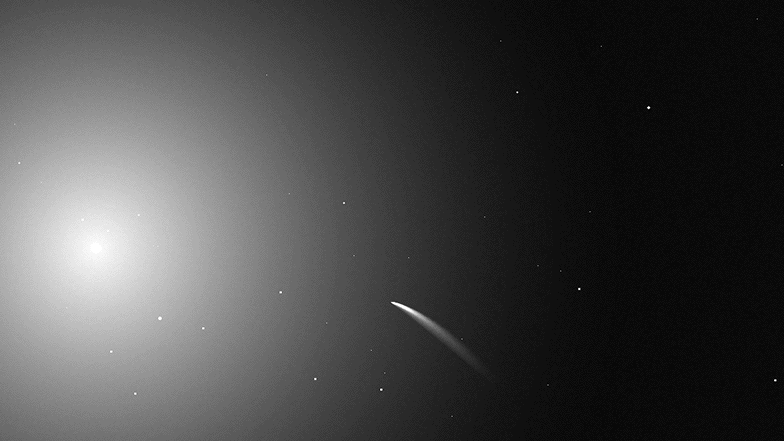
Once-in-a-160000-year comet G3 ATLAS could shine as bright as Venus next week. Here's what to expect.
By Joe Rao Published
-
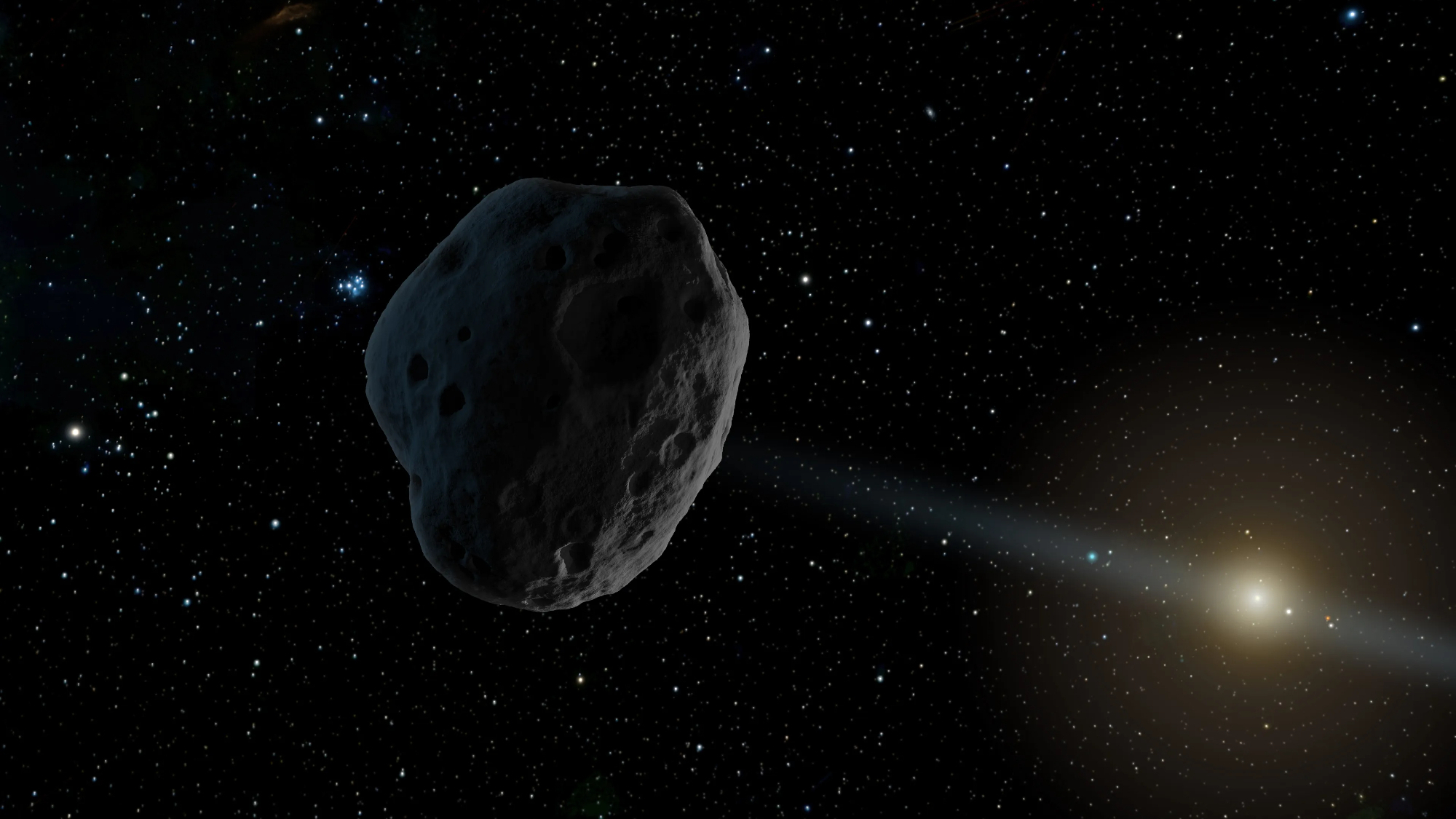
Big 'dark comet' discoveries could be coming in 2025
By Darryl Seligman Published
-
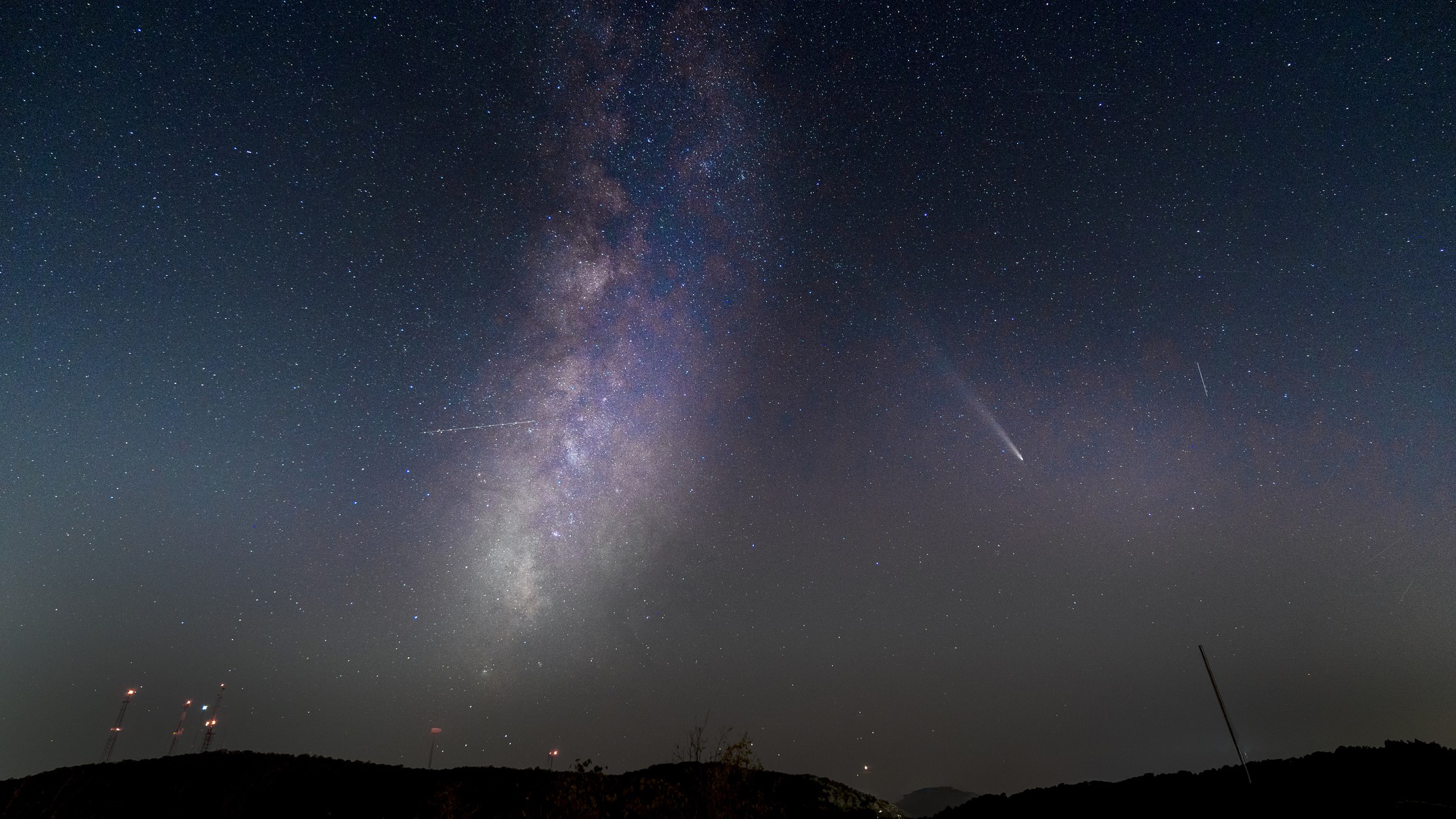
Get ready for the 'New Year Comet': What to expect from Comet ATLAS (C/2024) G3
By Jamie Carter Published
-
Dwarf planets
-
-
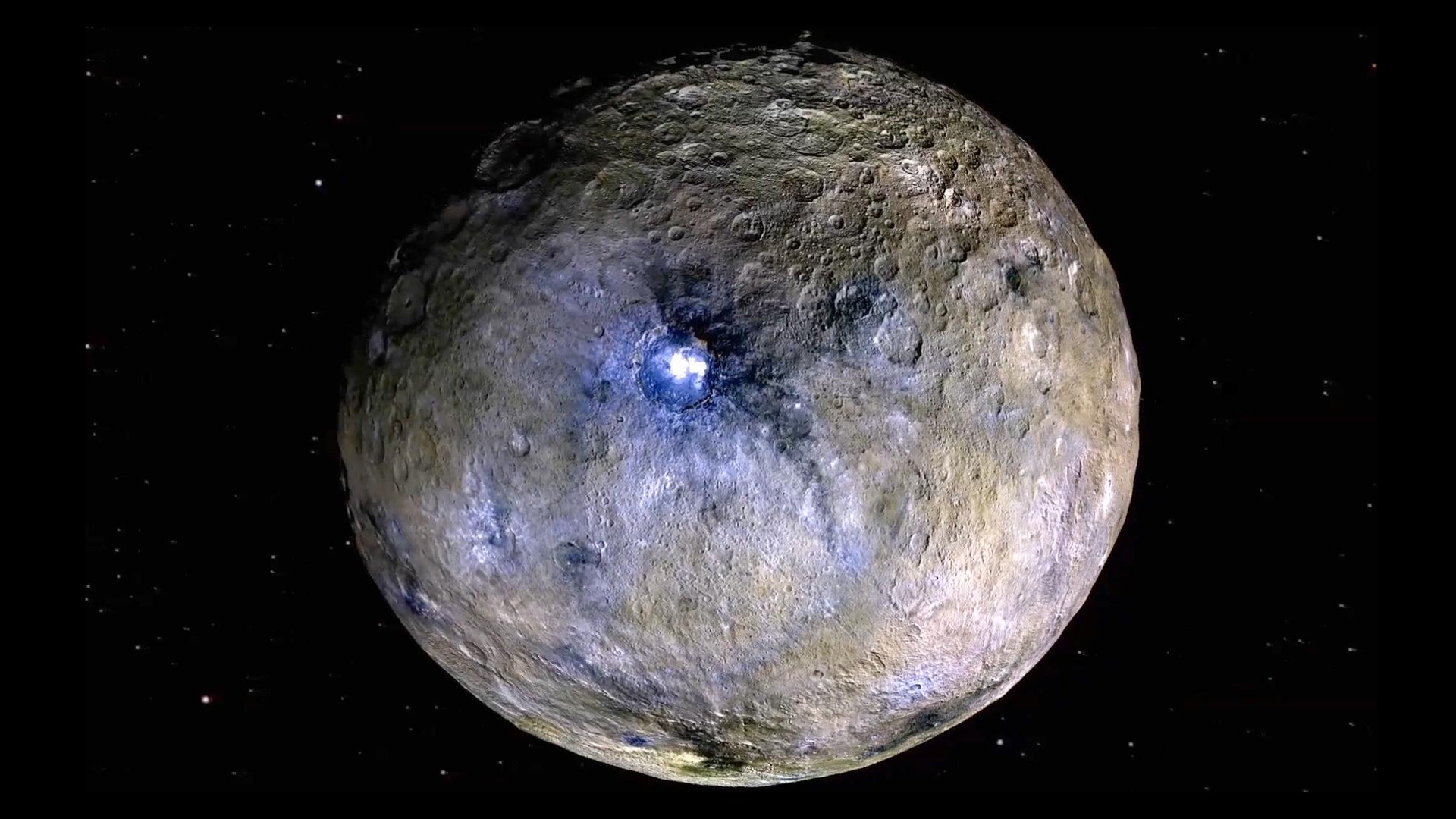
How did life's building blocks end up on dwarf planet Ceres?
By Victoria Corless Published
-
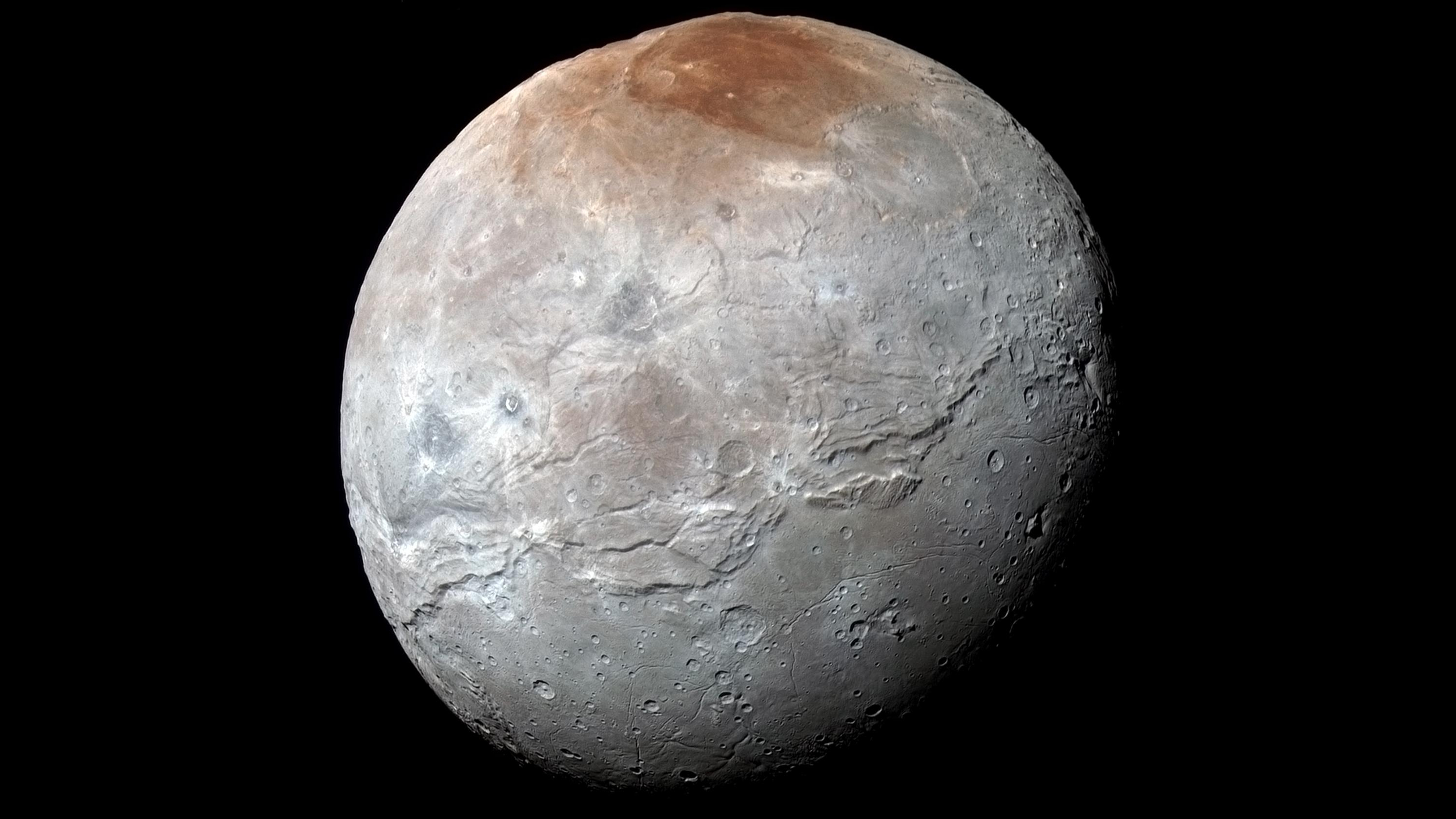 Reference
ReferenceCharon: Pluto's dwarf planet partner
By Keith Cooper Last updated
-
 Reference
ReferenceCeres: The closest dwarf planet to Earth
By Keith Cooper Last updated
-
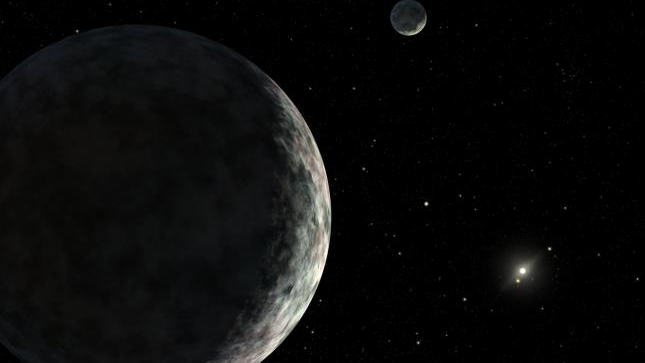
Pluto's 'almost twin' dwarf planet Eris is surprisingly squishy
By Sharmila Kuthunur Published
-
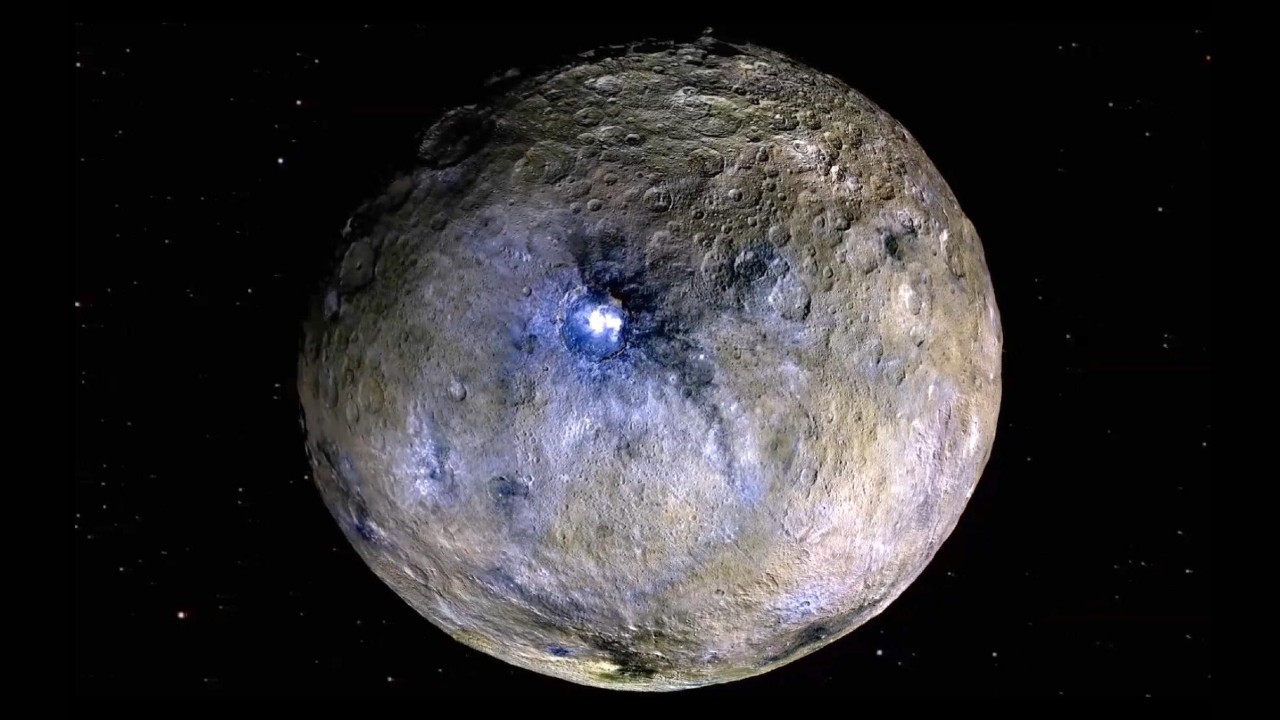
Dwarf planet Ceres could be a great place to hunt for alien life. Here's why
By Sharmila Kuthunur Published
-
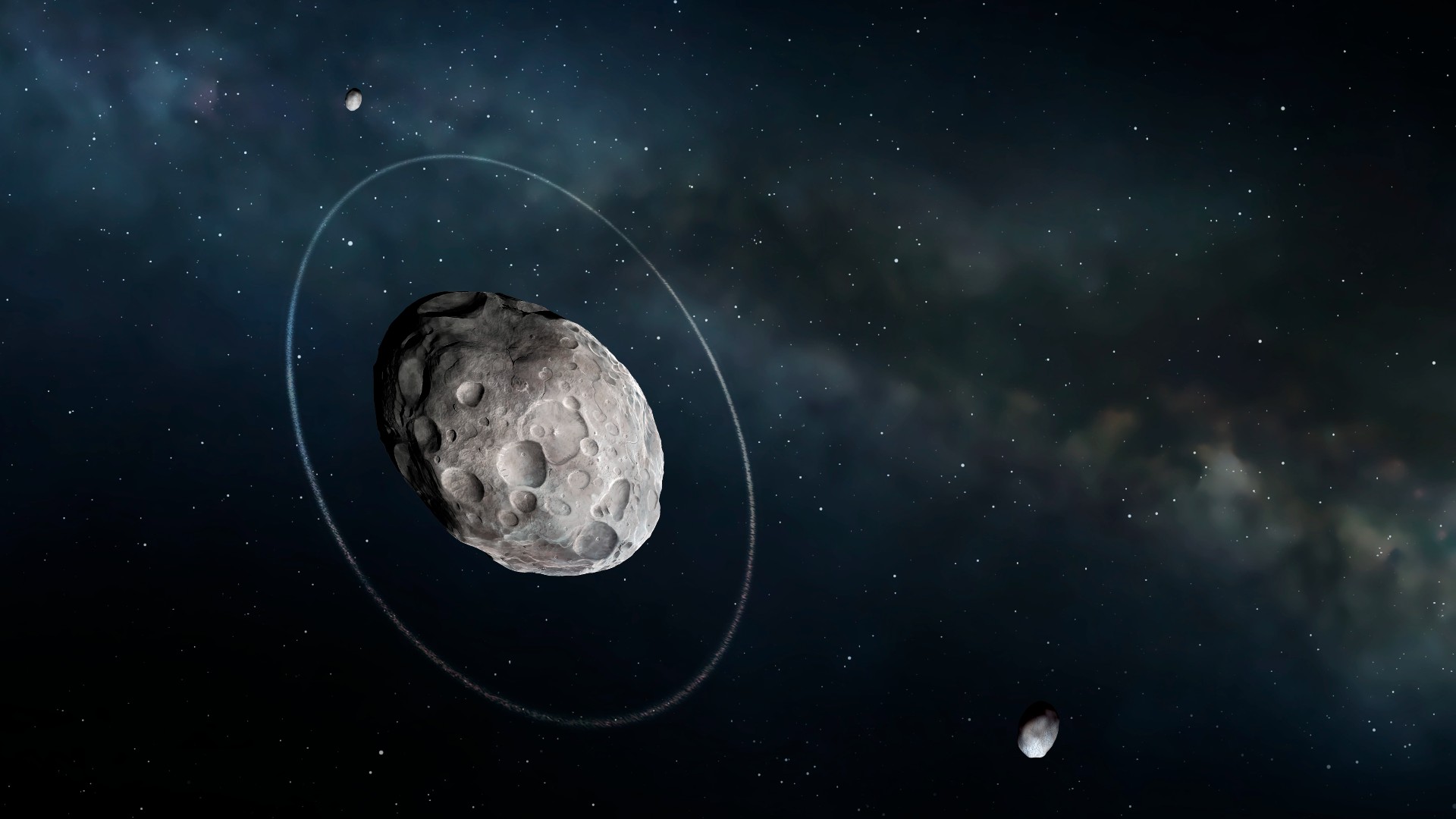
See dwarf planet Haumea at its closest to Earth in 285 years tonight
By Stefanie Waldek Published
-
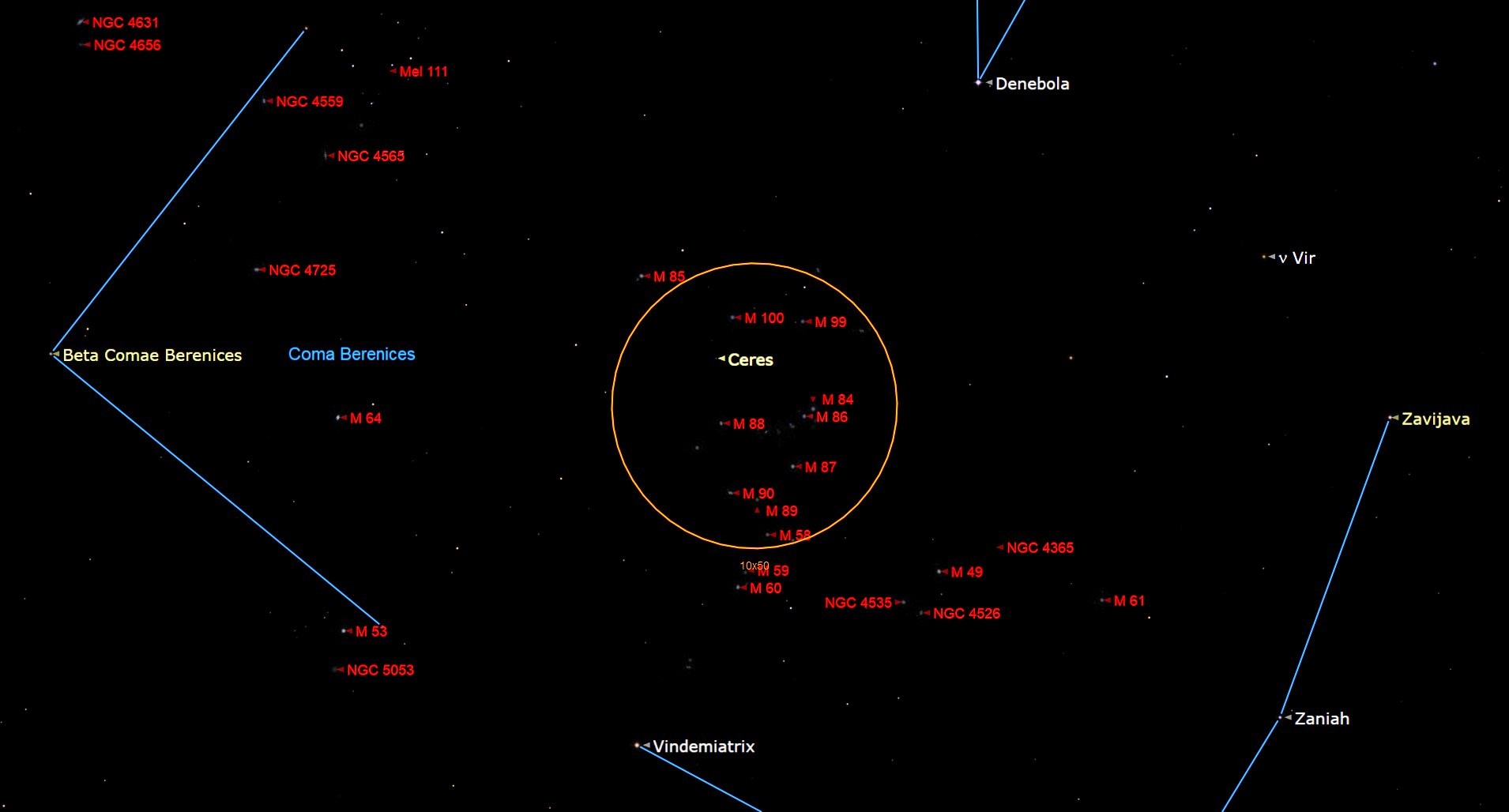
Spot dwarf planet Ceres during the new moon tonight
By Robert Lea Published
-
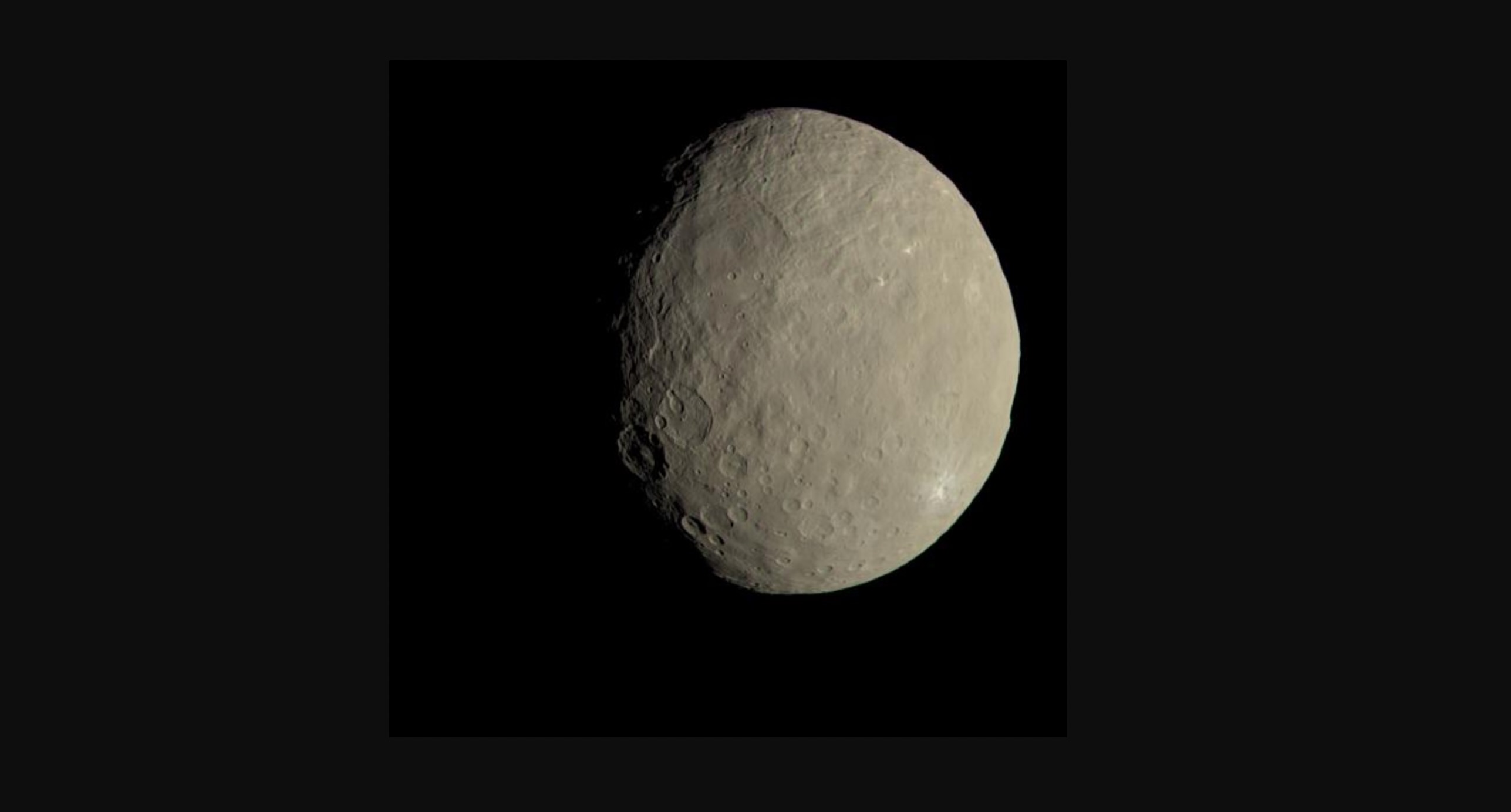
Astronomers spy new class of dark, water-rich asteroids like dwarf planet Ceres
By Sharmila Kuthunur Published
-
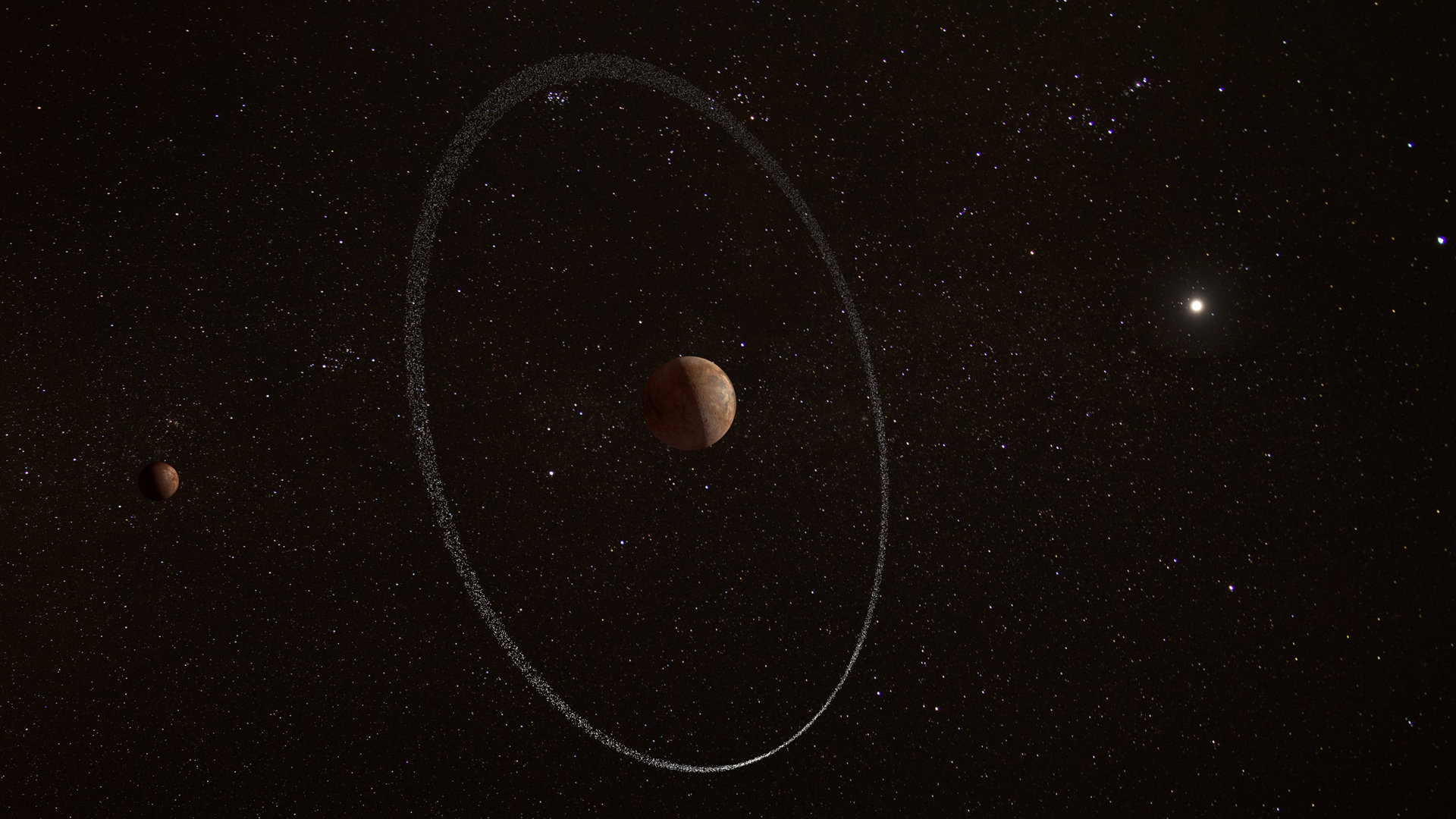
A dwarf planet beyond Neptune has a mysterious ring that astronomers can't explain
By Tereza Pultarova Published
-
Earth
-
-
 Reference
ReferenceTax Day in space: How do astronauts pay taxes off Earth?
By Elizabeth Howell Last updated
-

The newest GOES weather satellite in NOAA's fleet is now fully operational (video)
By Meredith Garofalo Published
-

Elon Musk's DOGE team given 'alarming degree' of access to NASA systems, House Democrats say
By Monisha Ravisetti Published
-
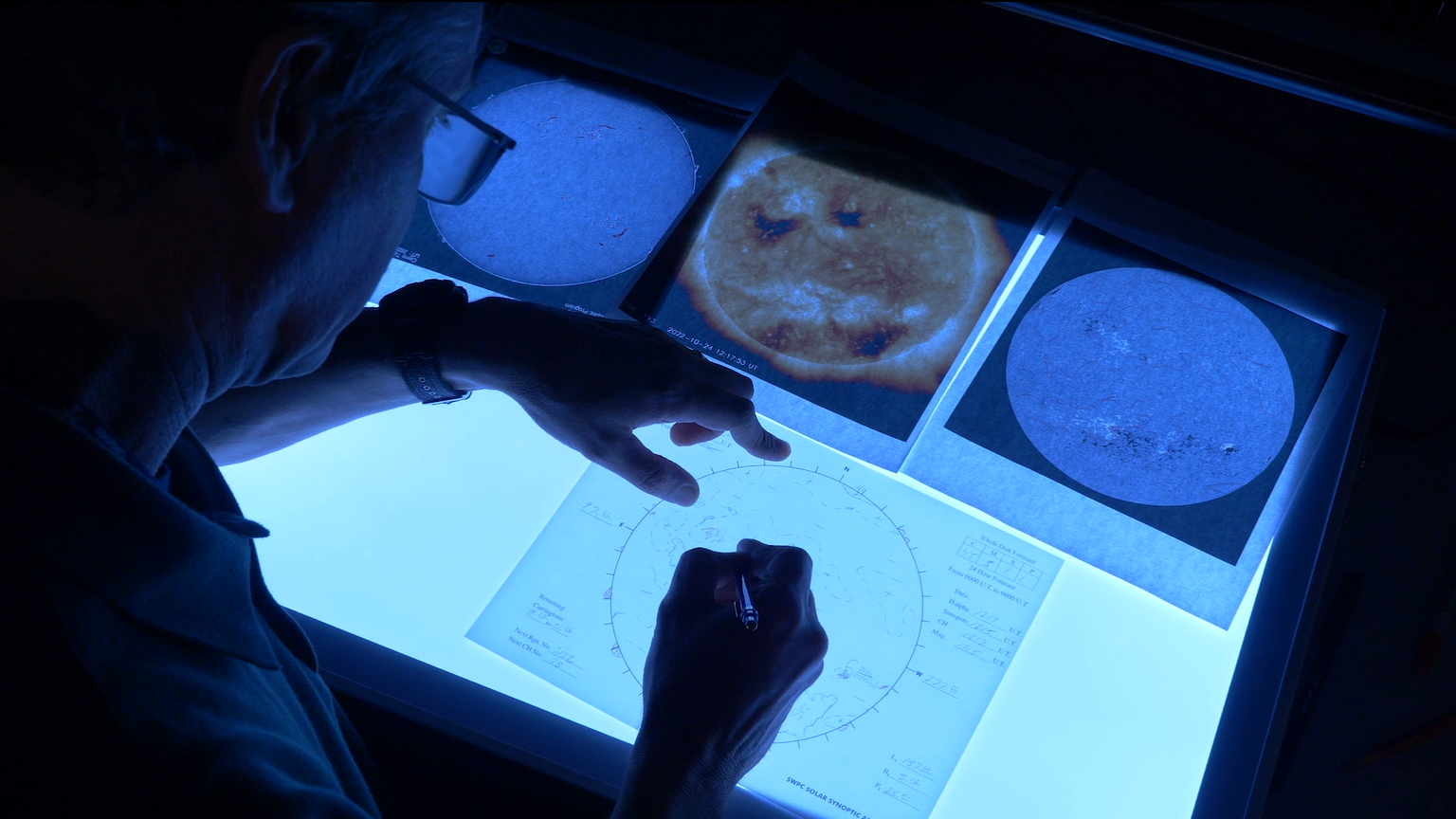
Trump administration's NOAA layoffs affected the space weather service that tracks solar storms
By Meredith Garofalo Published
-

'Major disruption' has caused Arctic polar vortex to slide off North Pole, scientists say
By Sascha Pare Published
-

North America is 'dripping' down into Earth's mantle, scientists discover
By Sascha Pare Published
-

Rare colorful lightning caught on camera by ISS astronaut. 'OK, this is kind of out there'
By Brett Tingley Published
-

How to debate a flat-Earther: Proven scientific arguments and strategies
By Paul Sutter Last updated
-
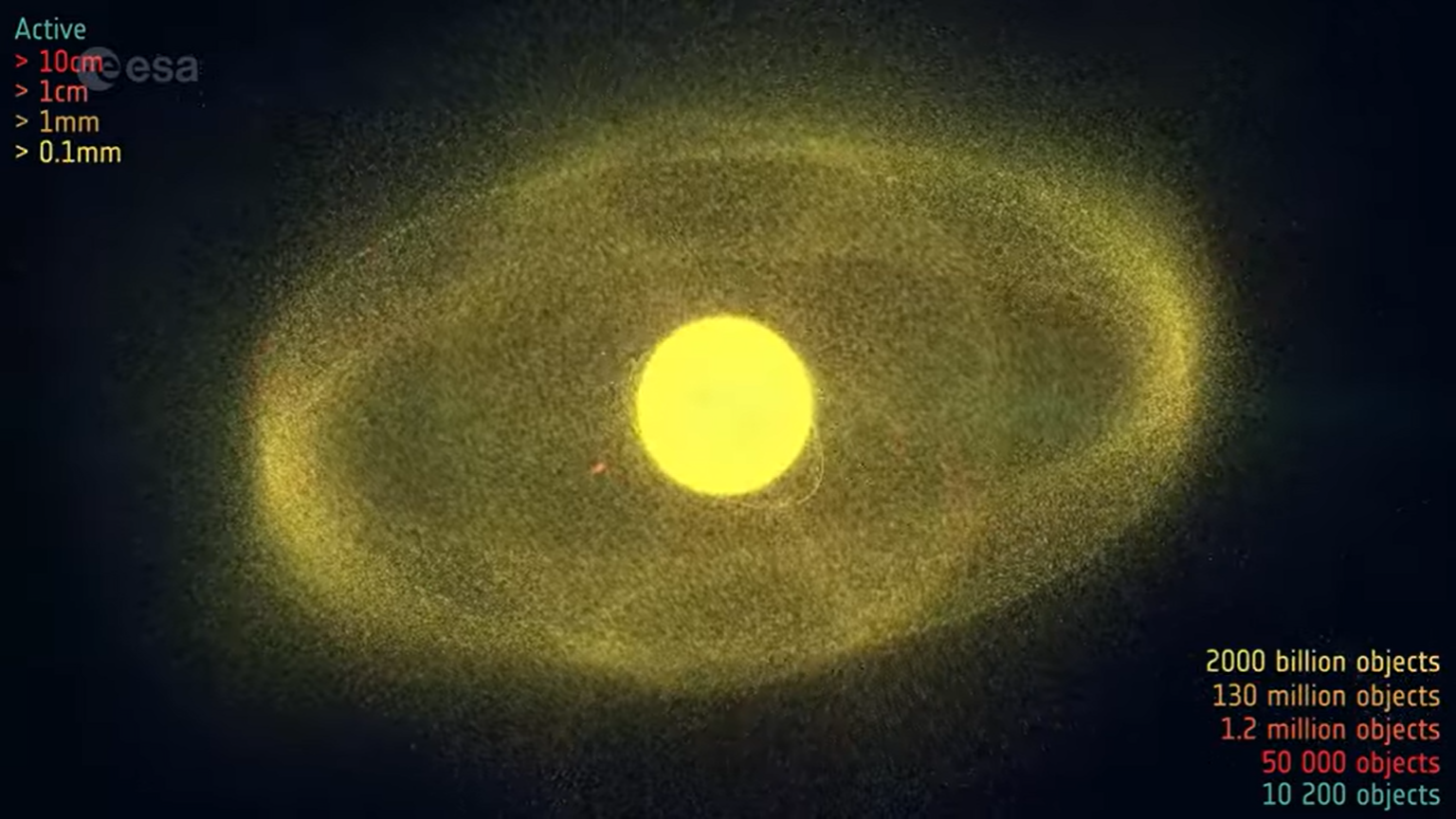
ESA's new documentary paints worrying picture of Earth's orbital junk problem
By Monisha Ravisetti Published
-
Jupiter
-
-
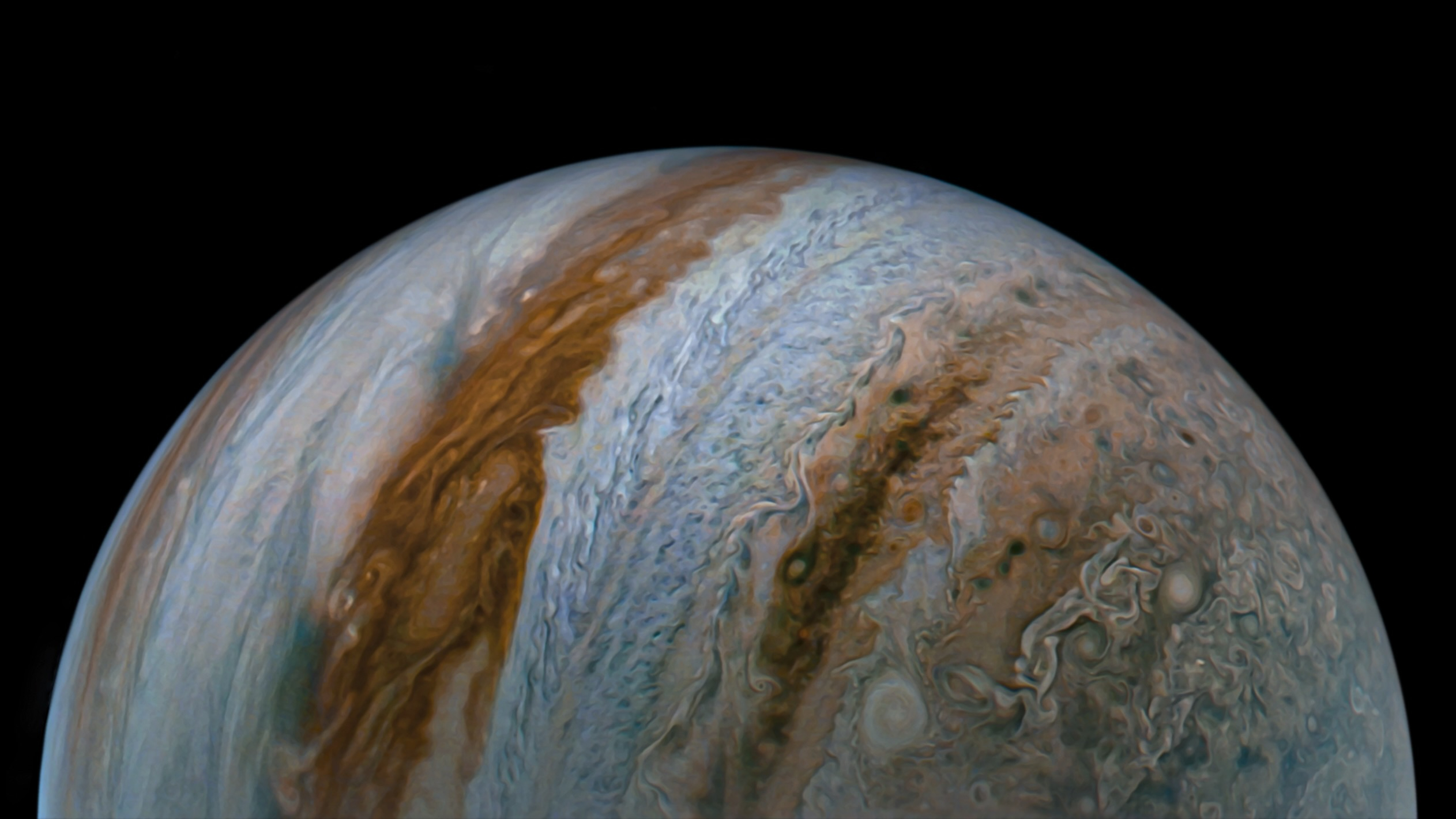
Major storms on Jupiter can leave a fingerprint in the planet's atmosphere
By Kiona N. Smith Published
-

Powerful solar winds squish Jupiter's magnetic field 'like a giant squash ball'
By Victoria Corless Published
-
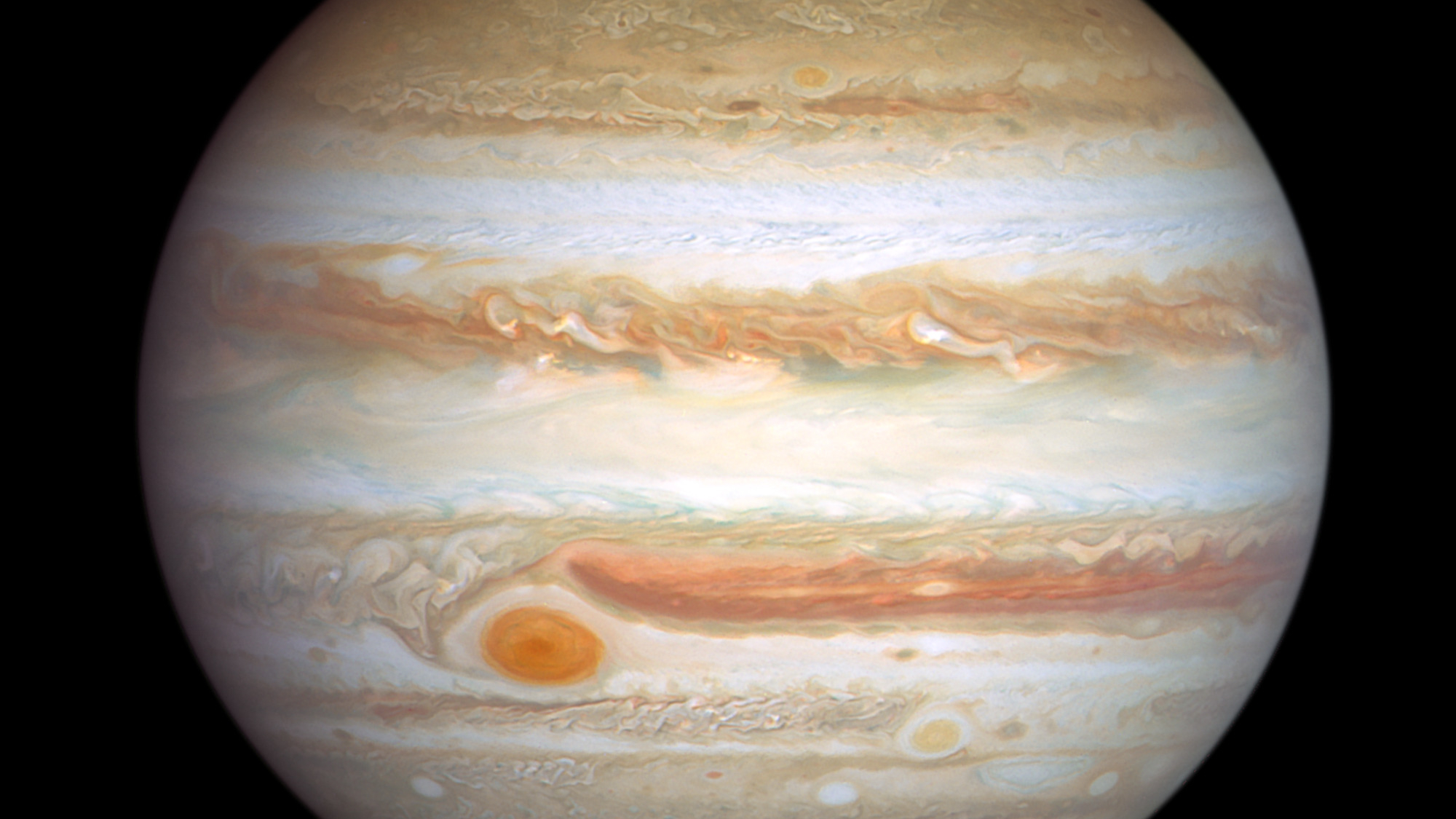
An amateur astronomer used an old technique to study Jupiter — and found something strange
By Victoria Corless Published
-
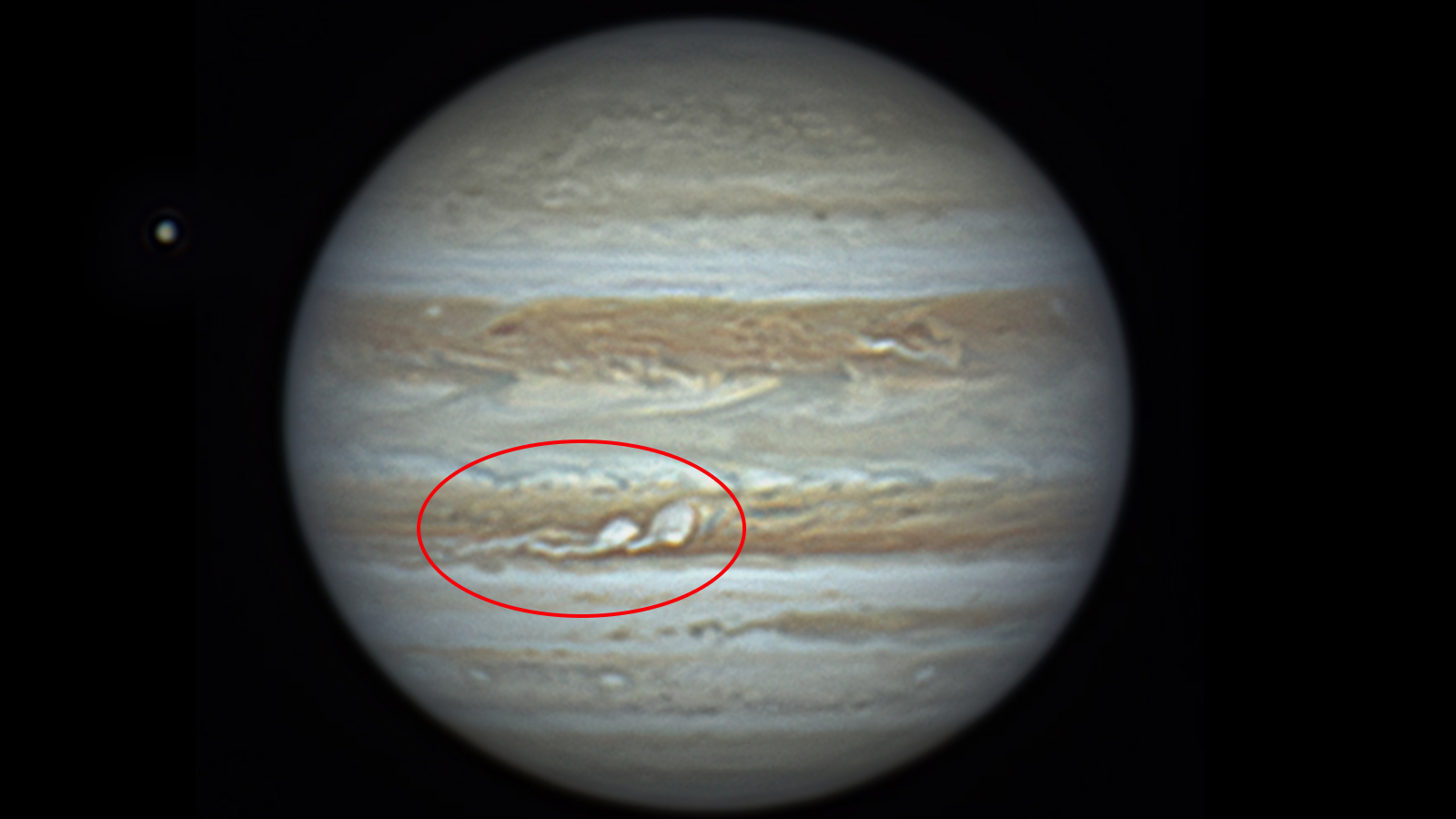
New thunderstorms wider than Earth are spewing out green lightning on Jupiter — and could make one of the gas giant's massive bands disappear
By Harry Baker Published
-
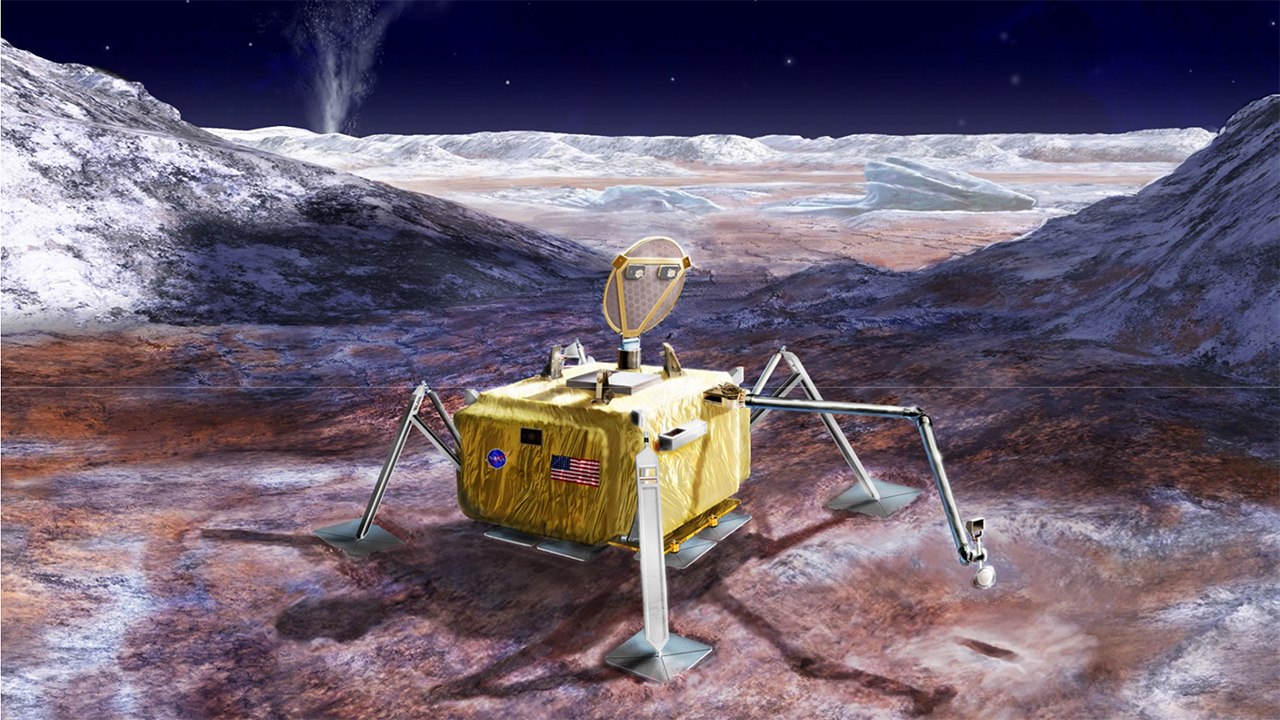
NASA tests high-tech software for future mission to search for life on Jupiter's moon Europa
By Keith Cooper Published
-
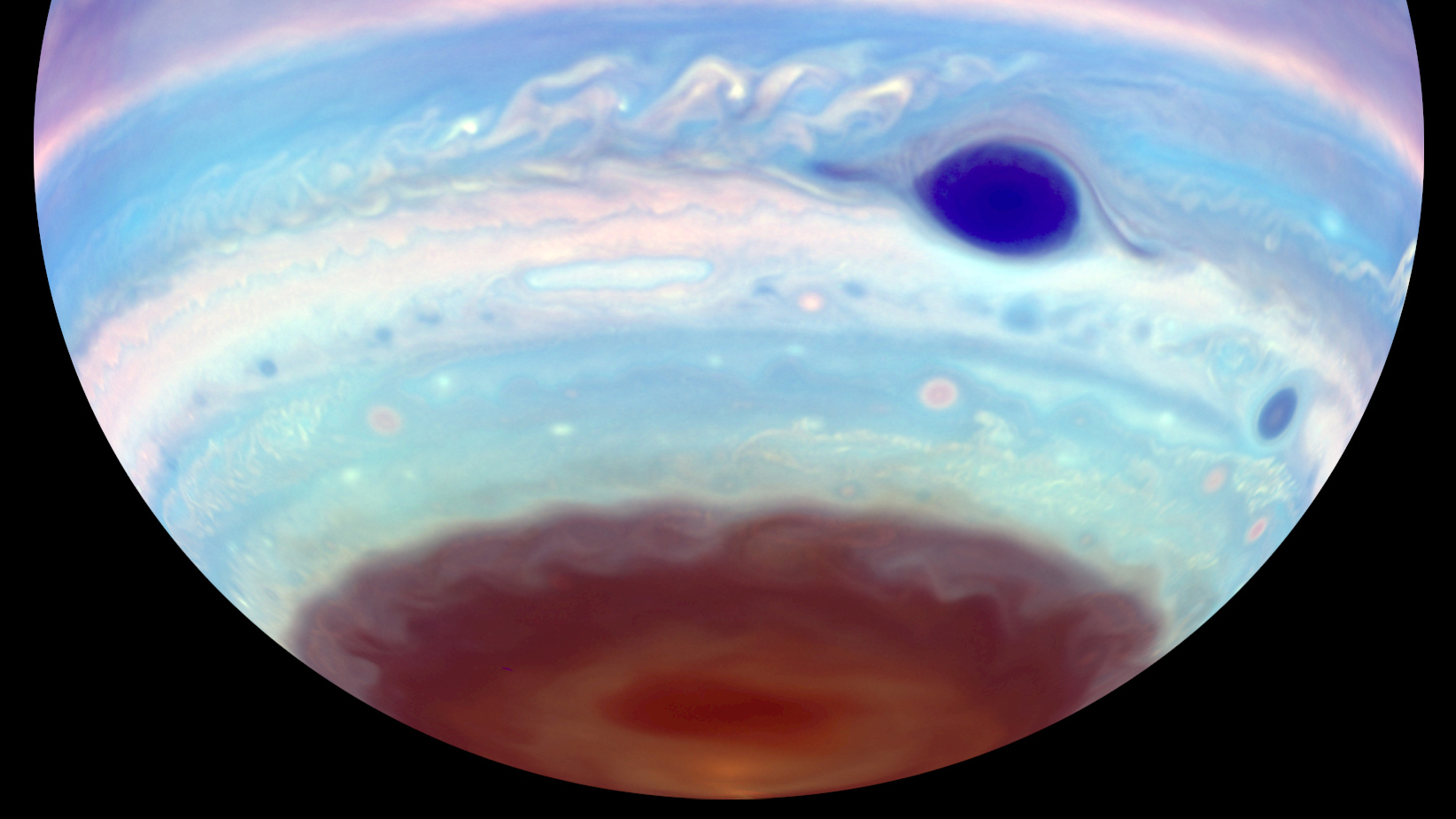
Magnetic tornadoes on Jupiter are spawning Earth-size storms
By Keith Cooper Published
-
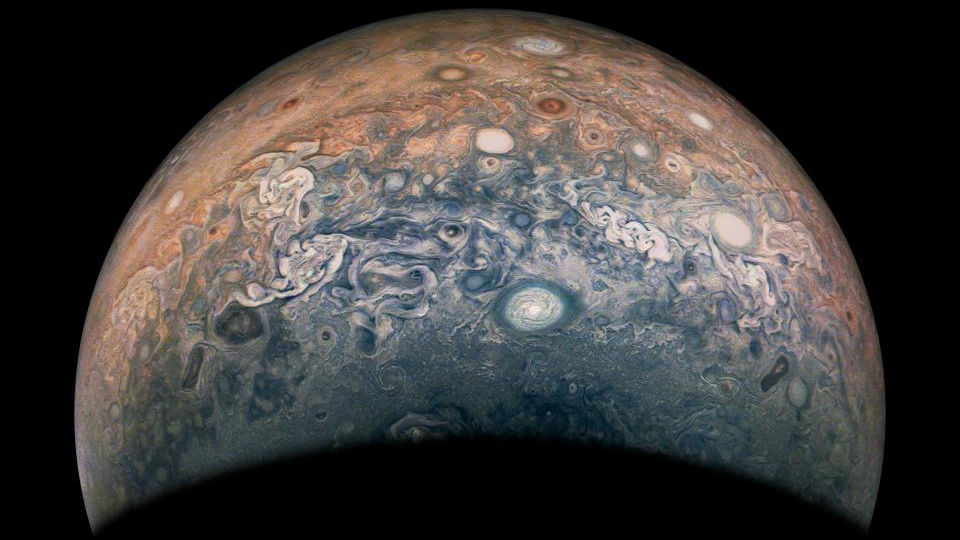
Jupiter's storms and its 'potato' moon Amalthea stun in new NASA Juno probe images
By Samantha Mathewson Published
-
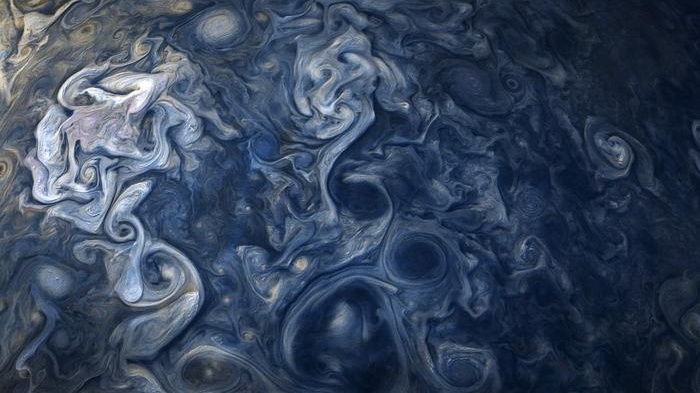
How can Jupiter have no surface? A dive into a planet so big, it could swallow 1,000 Earths
By Benjamin Roulston Published
-
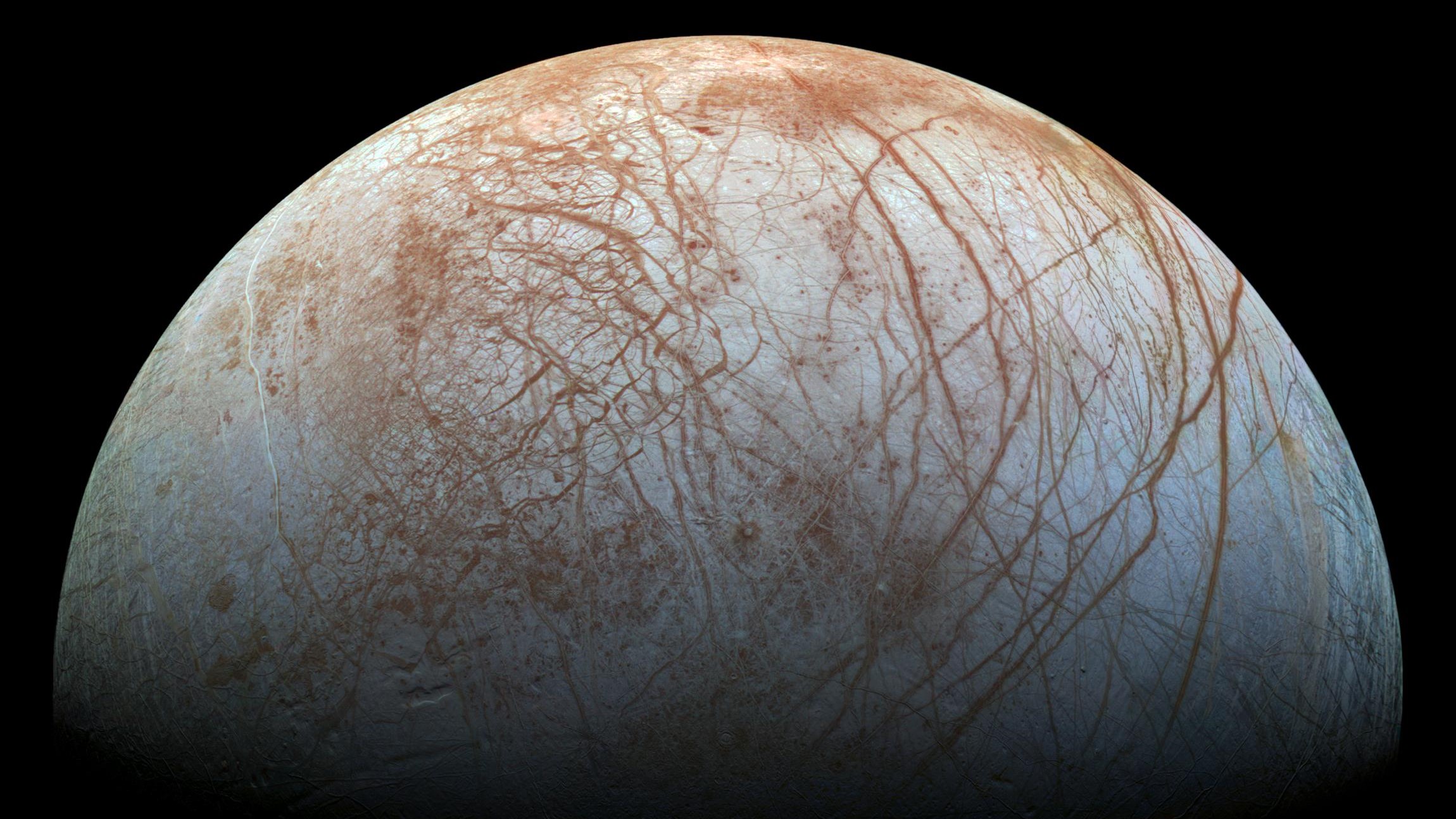
Explore Jupiter's icy ocean moon Europa in NASA virtual tour (photos)
By Stefanie Waldek Published
-
Mars
-
-

New photos from European Mars orbiter show dynamic, volcanic Red Planet terrain
By Julian Dossett Published
-
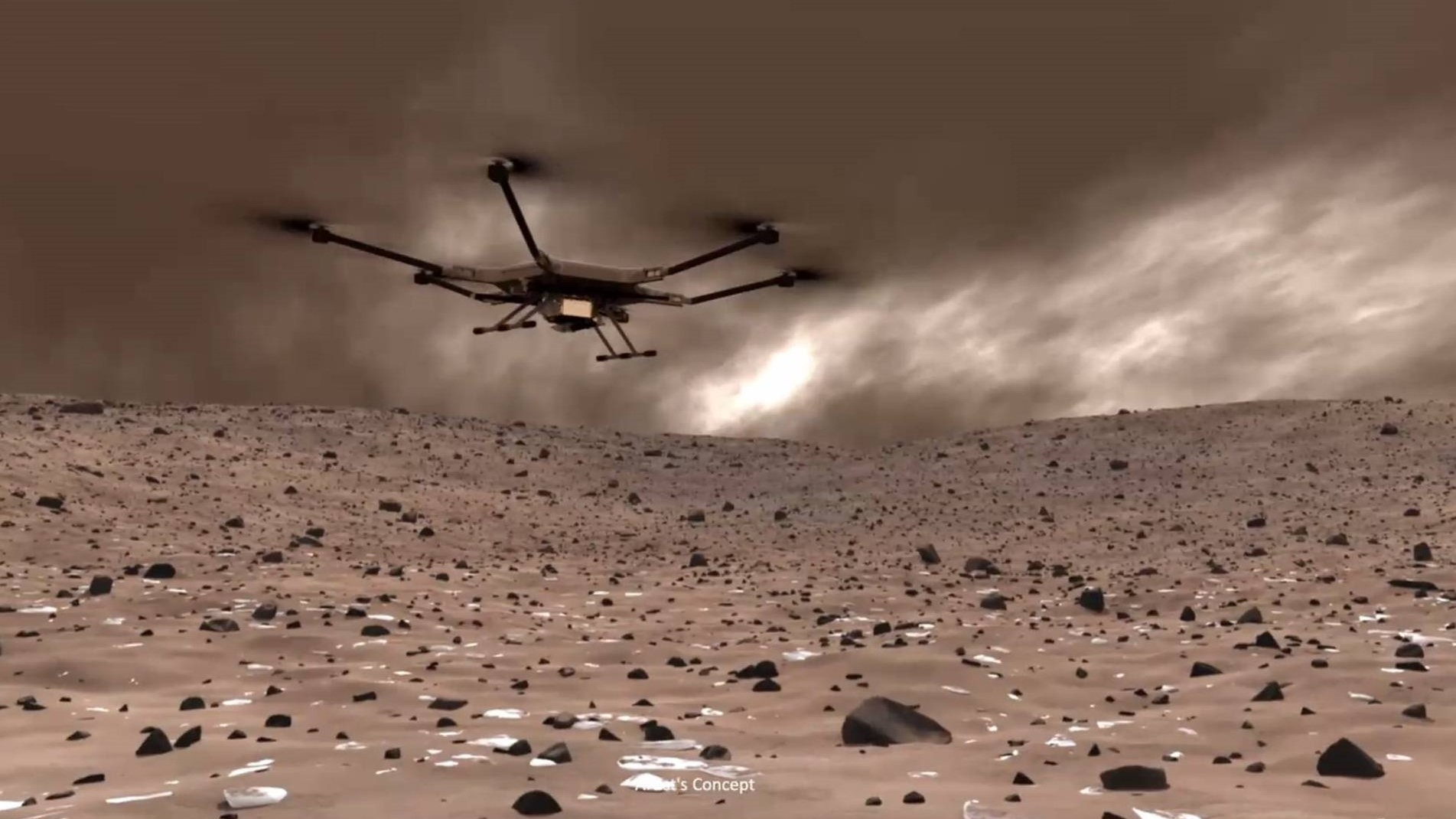
Meet 'Nighthawk': Mars helicopter mission could be big leap for exploration
By Andrew Jones Published
-
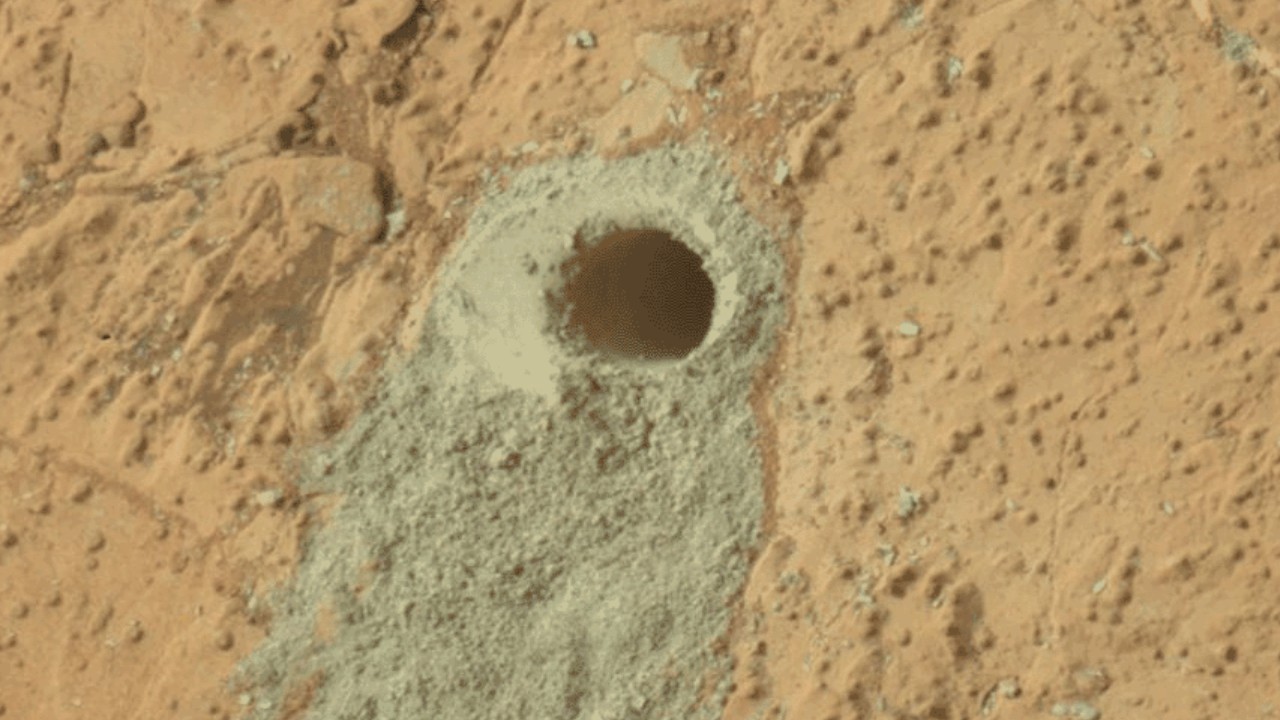
Curiosity Mars rover discovers largest organic molecules ever seen on Red Planet
By Keith Cooper Published
-
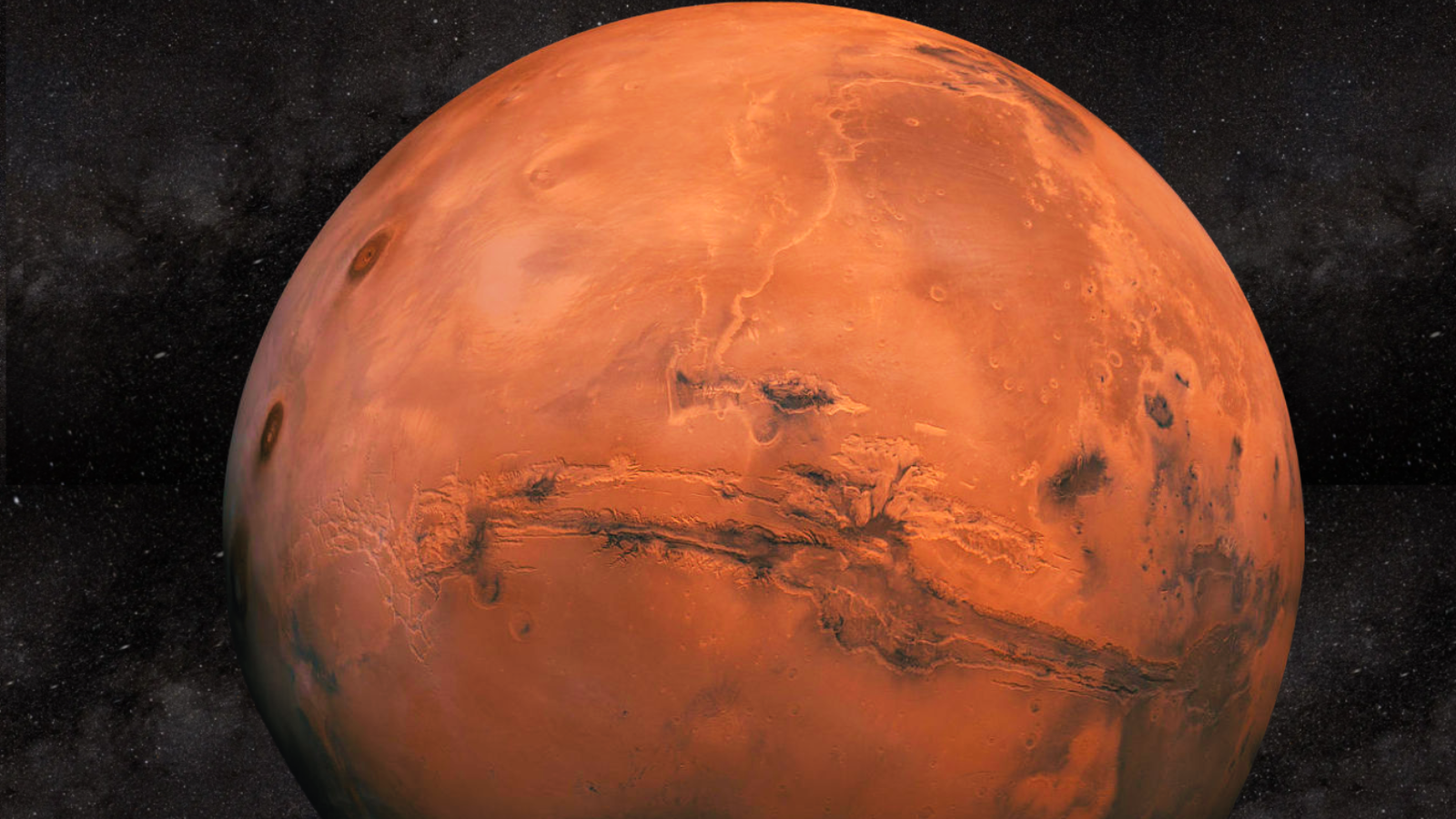
What happened to all the water on Mars? Here's why the debate continues
By Victoria Corless Published
-
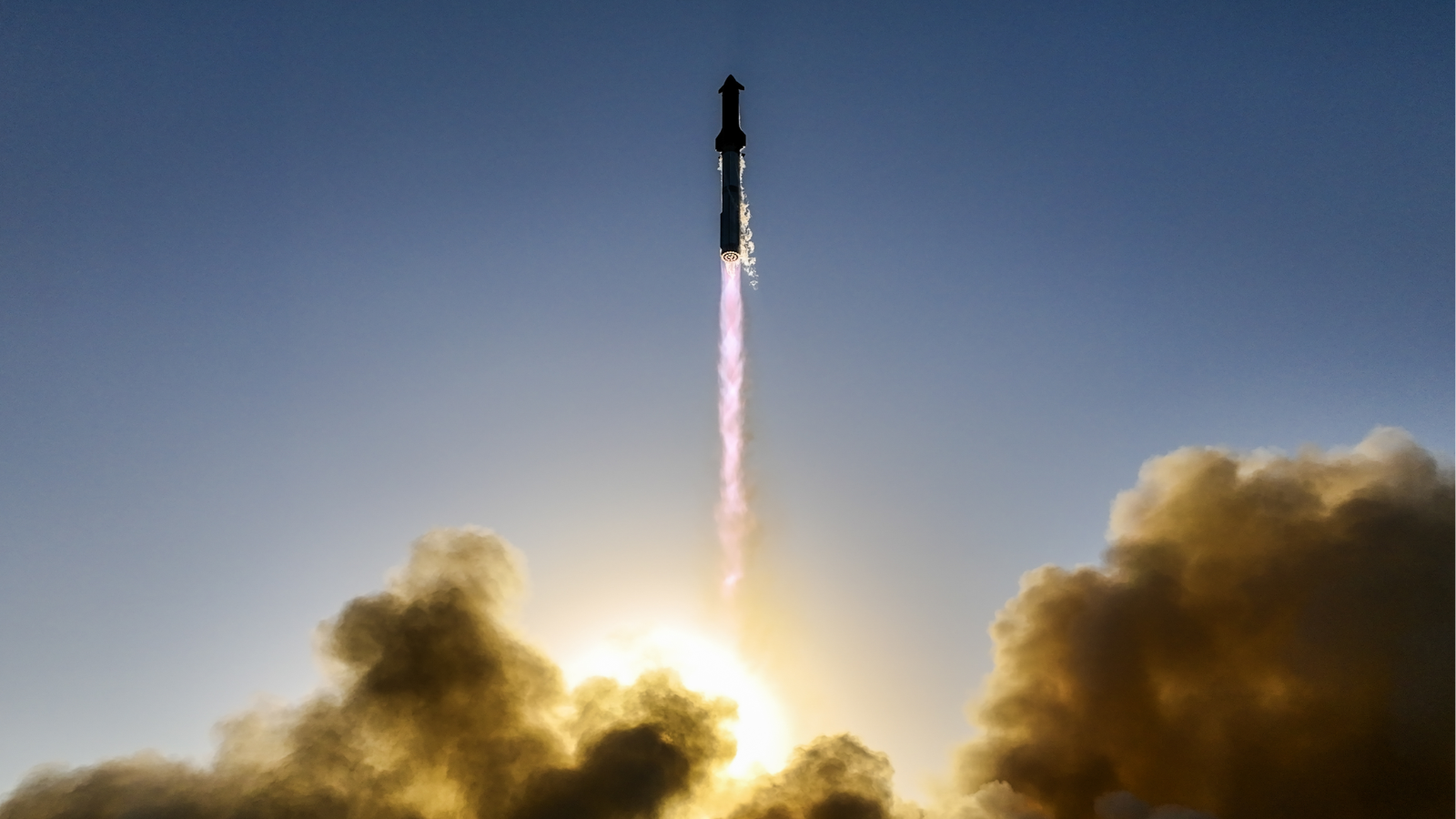
Mars madness! Perfect NCAA tournament bracket wins you a trip to the Red Planet on SpaceX's Starship
By Mike Wall Published
-
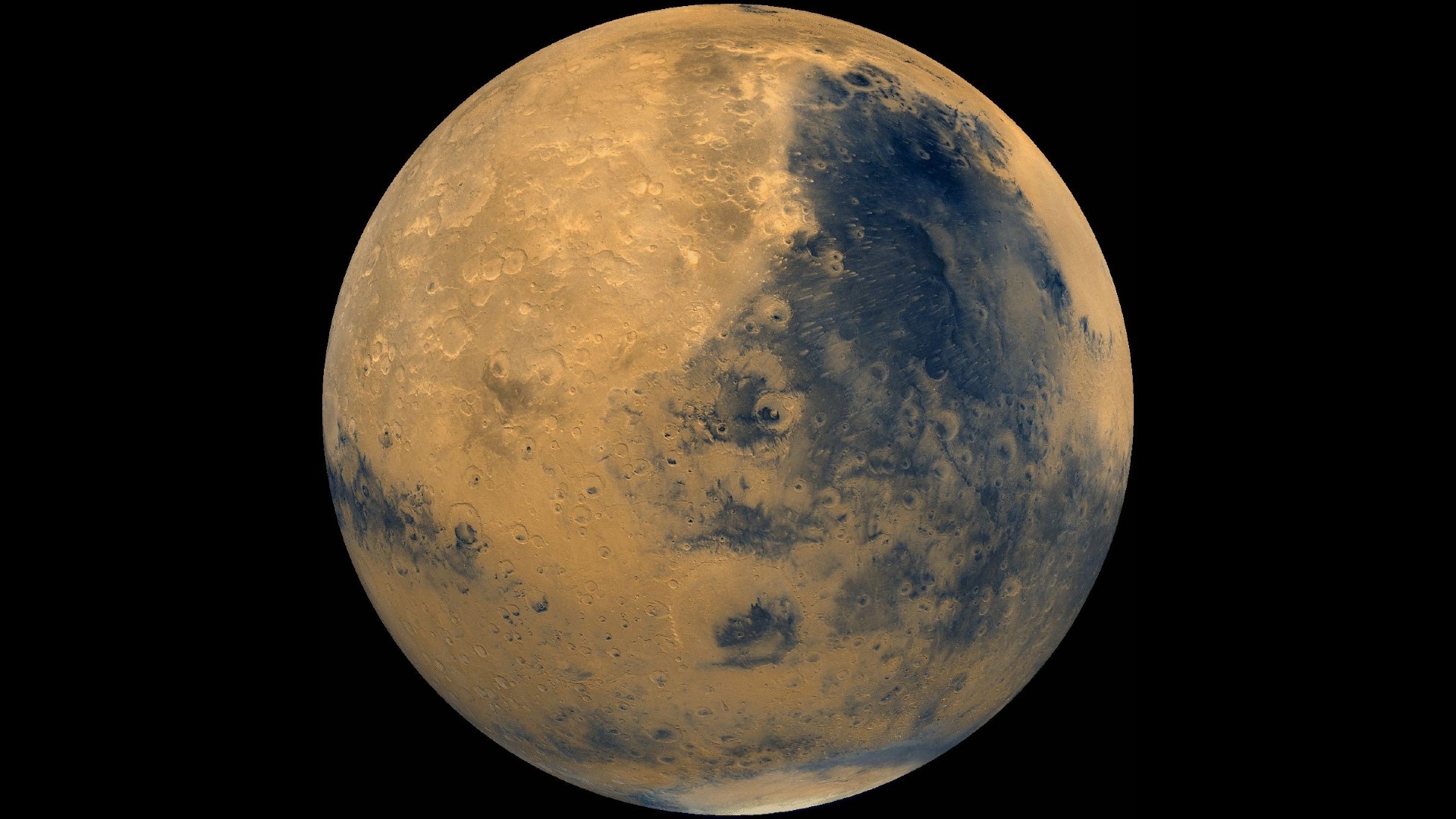
Mars could have an ocean's worth of water beneath its surface, seismic data suggest
By Keith Cooper Published
-
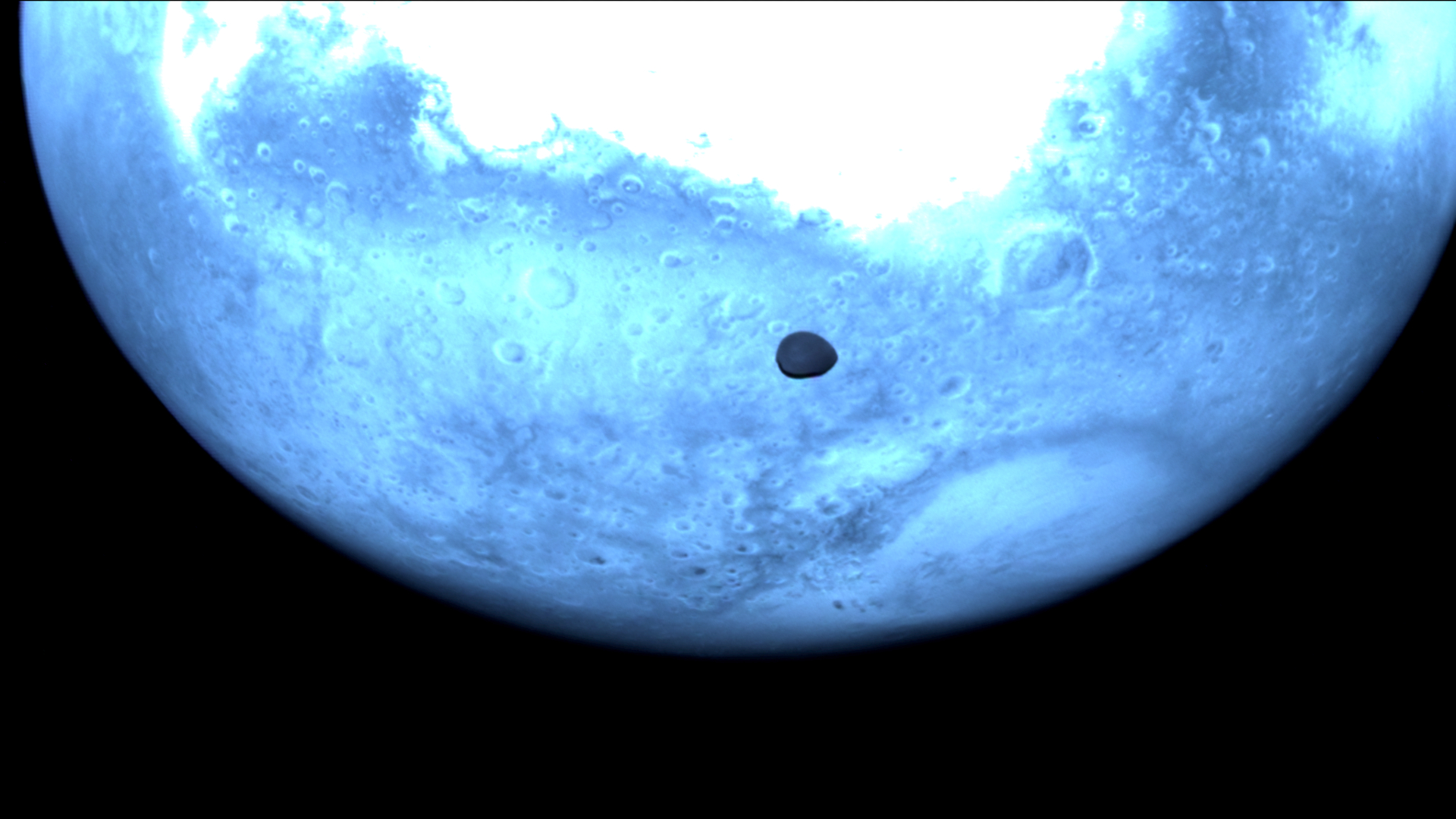
Tiny Mars moon Deimos gets a rare close-up, thanks to Europe's Hera asteroid probe (photos)
By Keith Cooper Published
-

Life on Mars? It probably looks like something you'd find in your stomach
By María Rosa Pino Otín Published
-
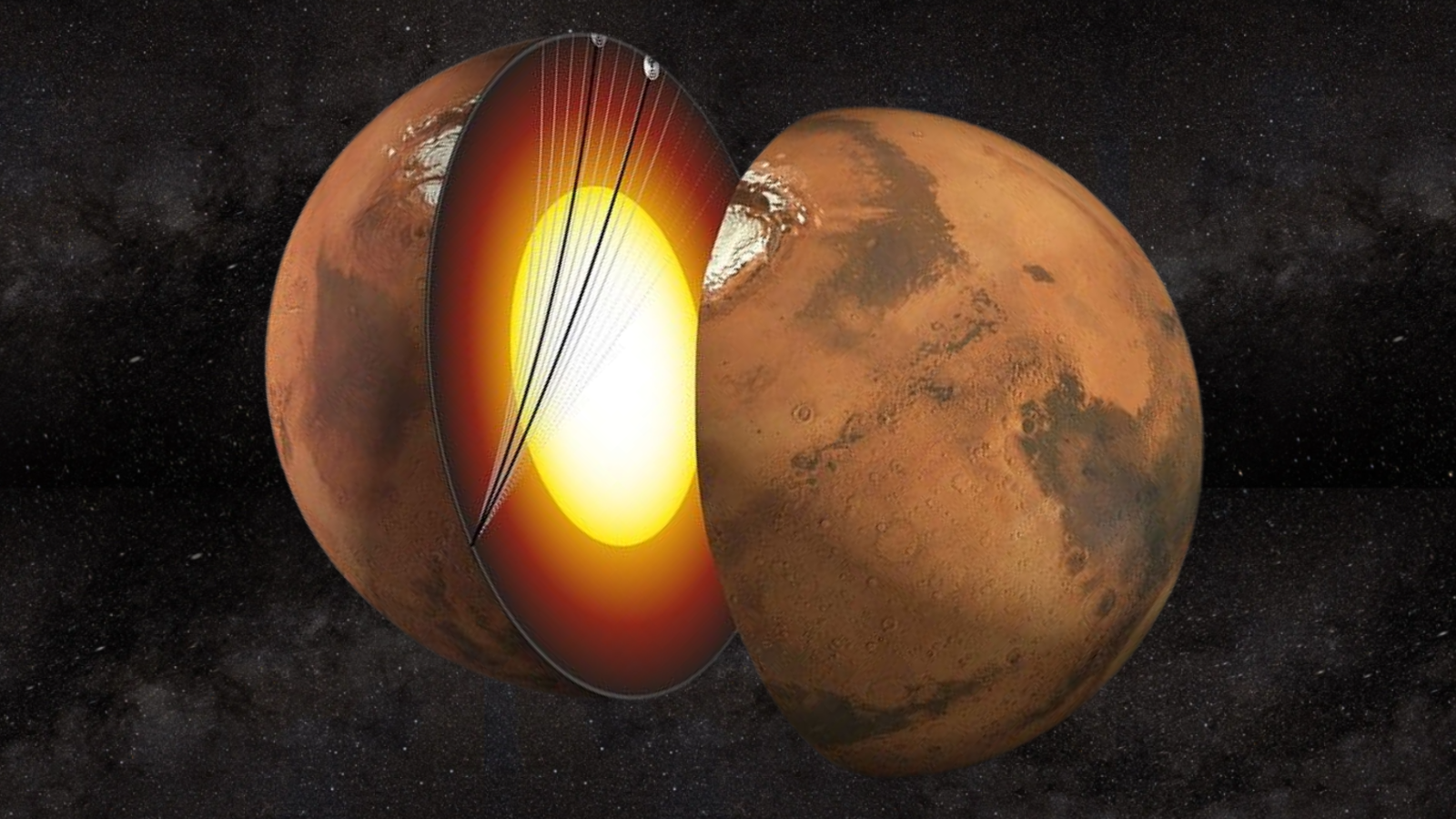
Mars may have a solid inner core just like Earth
By Samantha Mathewson Published
-
Mercury
-
-
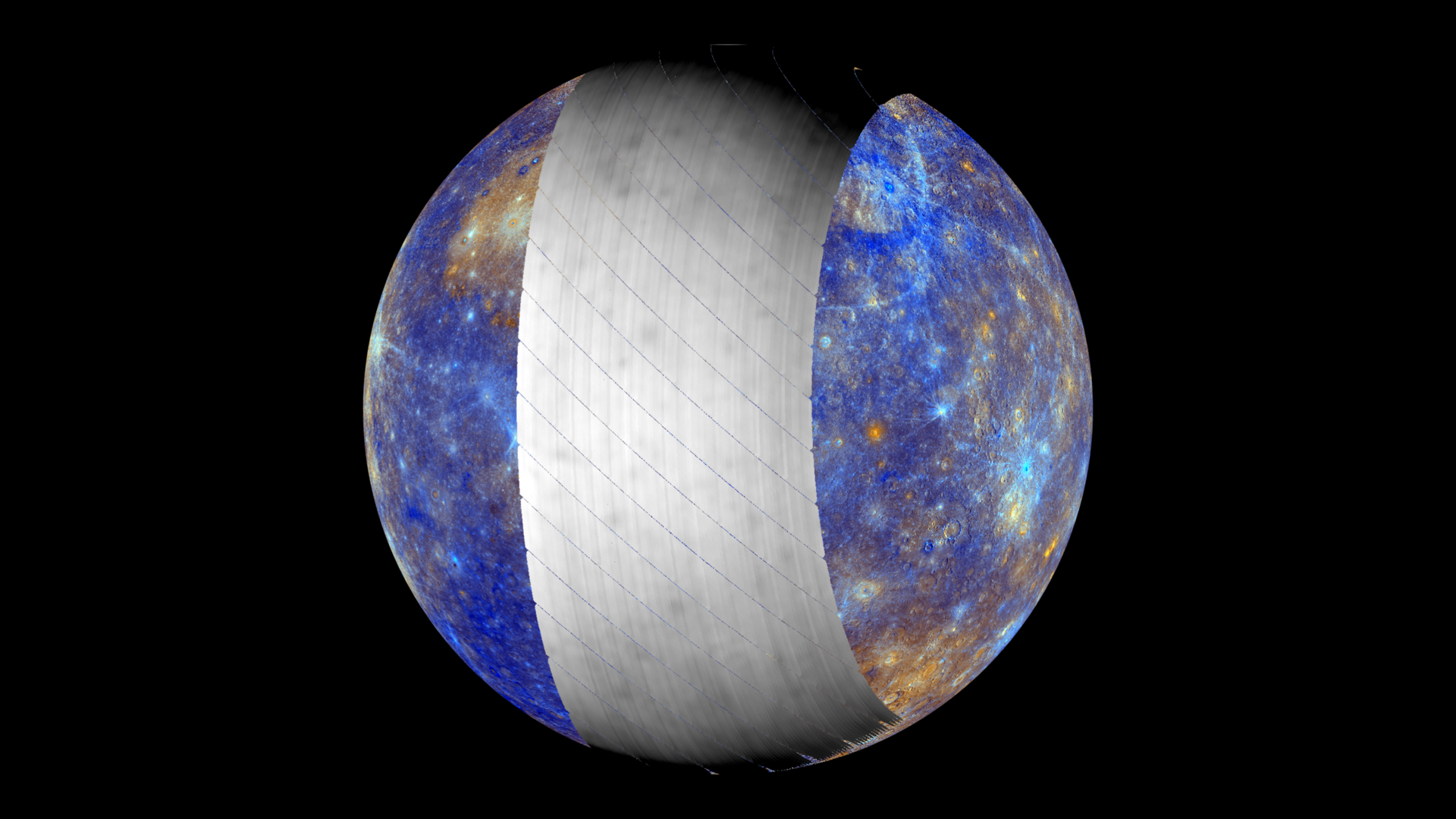
BepiColombo spacecraft flies by Mercury, sees volcanic plain and impact craters
By Kiona N. Smith Published
-

BepiColombo probe captures haunting Mercury image on 5th of 6 gravity assist flybys (photo)
By Brett Tingley Published
-
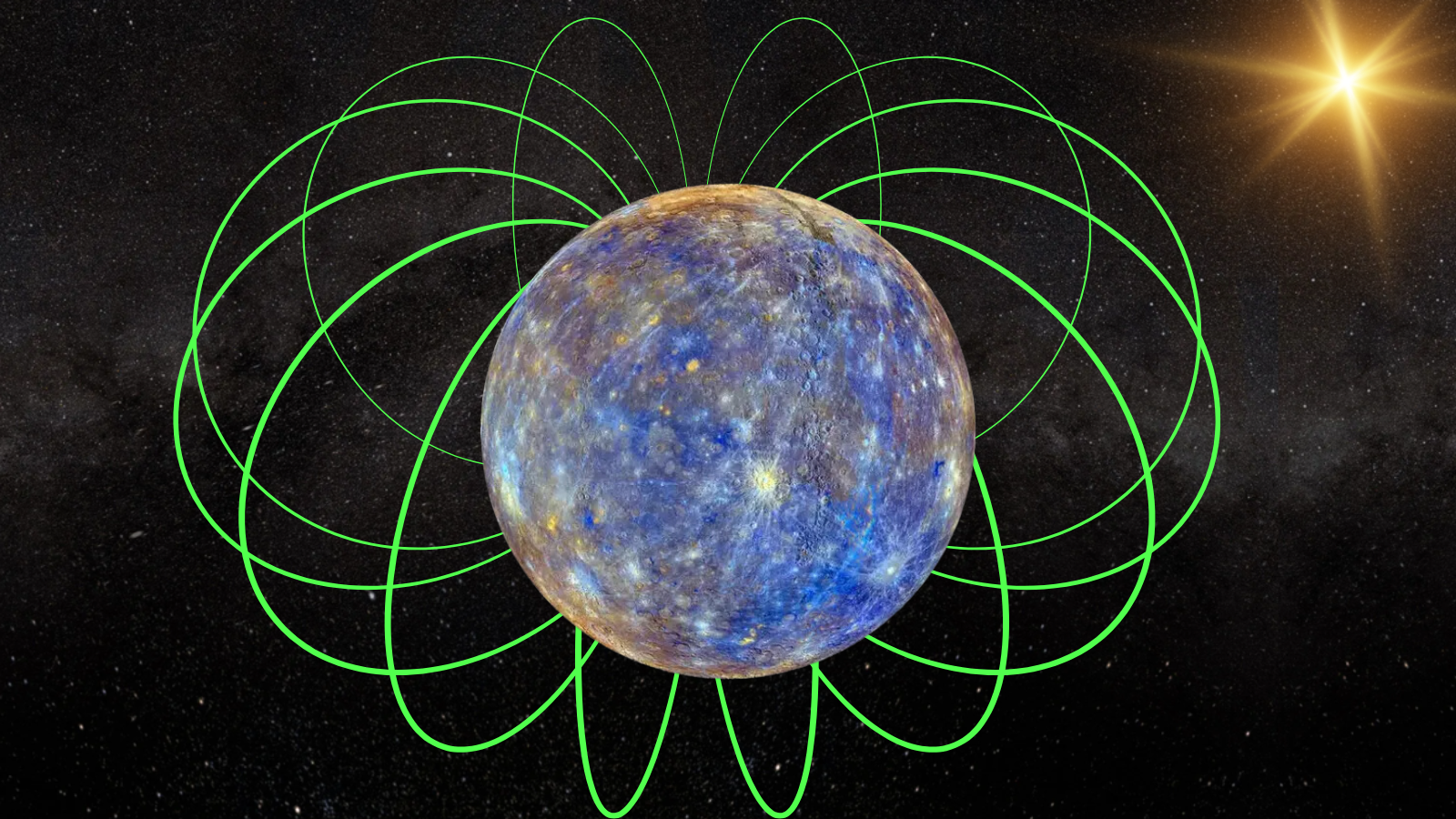
BepiColombo spacecraft's flyby of Mercury begins unraveling the planet's magnetic mystery
By Robert Lea Published
-
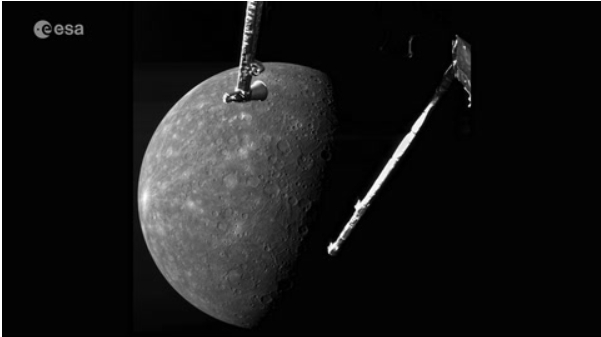
Magnetic mystery at Mercury revealed by BepiColombo probe (video)
By Sharmila Kuthunur Published
-
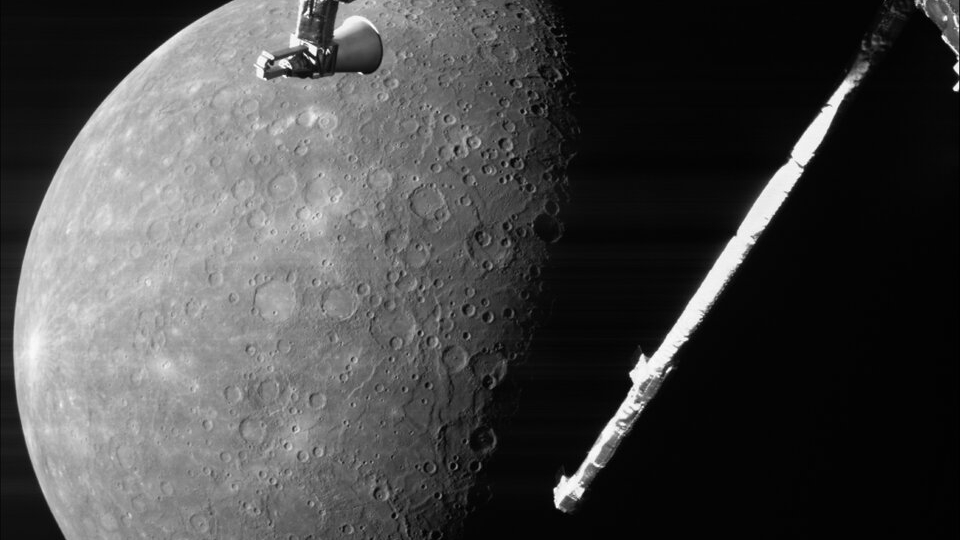
BepiColombo probe captures stunning Mercury images in closest flyby yet
By Andrew Jones Published
-
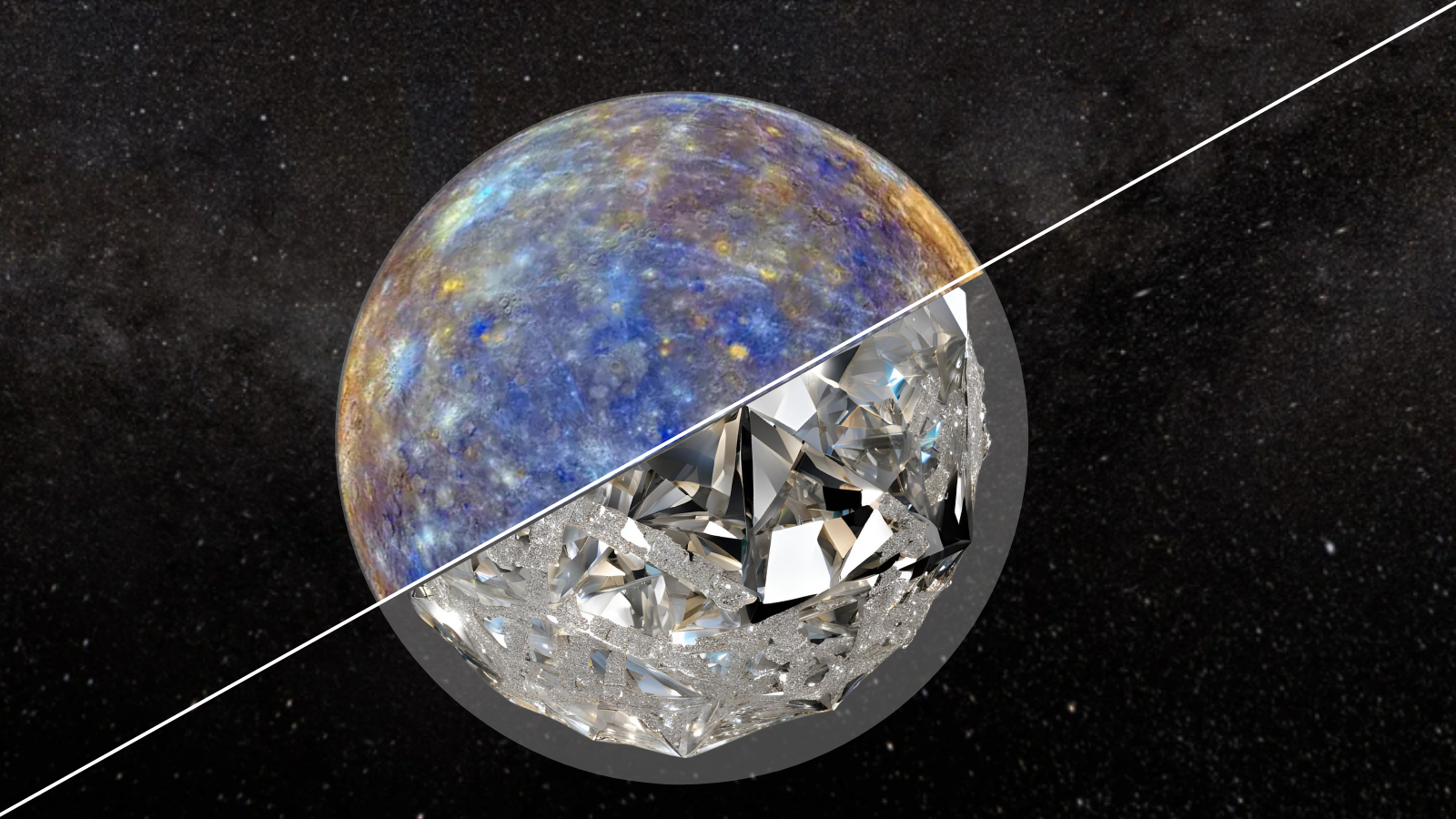
Mercury has a layer of diamond 10 miles thick, NASA spacecraft finds
By Robert Lea Published
-
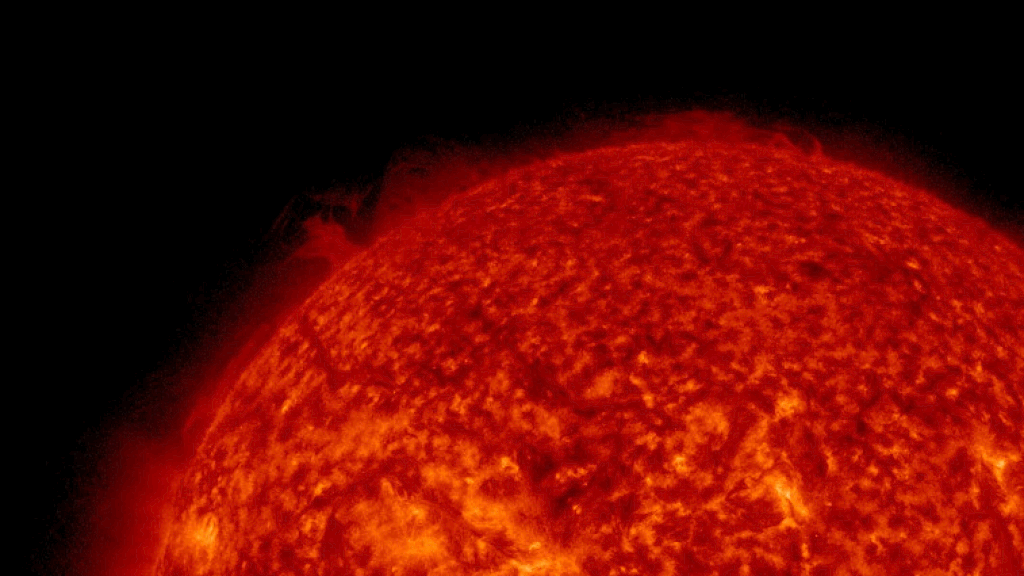
Mercury slammed by gargantuan eruption from the sun's hidden far side, possibly triggering 'X-ray auroras'
By Harry Baker Published
-
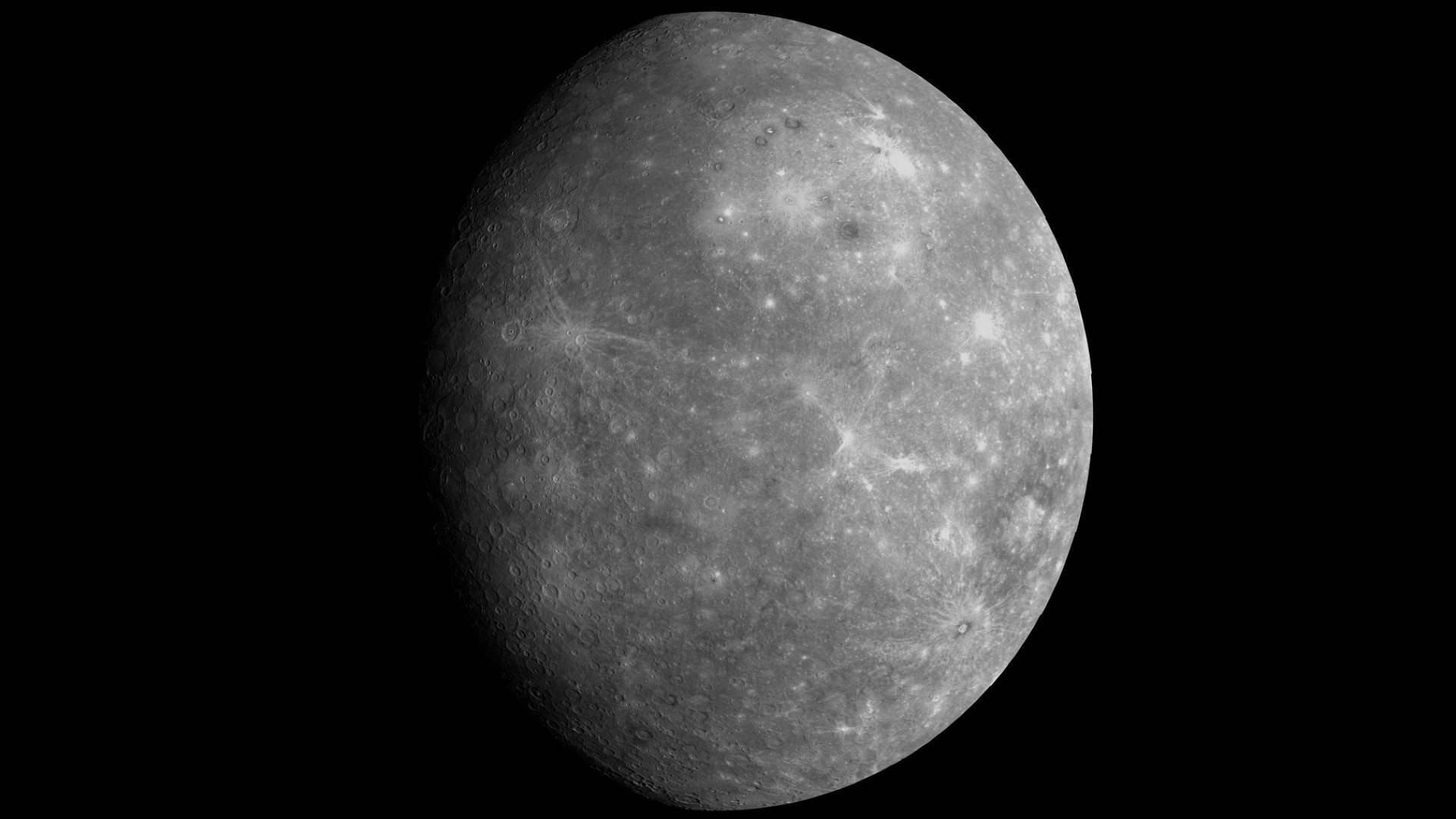
Mercury is home to exotic glaciers of salt, and they may host life beneath them
By Robert Lea Published
-

Here's the (moon) scoop: Mercury 7-flown clock, Apollo lunar shovel up for auction
By Robert Z. Pearlman Published
-
Neptune
-
-

1st images of elusive auroras on Neptune revealed by James Webb Space Telescope
By Victoria Corless Published
-
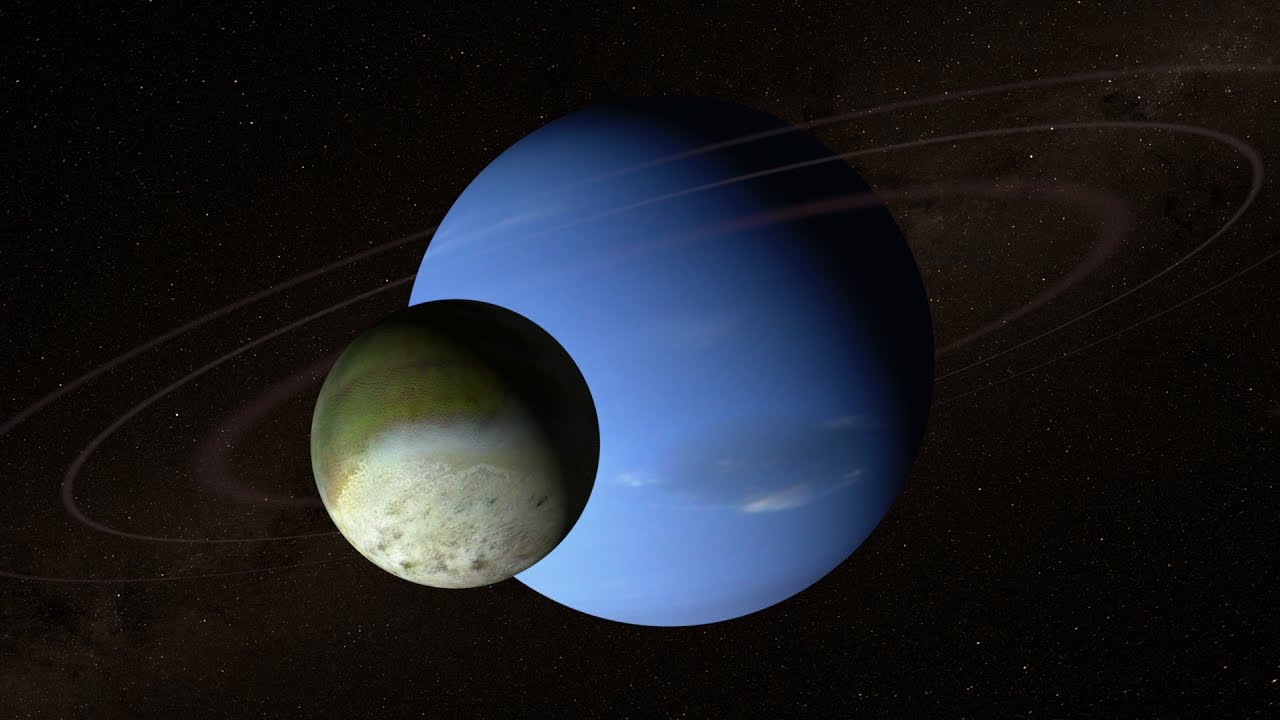
Could Neptune's largest moon swing a spacecraft into the planet's orbit?
By Paul Sutter Published
-
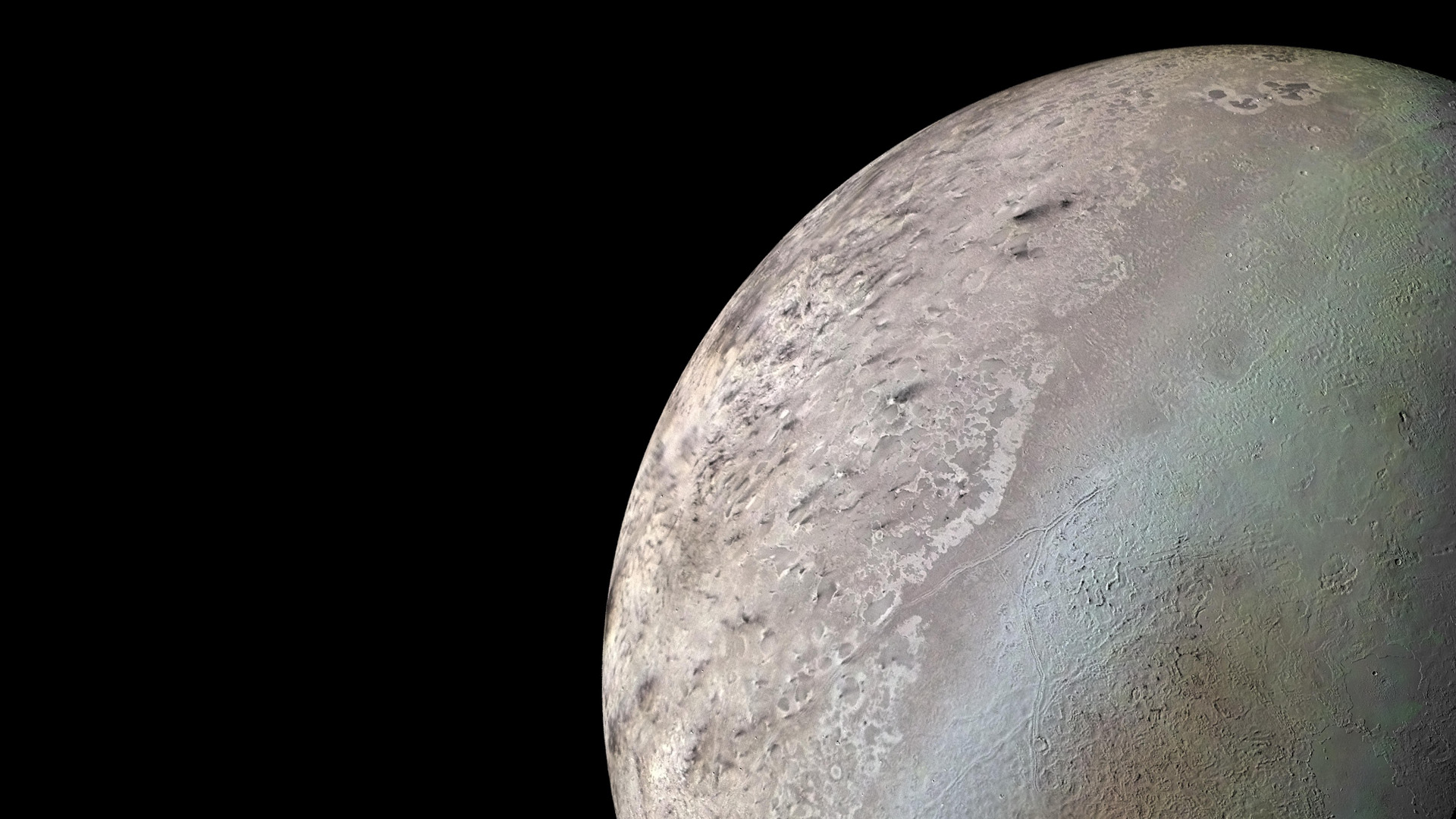
Why is Neptune's moon Triton so weird?
By Paul Sutter Published
-
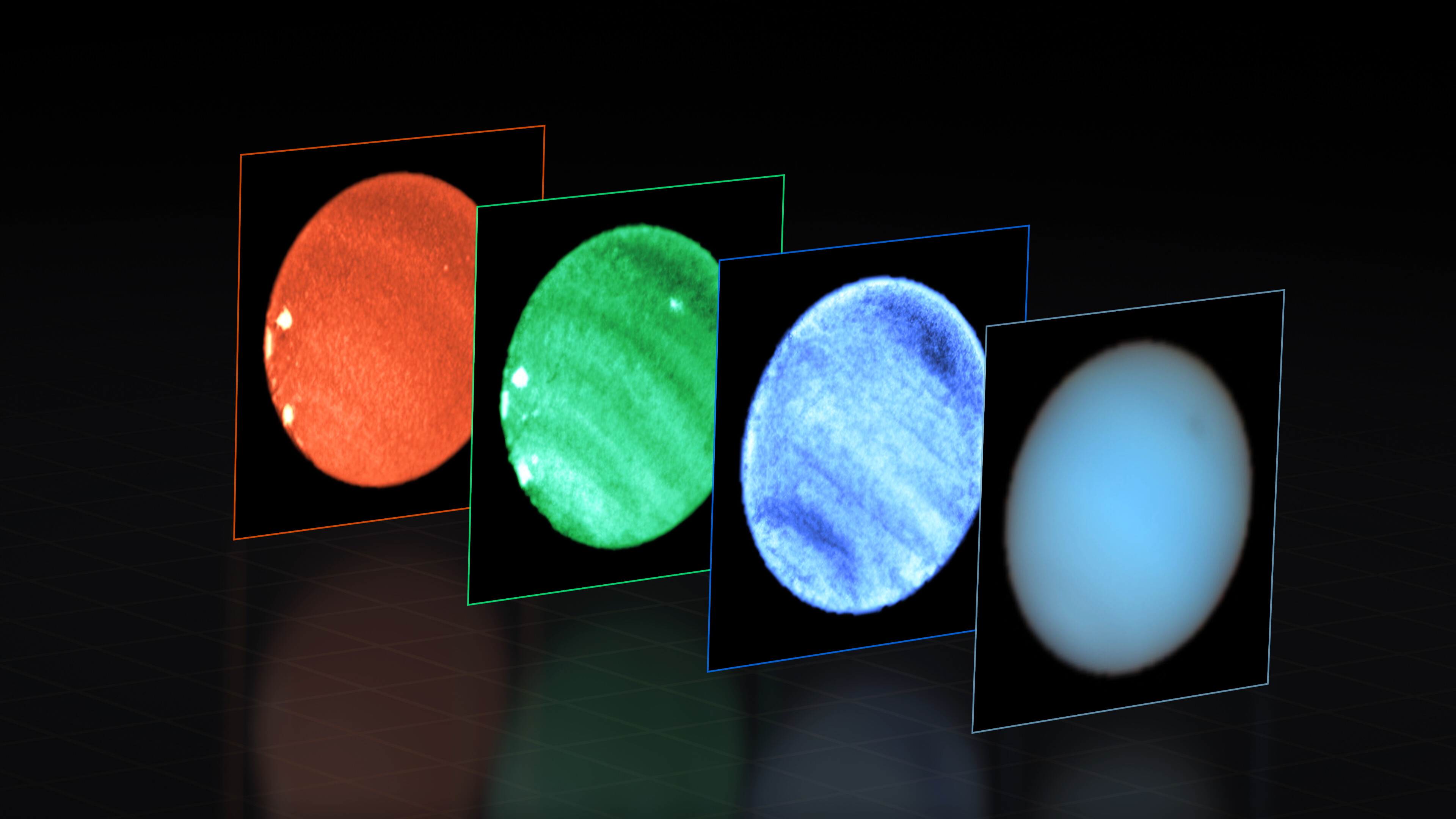
Weird dark spot on Neptune may have a bright spot buddy
By Keith Cooper Published
-

Neptune's clouds have vanished, and the sun may be to blame (video)
By Monisha Ravisetti Published
-

4 elusive 'mini-Neptune' exoplanets discovered in a cosmic game of hide-and-seek
By Robert Lea Published
-
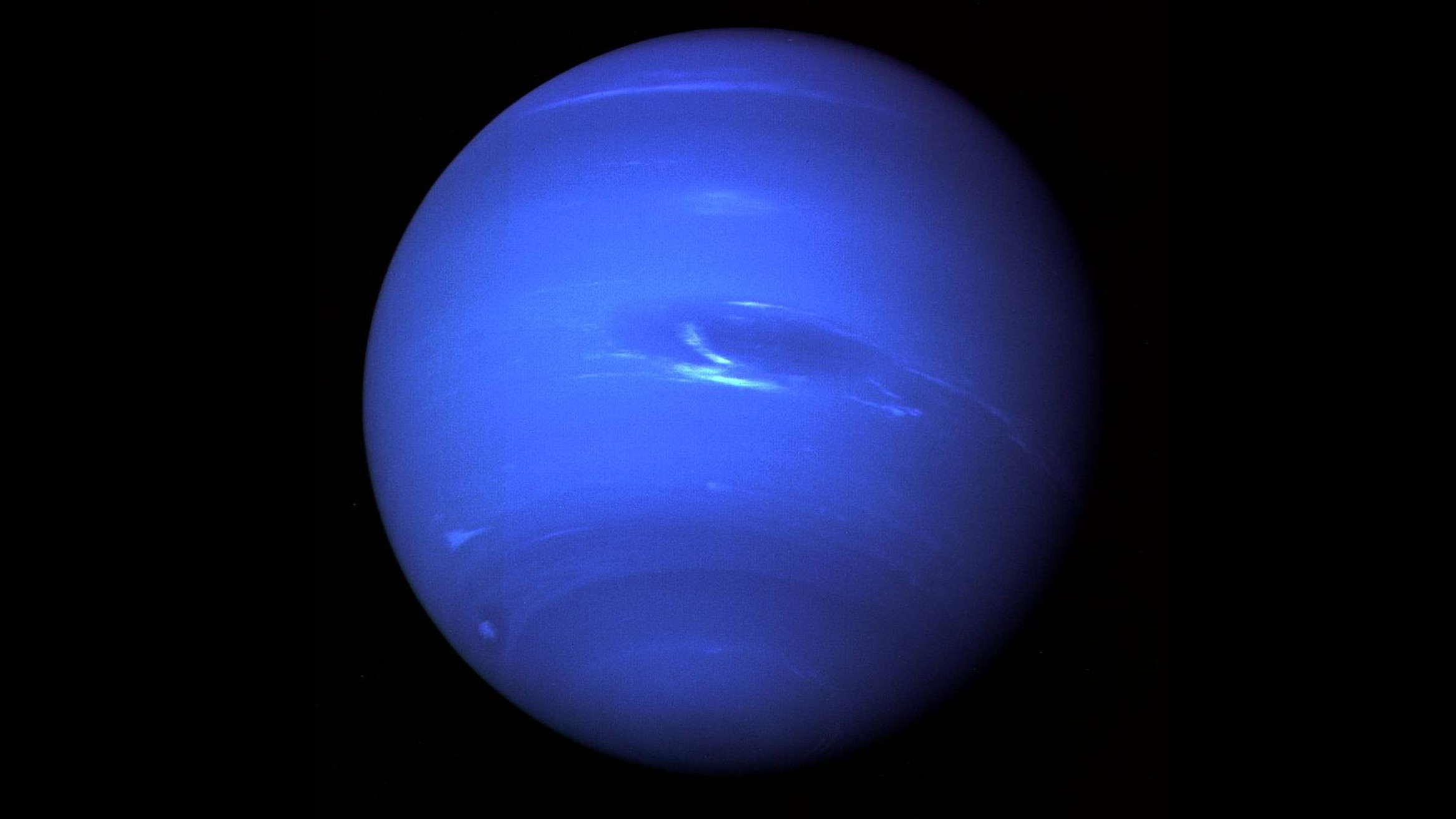 Reference
ReferenceNeptune: A guide to the windy eighth planet from the sun
By Charles Q. Choi Last updated
-

Newly discovered 'mini-Neptune' may have an ocean or an atmosphere - but not for long
By Robert Lea Published
-
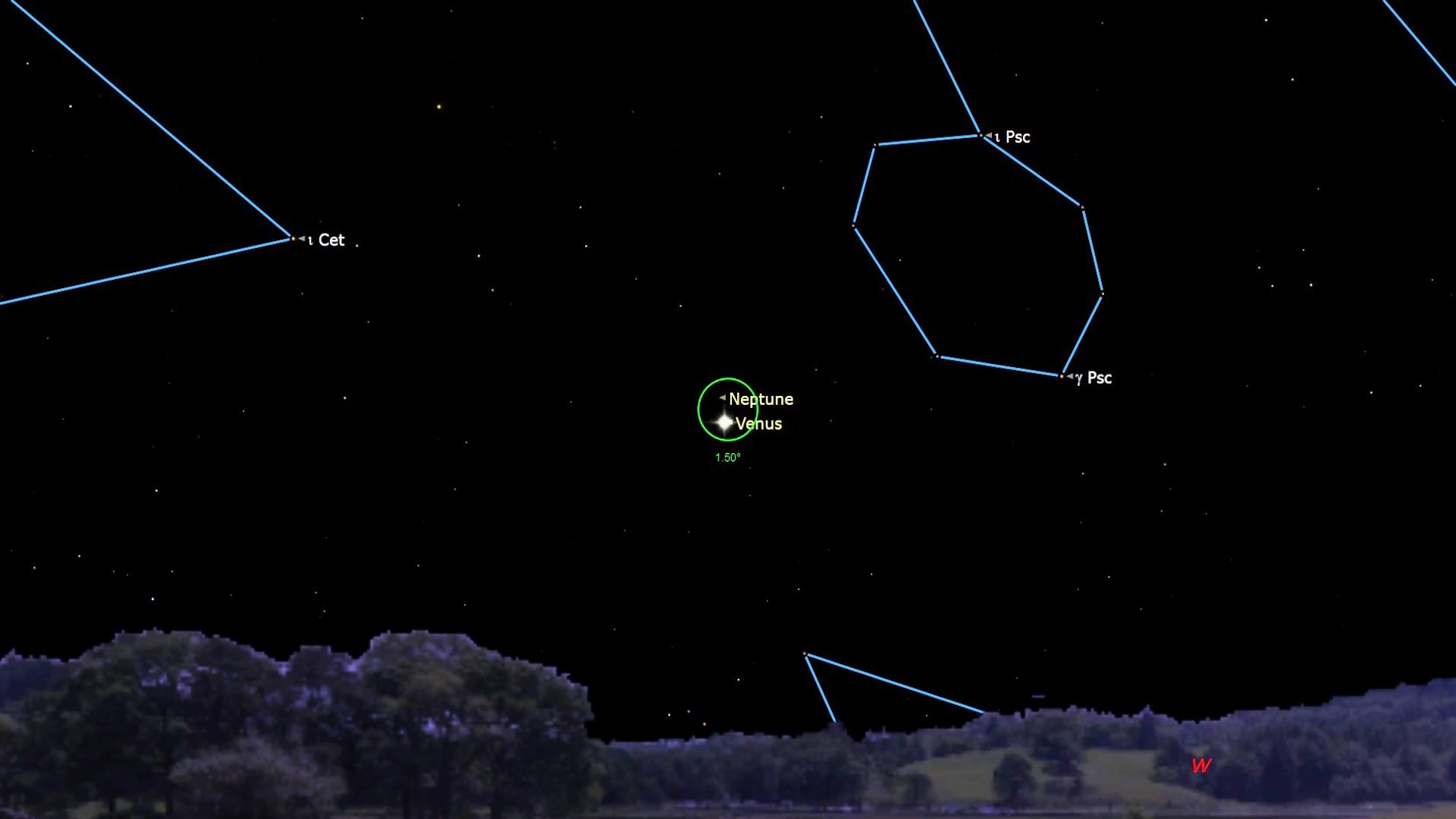
Watch Venus snuggle up to Neptune for Valentine's Day tonight
By Robert Lea Published
-
Pluto
-
-
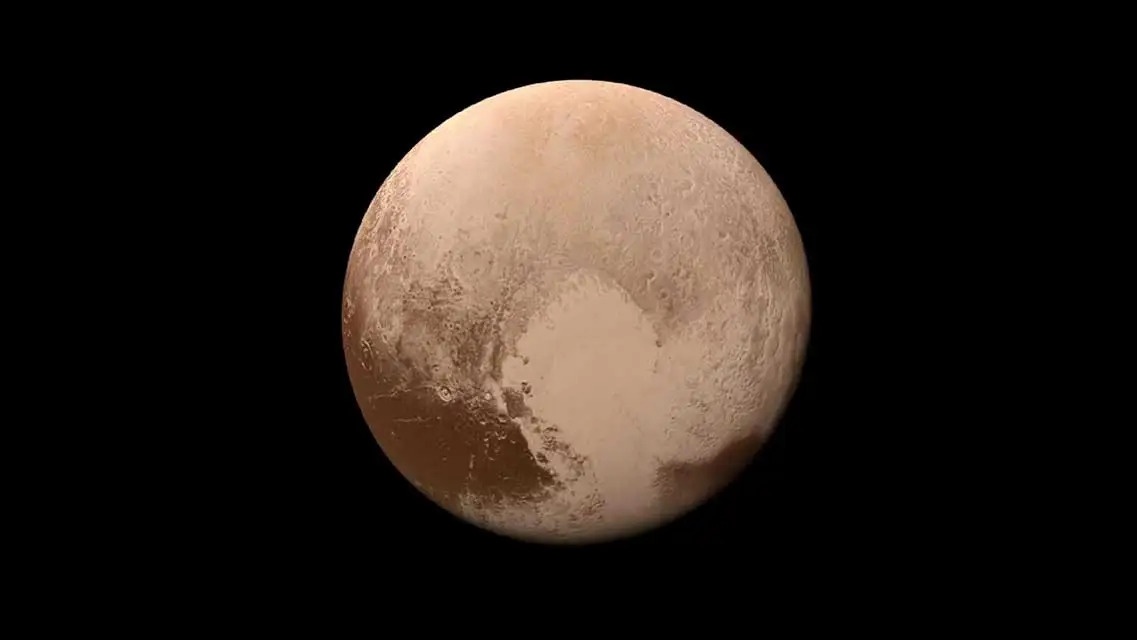
Is Pluto a planet or not? Who cares! Our love for the King of the Kuiper Belt is stronger than ever 95 years later
By John Loeffler Published
-
 Reference
ReferenceClyde Tombaugh: The astronomer who discovered Pluto
By Nola Taylor Tillman Last updated
-
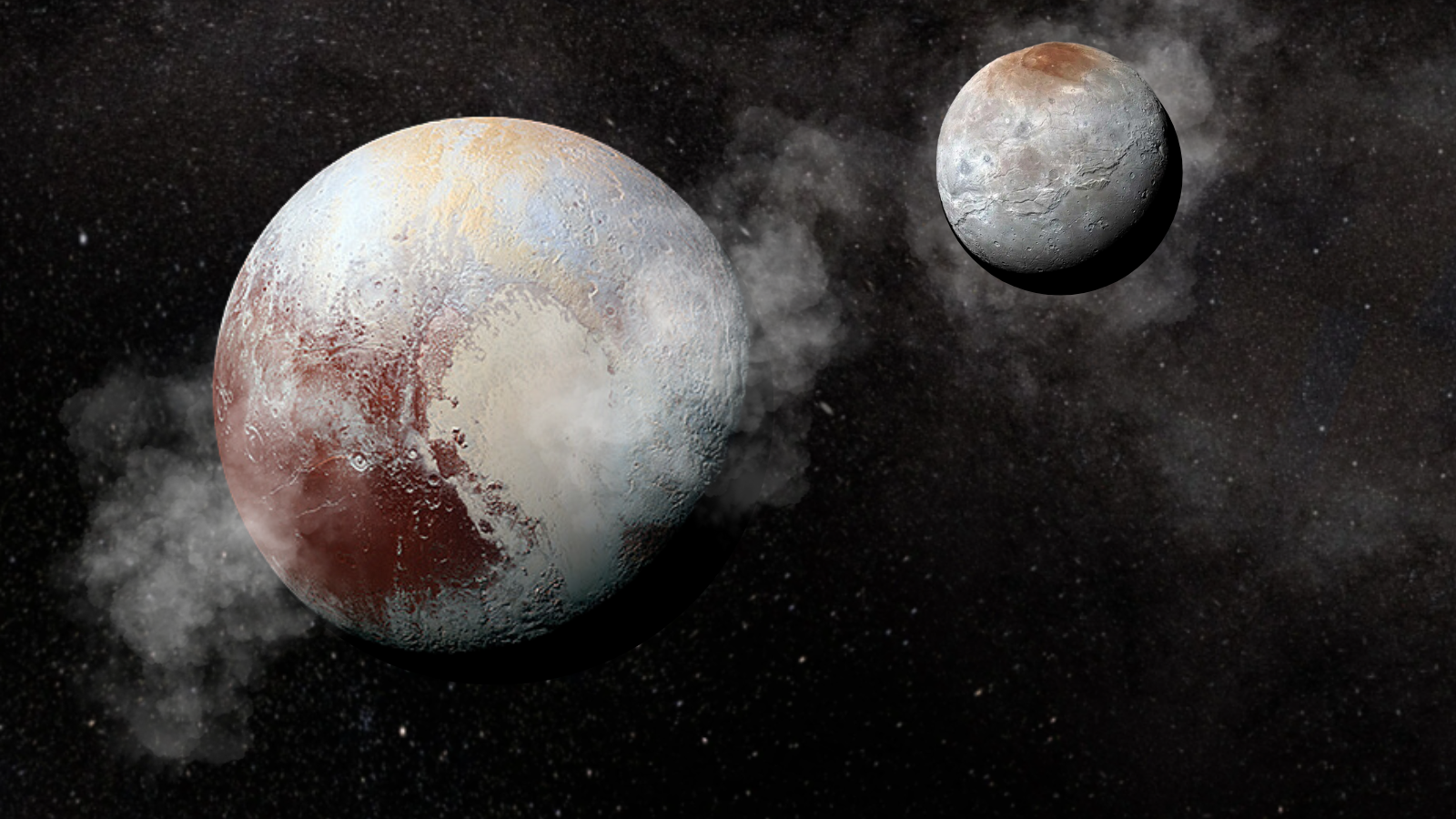
How Pluto captured its largest moon Charon with a 10-hour icy 'kiss'
By Robert Lea Published
-
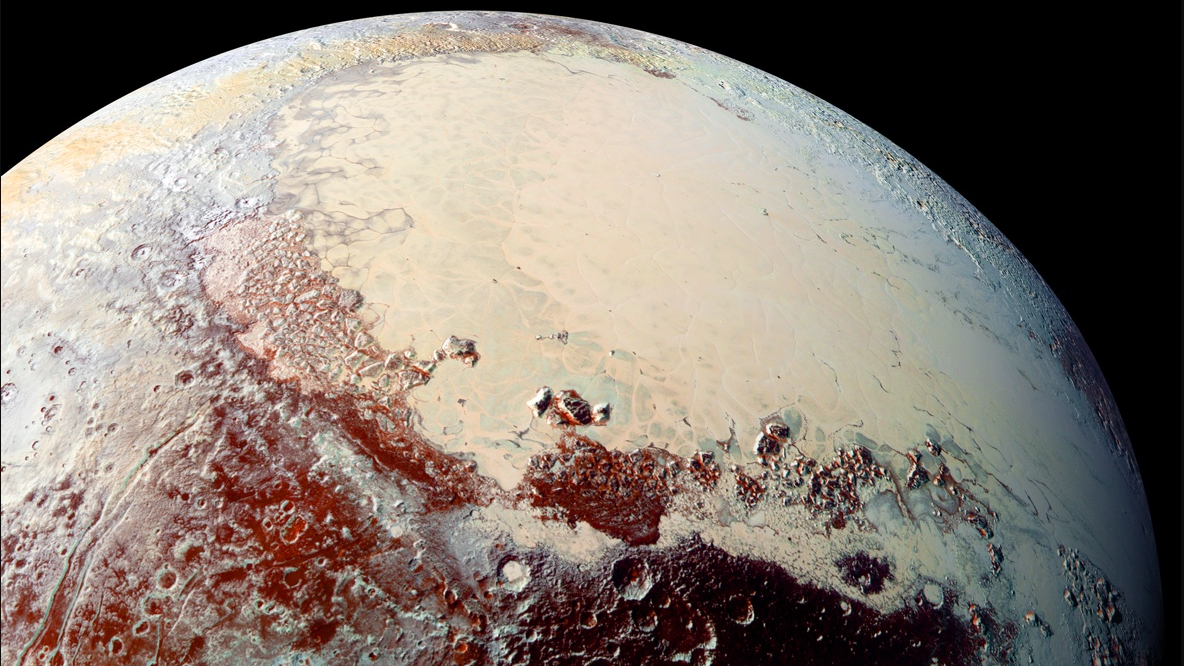
We could float effortlessly in Pluto's subsurface ocean
By Rahul Rao Published
-
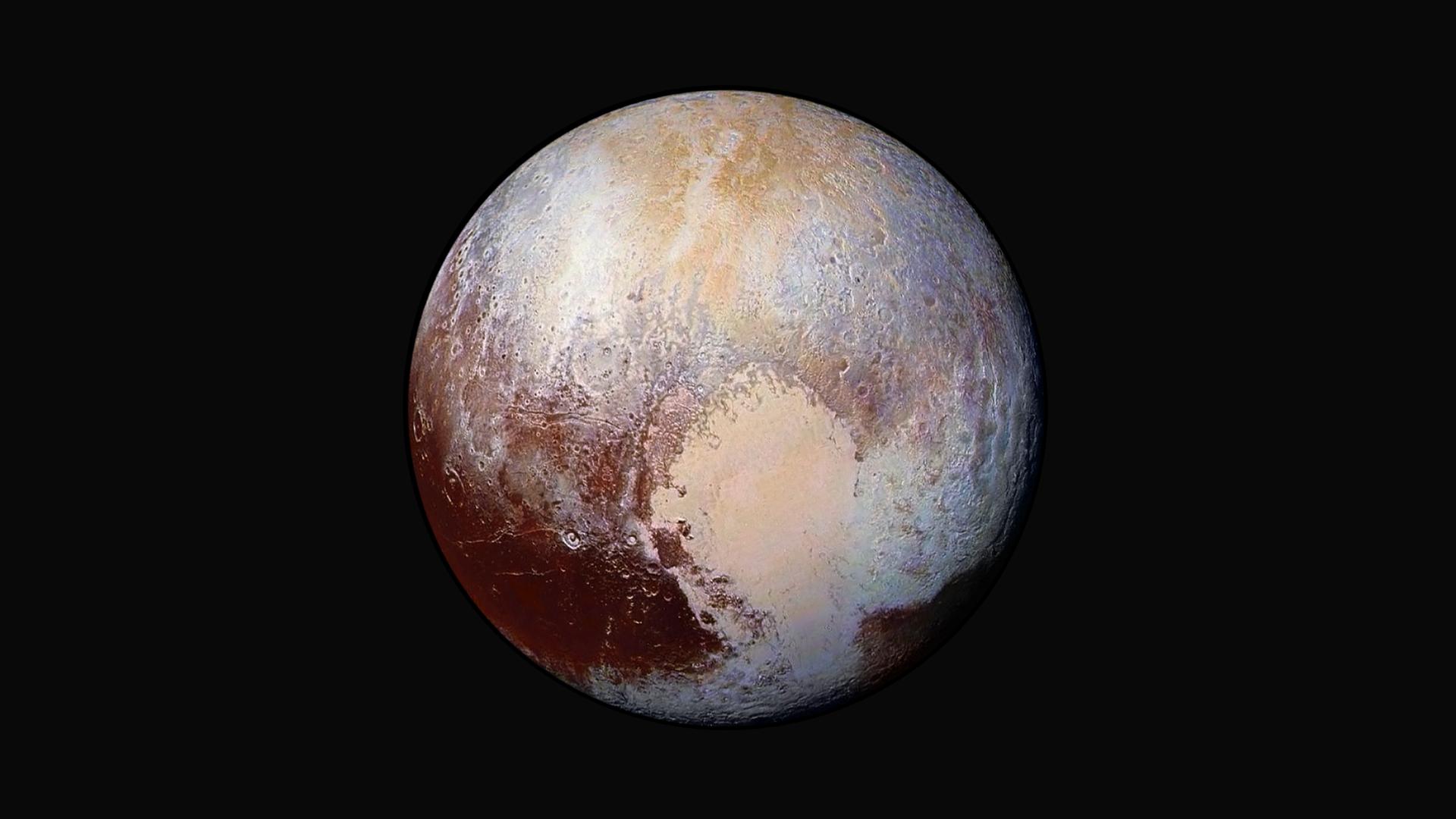
Pluto's heart-shaped scar may offer clues to the frozen world's history
By Rahul Rao Published
-

Pluto TV will rally to make Pluto a planet again on April 1 (it's no joke)
By Tariq Malik Published
-

Supervolcano eruption on Pluto hints at hidden ocean beneath the surface
By Sharmila Kuthunur Published
-
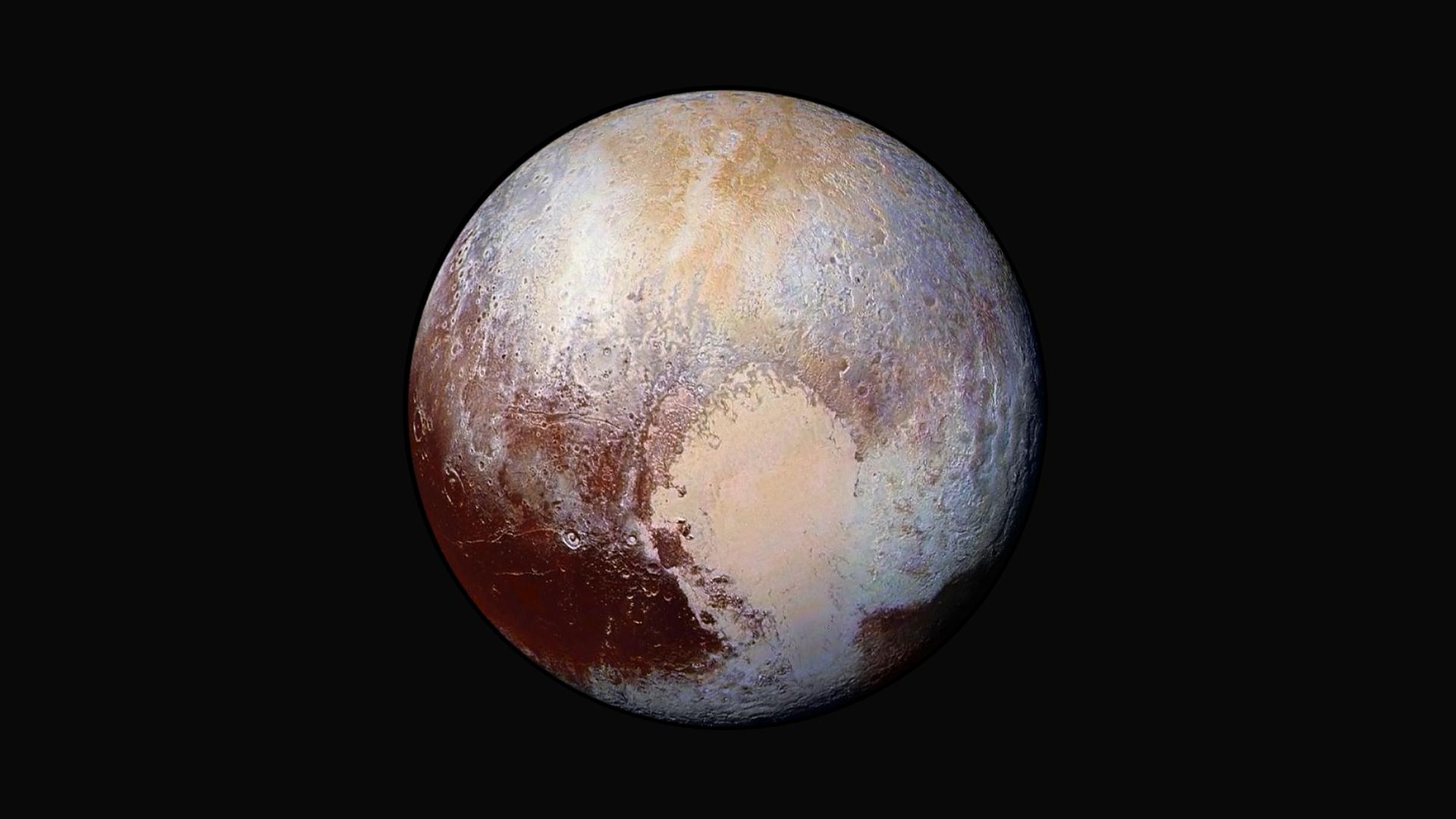 Reference
ReferencePluto: Everything you need to know about the dwarf planet
By Charles Q. Choi Last updated
-

Cracks on Pluto's moon Charon may be evidence of a frozen subsurface ocean
By Robert Lea Published
-
Saturn
-
-
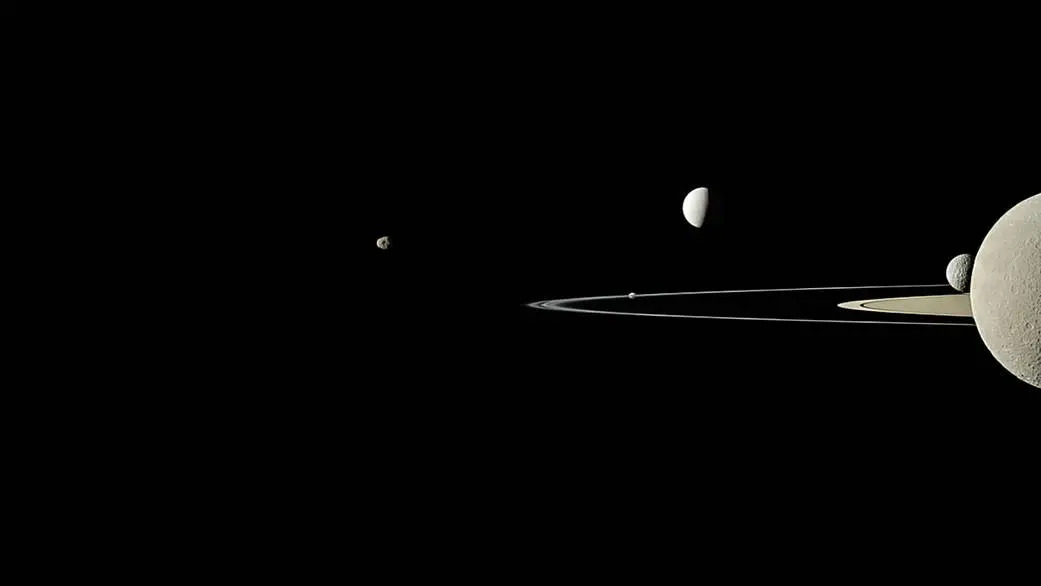
Saturn officially has 128 more moons
By Stefanie Waldek Published
-
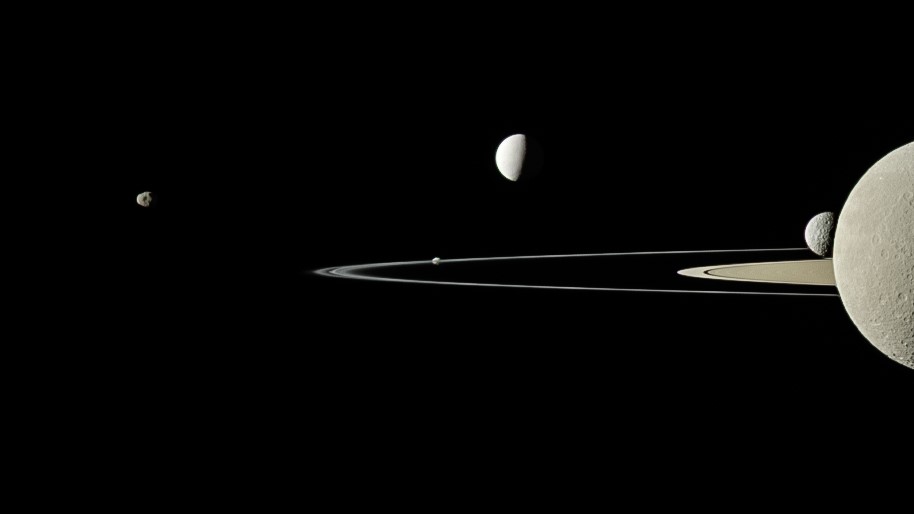 Reference
ReferenceSaturn's moons: Facts about the weird and wonderful satellites of the ringed planet
By Daisy Dobrijevic Last updated
-

Geysers on Saturn's moon Enceladus may not come from its underground ocean
By Victoria Corless Published
-
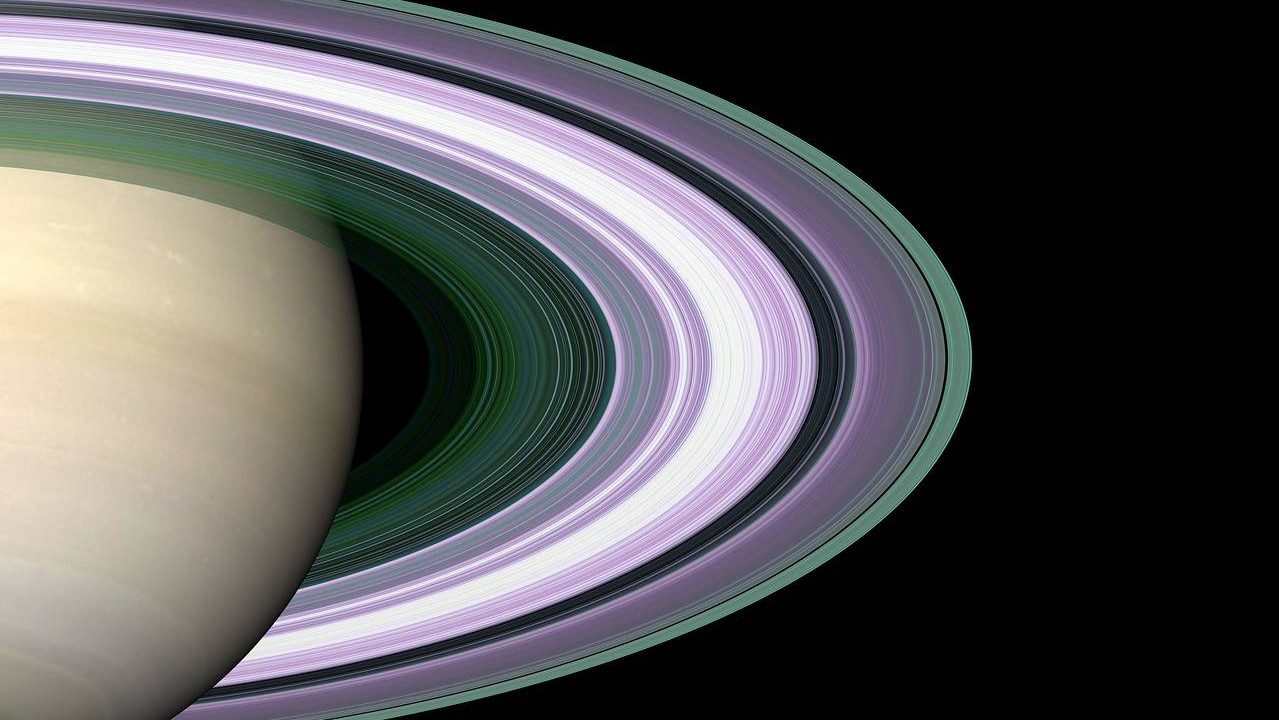
Saturn's rings could be much older than scientists first thought
By Charles Q. Choi Published
-
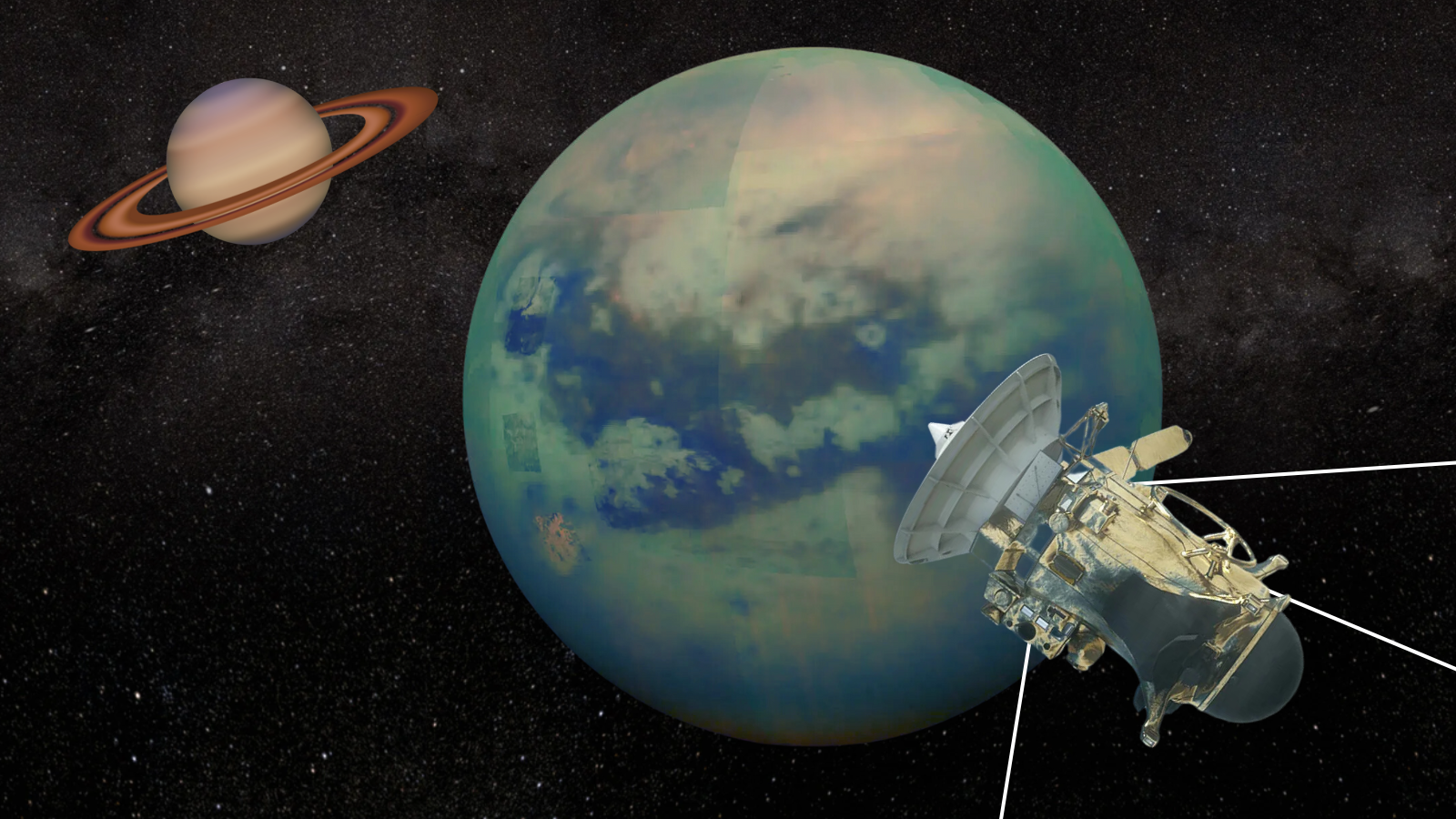
Before plunging to its death, NASA's Cassini spacecraft saw secrets in the seas of Saturn's moon Titan
By Robert Lea Published
-
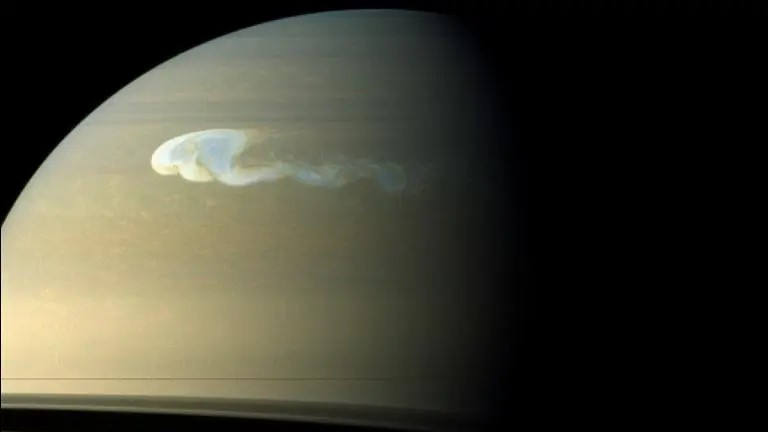
Saturn's planet-wide storms driven by seasonal heating, Cassini probe reveals
By Sharmila Kuthunur Published
-
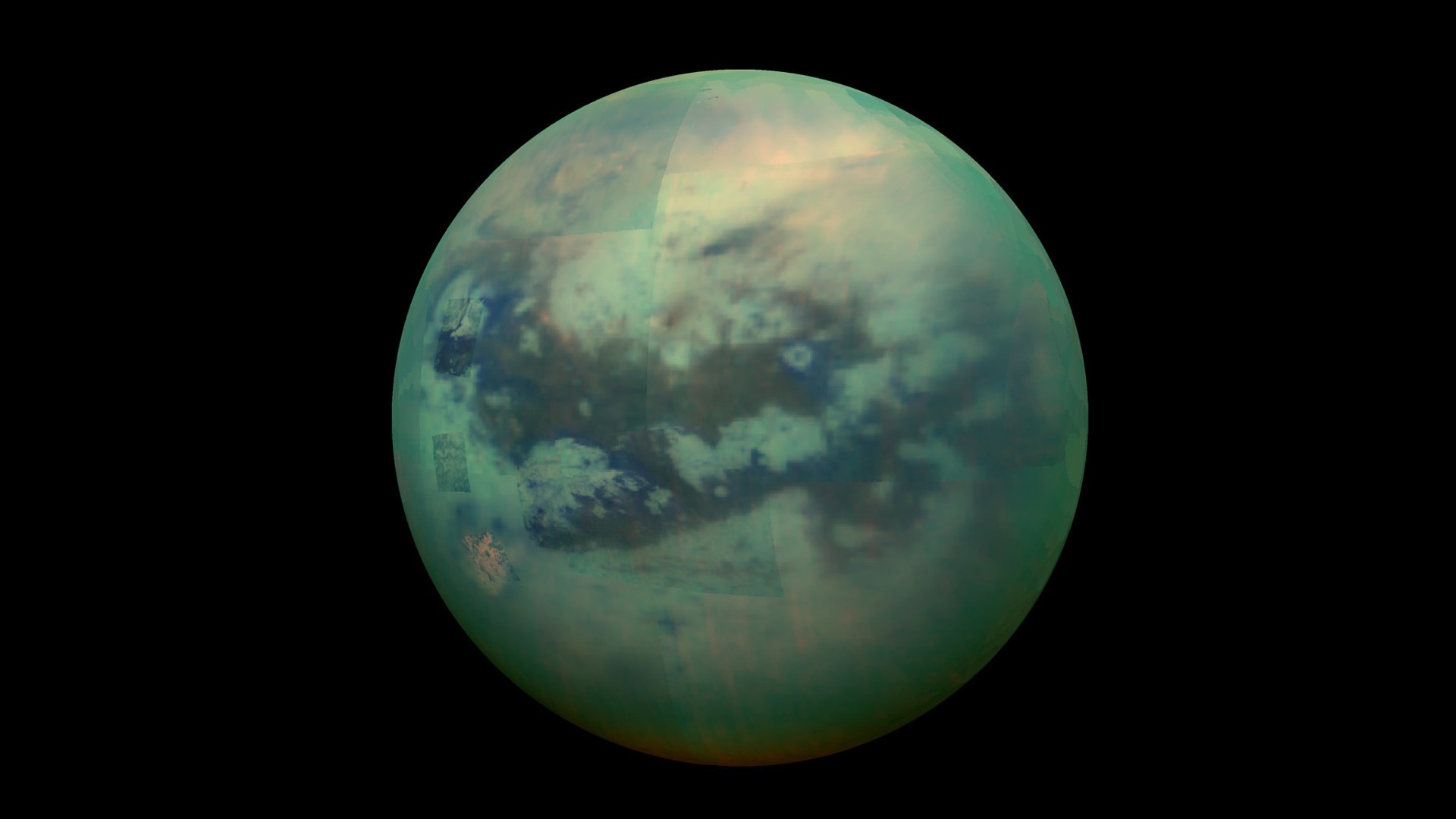
Surf's up! Liquid methane waves on Saturn moon Titan may erode shores of alien lakes and rivers
By Rahul Rao Published
-

'Tiger stripes' on Saturn's moon Enceladus could reveal if its oceans are habitable
By Robert Lea Published
-
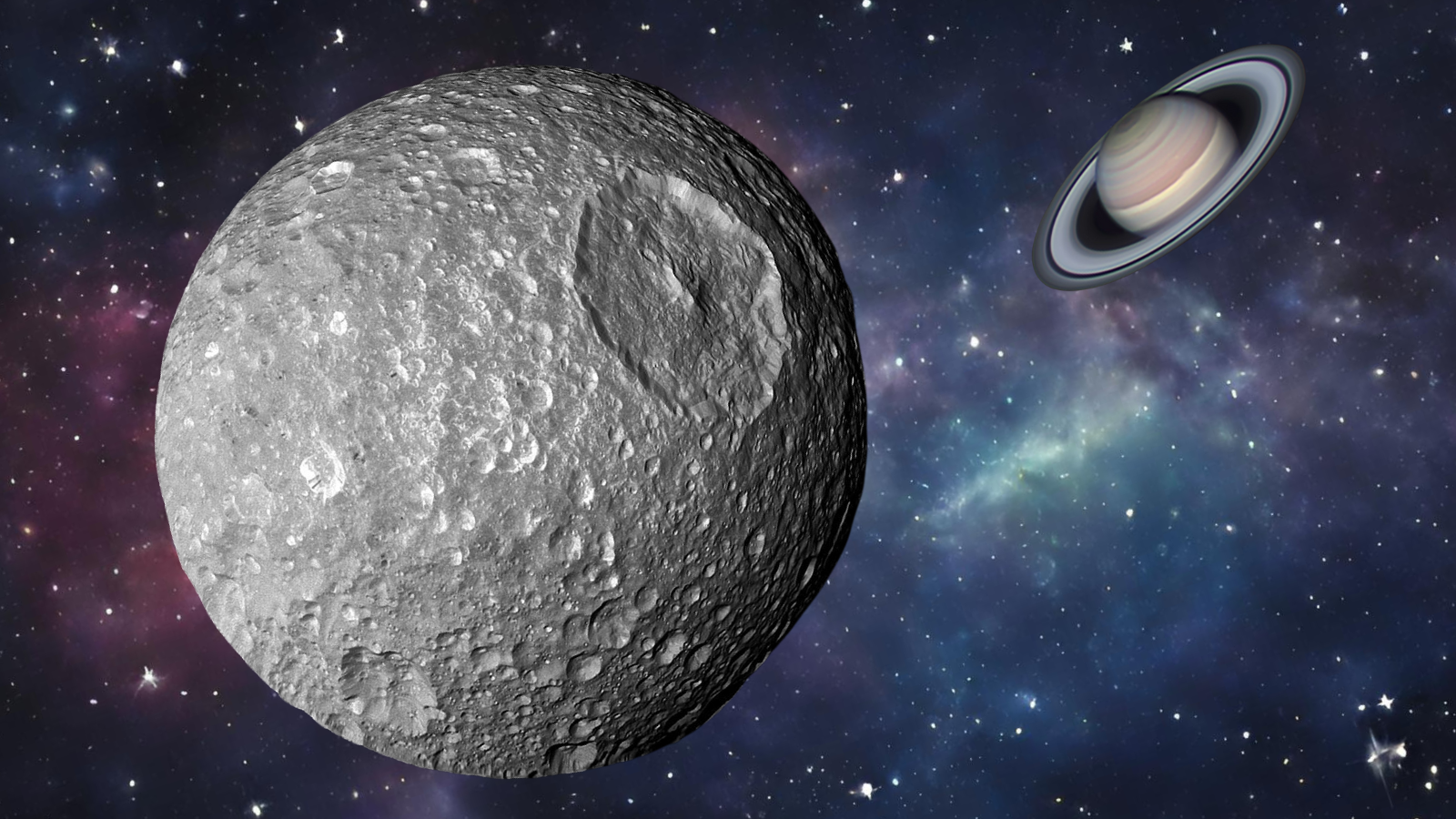
Saturn's 'Death Star' moon Mimas may have gotten huge buried ocean from ringed planet's powerful pull
By Robert Lea Published
-
The moon
-
-
 Reference
ReferenceWhat is the moon phase today? Lunar phases 2025
By Tariq Malik Last updated
-

Easter is coming late in 2025, astronomically speaking. Here's why
By Joe Rao Published
-
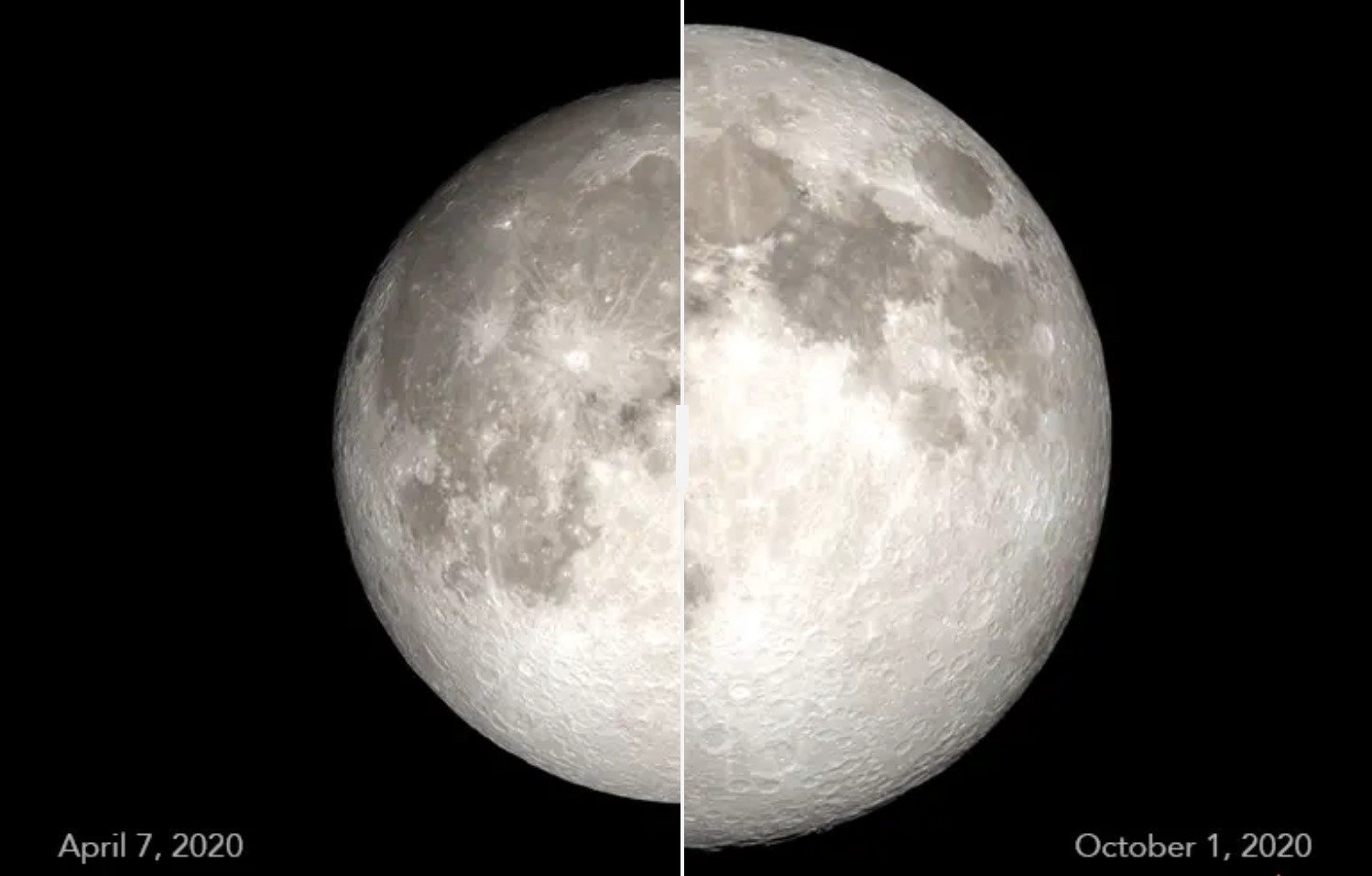
Watch April's Full Pink 'micromoon' rise this weekend with a free telescope livestream
By Samantha Mathewson Published
-
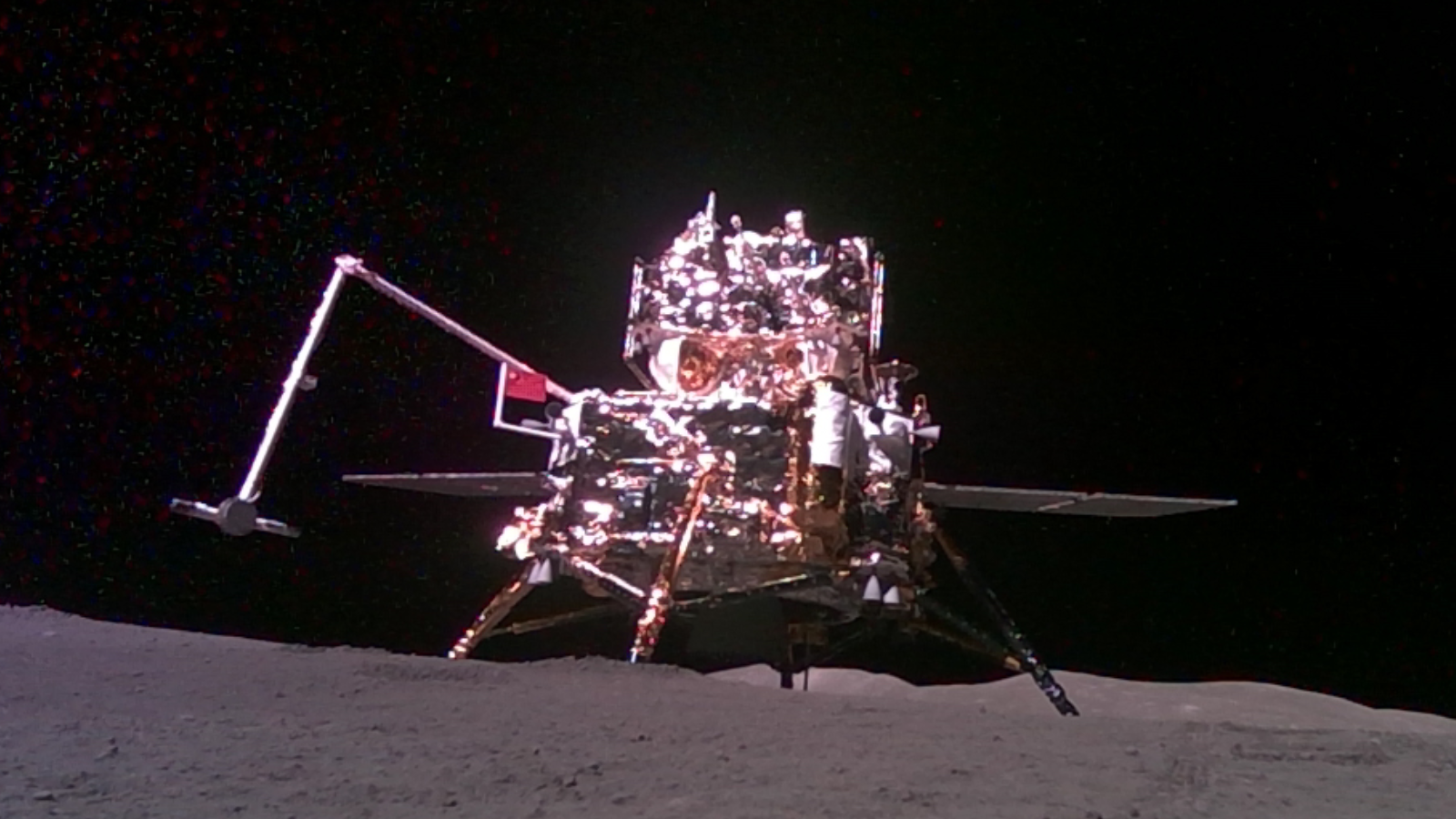
China's Chang'e 6 lunar samples suggest our moon is debris from an ancient Earth impact
By Keith Cooper Published
-
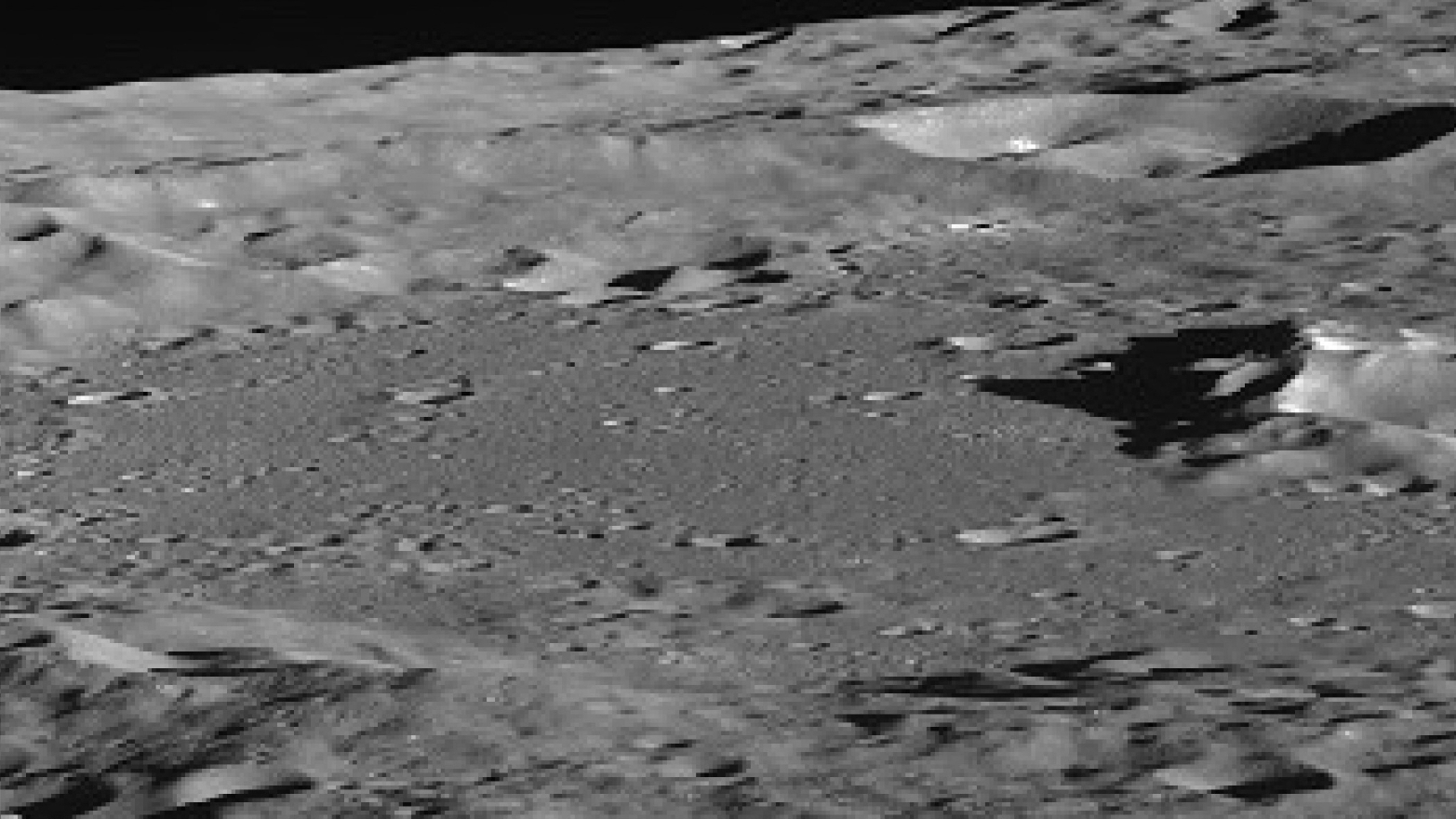
South Korea is converting an abandoned coal mine into a moon exploration testing ground
By Andrew Jones Published
-

How bacteria could help build and maintain cities on the moon
By Keith Cooper Published
-
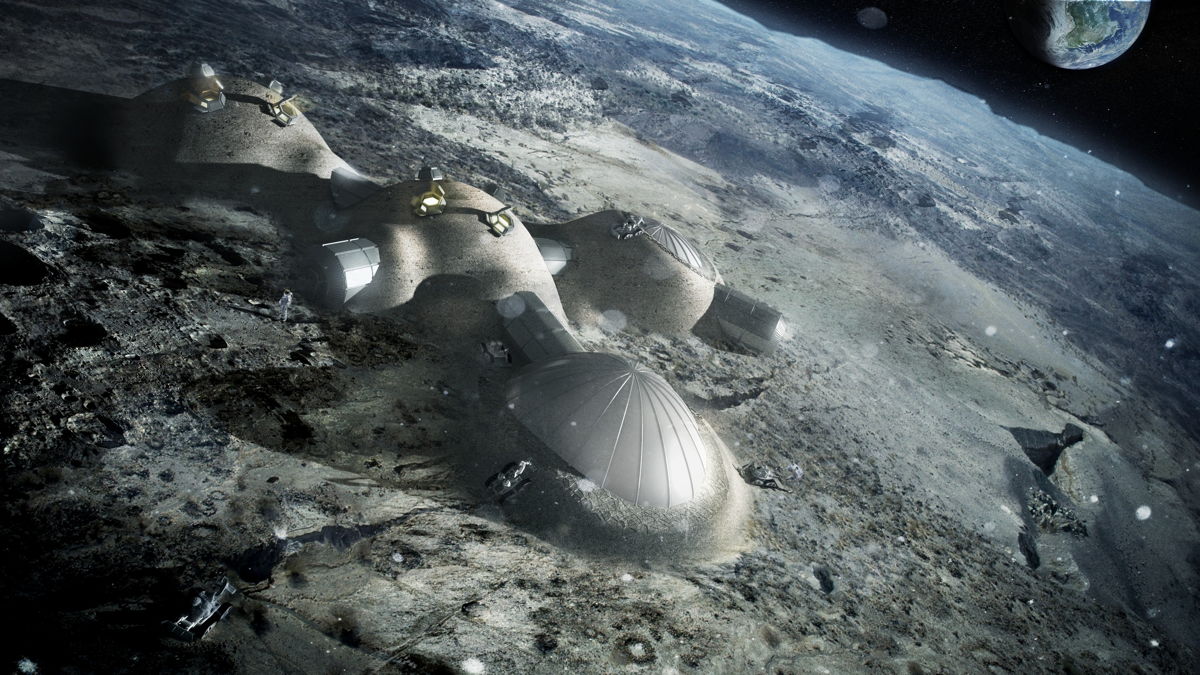
Moon dust may help astronauts power sustainable lunar cities. Here's how.
By Keith Cooper Published
-
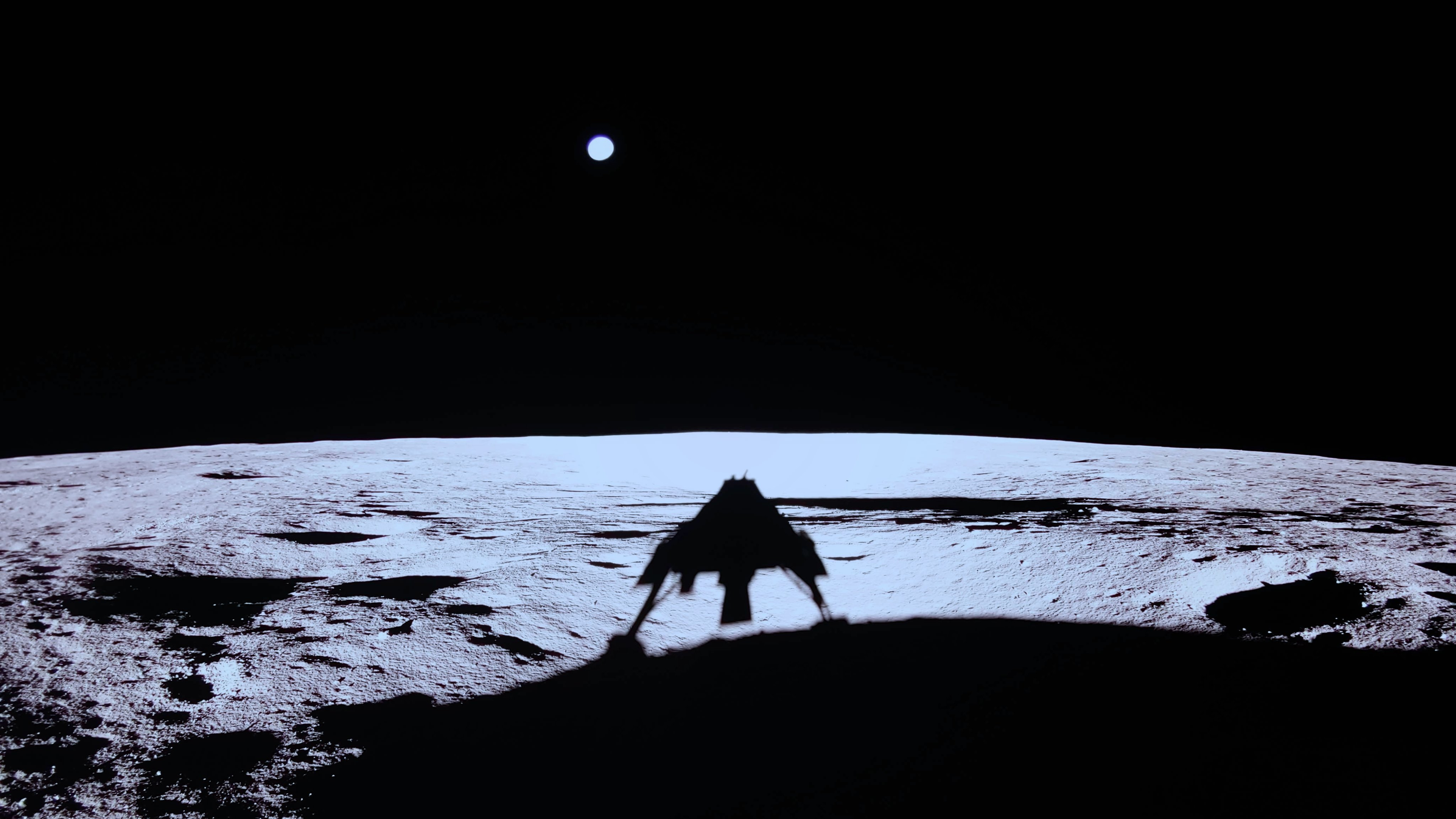
NASA proves its electric moon dust shield works on the lunar surface
By Julian Dossett Published
-
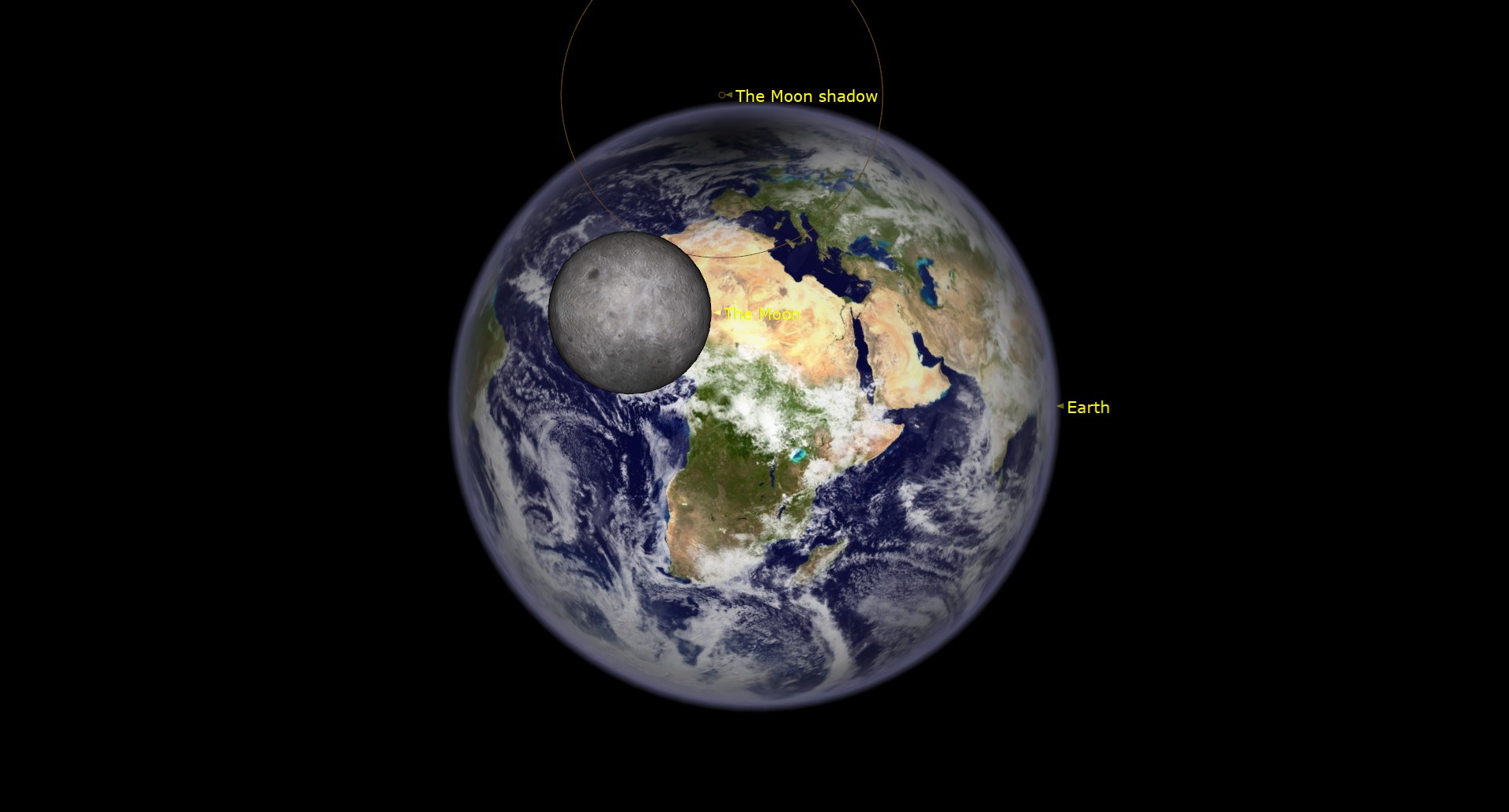
The new moon of March 2025 creates a partial solar eclipse this weekend
By Jesse Emspak Published
-
The sun
-
-

A hidden solar cycle is awakening, but more extreme space weather over the next 50 years may not be a bad thing
By Tereza Pultarova Published
-

How AI is helping scientists unlock some of the sun's deepest secrets
By Sharmila Kuthunur Published
-

The sun just leaked a huge amount of helium-3 — the rare isotope scientists want to harvest on the moon
By Victoria Corless Published
-
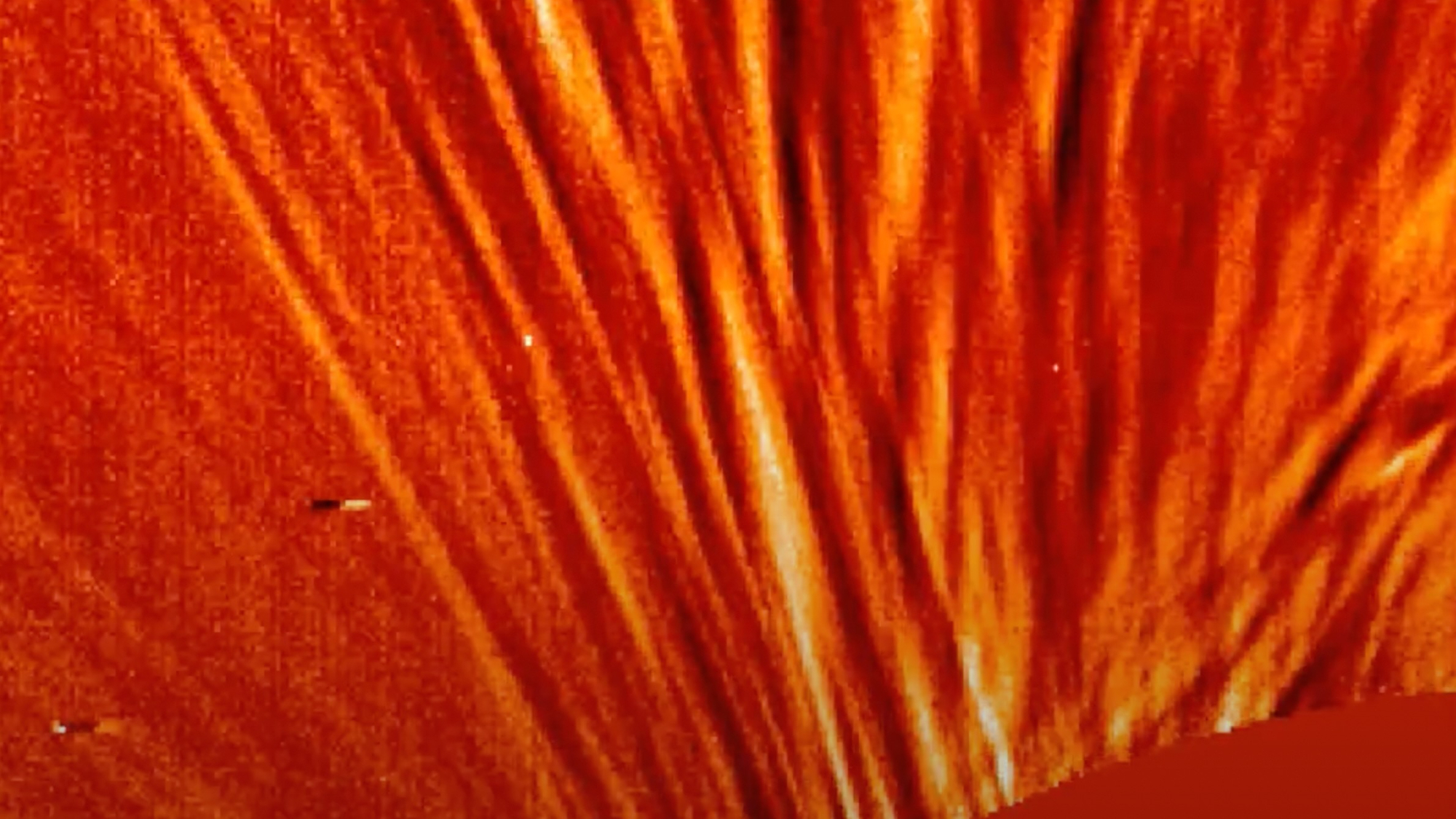
Million-mile-long solar whirlwind could help solve sun's greatest mysteries (video)
By Keith Cooper Published
-

Sun unleashes powerful M5.6 solar flare and Earth is in the firing line — are auroras incoming?
By Daisy Dobrijevic Published
-

A total solar eclipse from 2471 B.C. may have shaken Egypt's cult of the sun
By Monisha Ravisetti Published
-
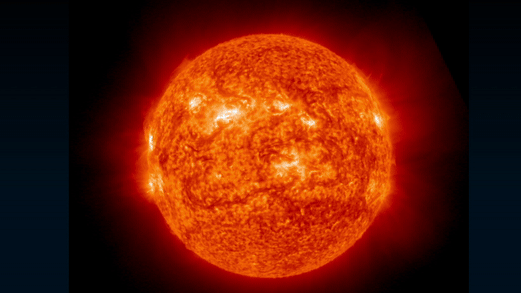
Surprise X-class solar flare from emerging sunspot triggers radio blackouts across the Americas
By Daisy Dobrijevic Published
-

NASA's daredevil solar spacecraft survives 2nd close flyby of our sun
By Sharmila Kuthunur Published
-
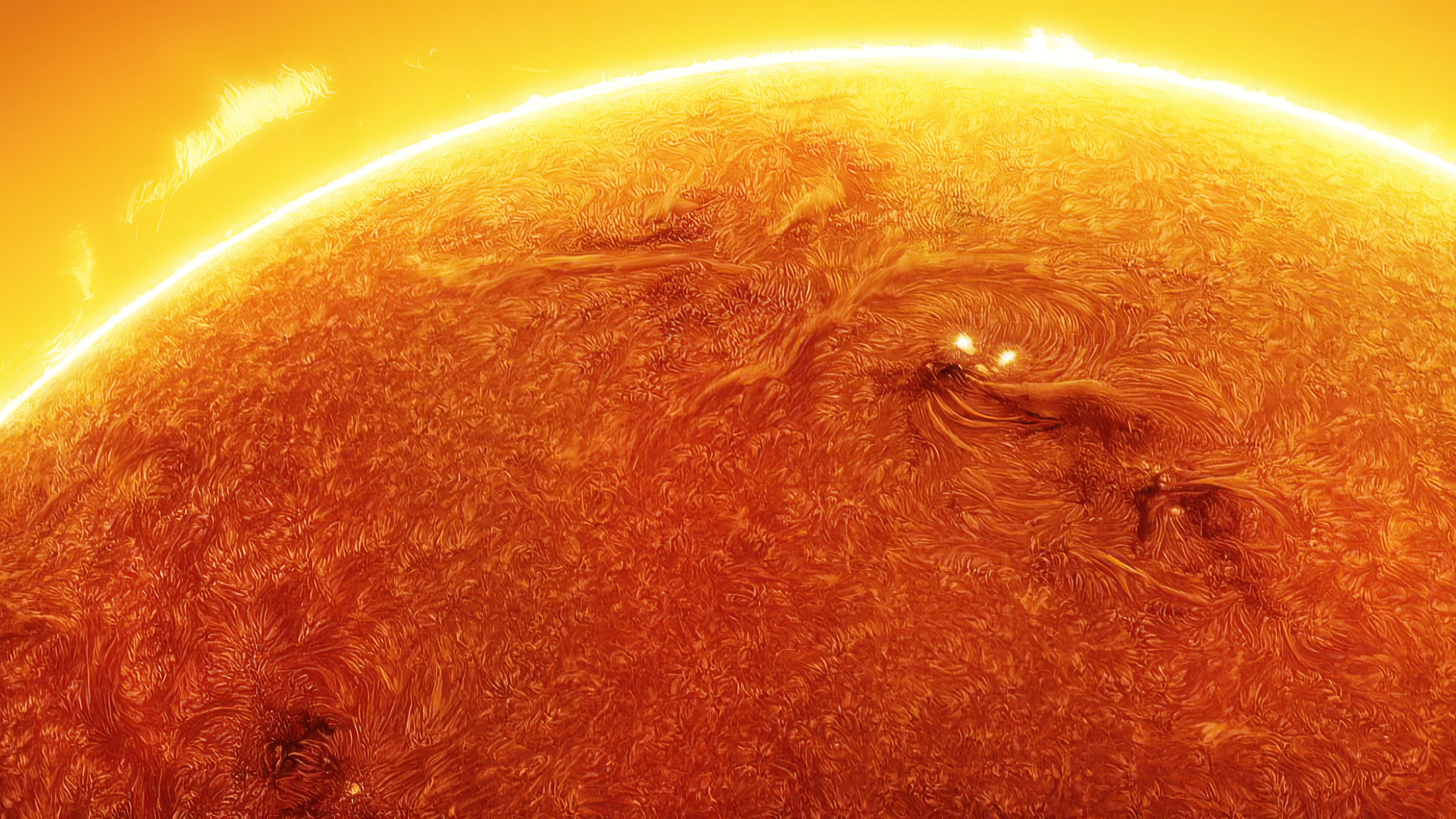
Has the sun already passed solar maximum?
By Ryan French Published
-
Uranus
-
-
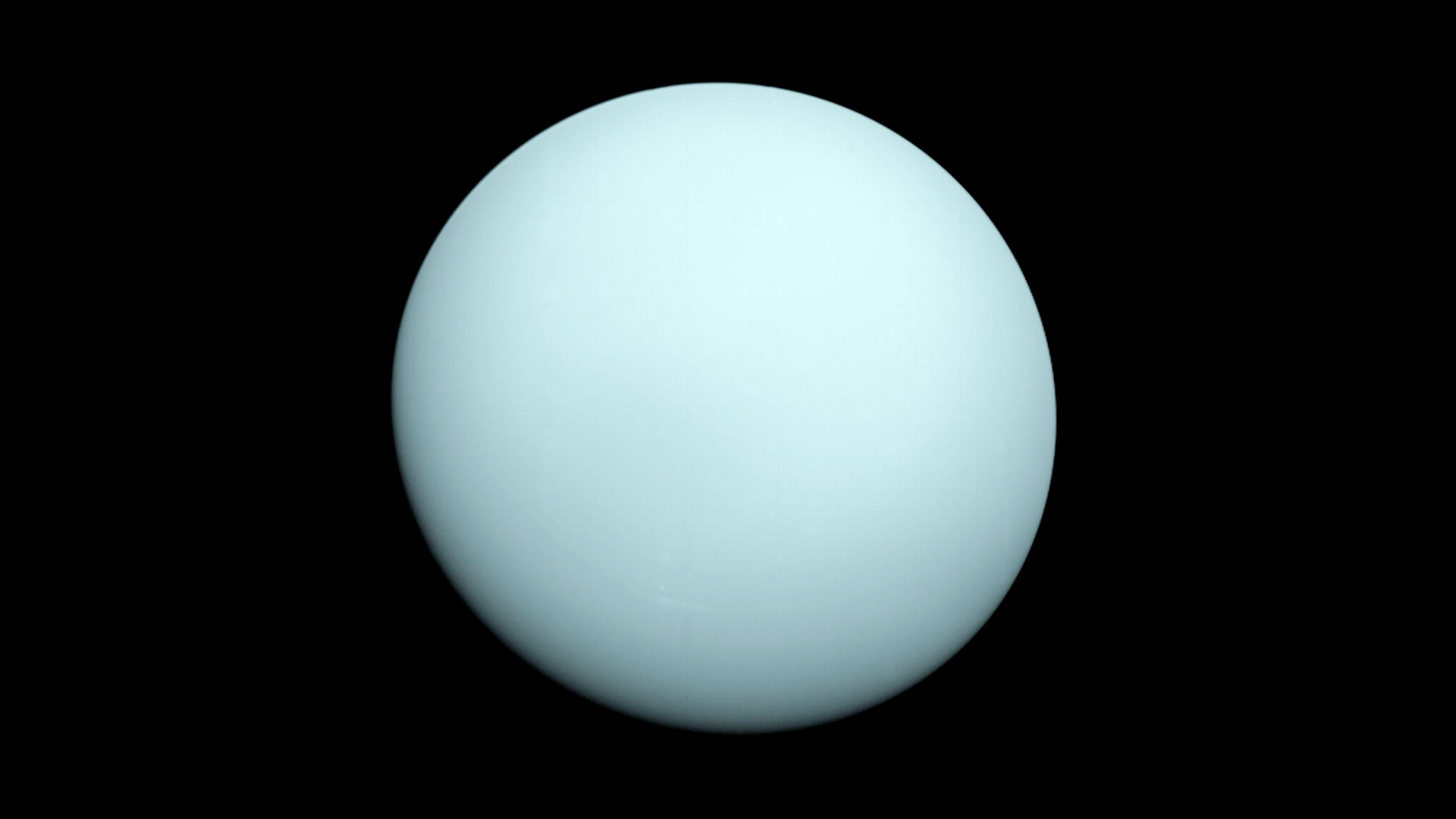
A day on Uranus is actually longer than we thought, Hubble Telescope reveals
By Sharmila Kuthunur Published
-

Are there hidden oceans inside the moons of Uranus? Their wobbles could tell us
By Julian Dossett Published
-

Long ago, Voyager 2 might have caught Uranus at a bad time
By Julian Dossett Published
-
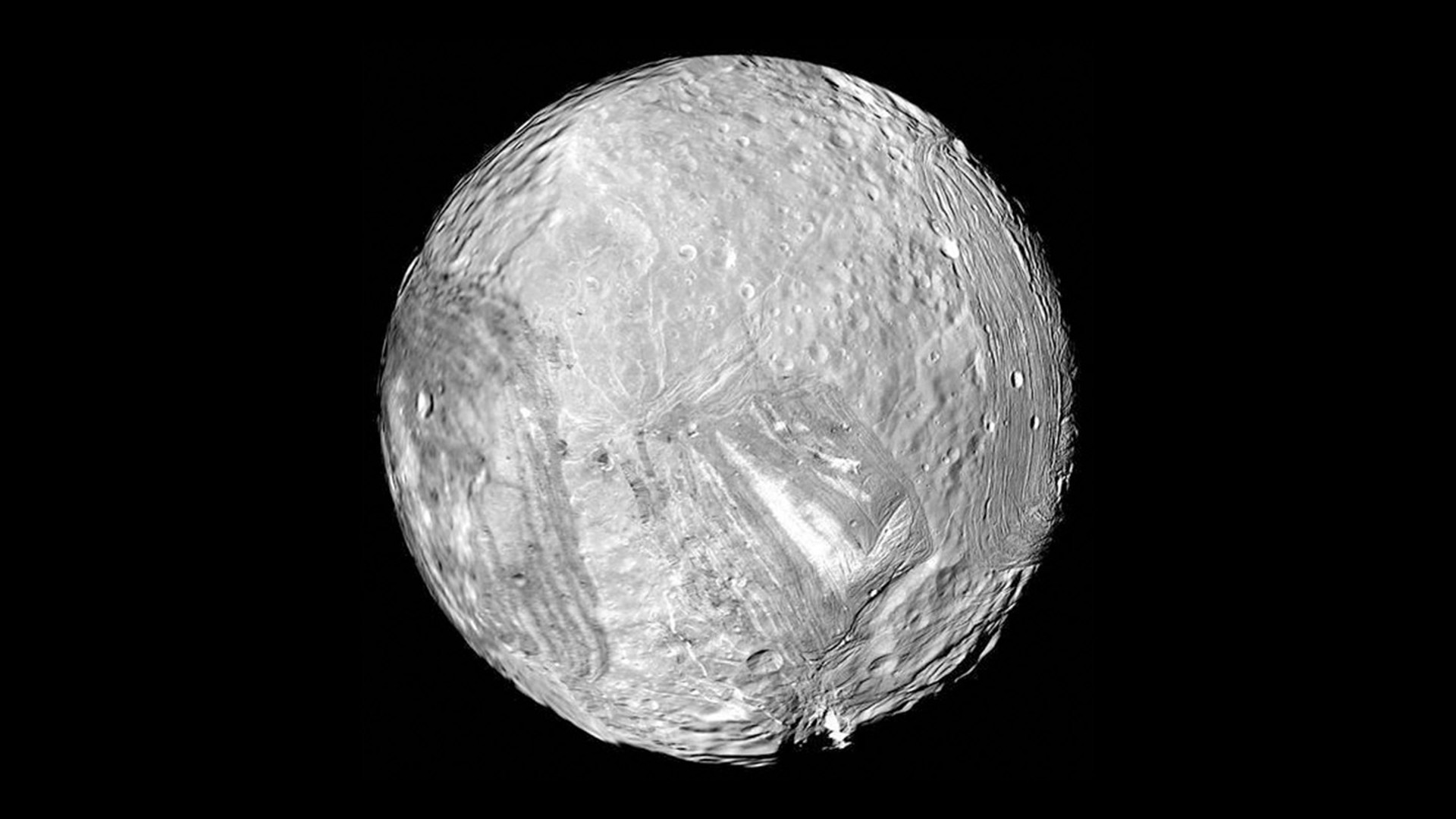
Icy moon of Uranus may have once hid watery secret, Voyager 2 archives reveal
By Conor Feehly Published
-

NASA images Uranus with epic team up of Hubble Telescope and New Horizons Pluto probe
By Robert Lea Published
-

'Traffic jams' around Uranus could solve the mystery of its weak radiation belts
By Robert Lea Published
-
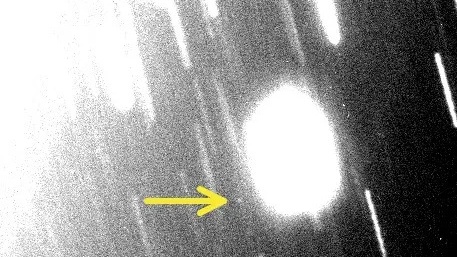
3 tiny new moons found around Uranus and Neptune — and one is exceptionally tiny
By Sharmila Kuthunur Published
-

The rings of Uranus look positively festive in epic James Webb Space Telescope holiday photo
By Keith Cooper Published
-
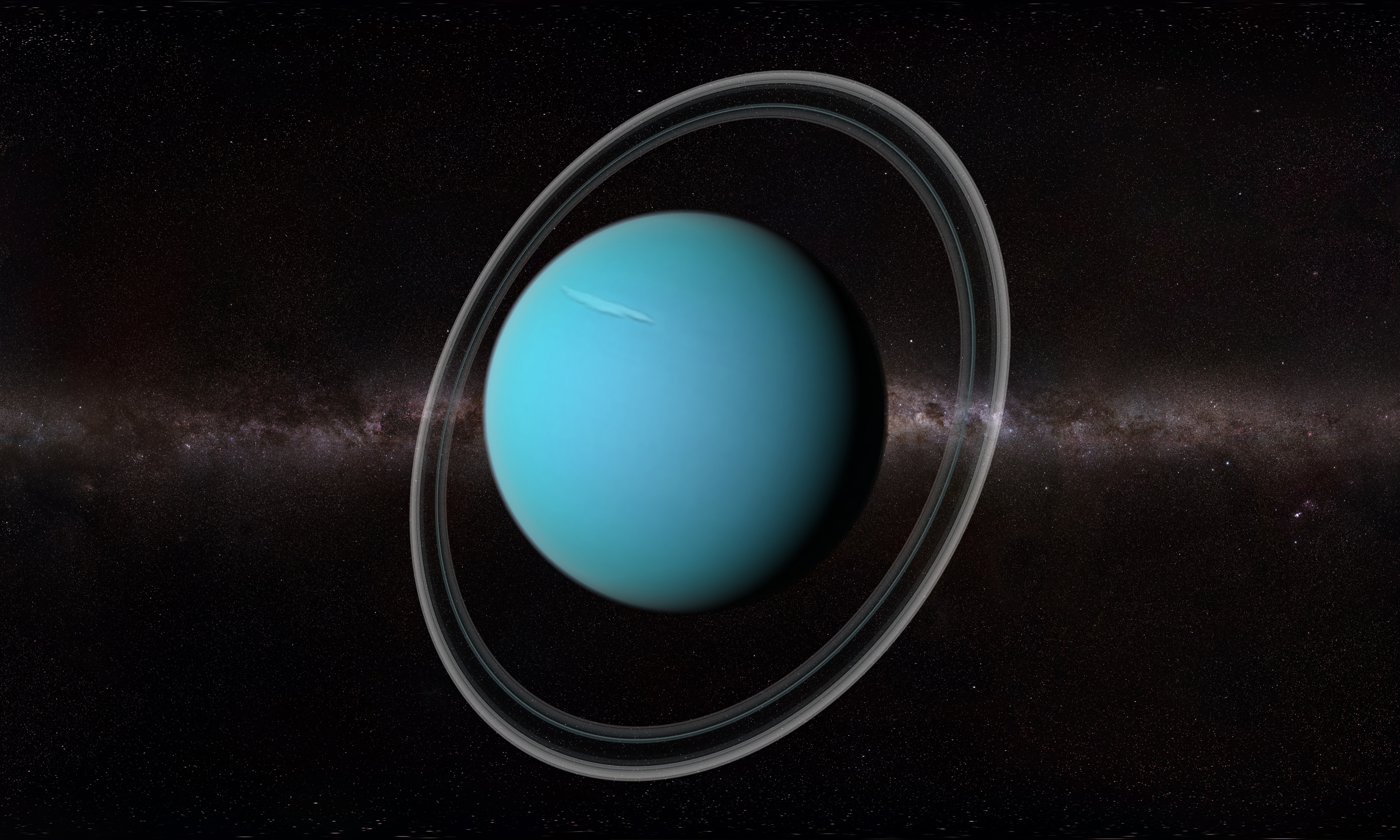
Unwrapping Uranus and its icy secrets: What NASA would learn from a mission to a wild world
By Mike Sori Published
-
Venus
-
-
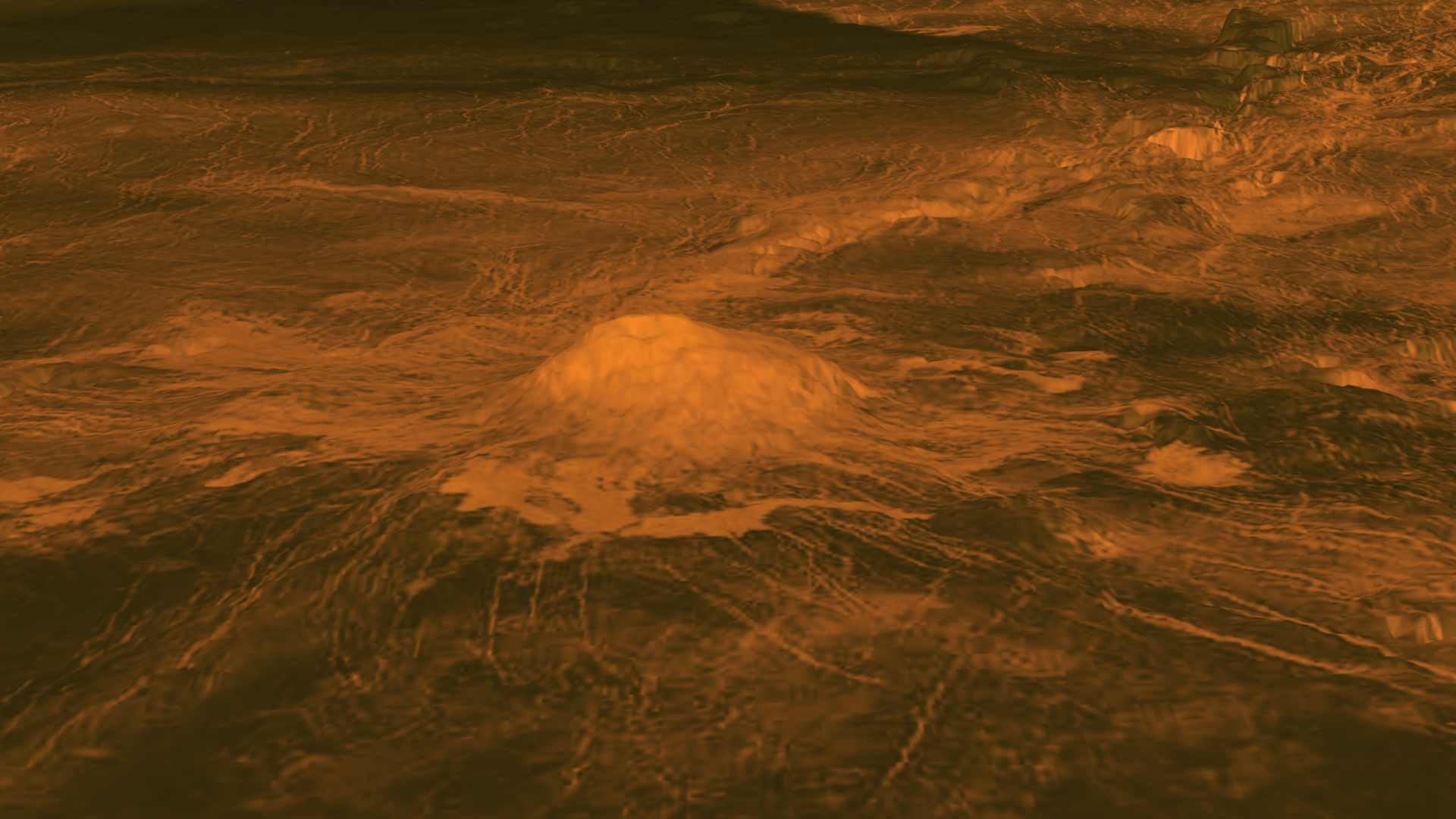
Scientists may have just found the driving force behind Venus' volcanos
By Samantha Mathewson Published
-

The 1st private mission to Venus comes together ahead of possible 2026 launch (photos)
By Leonard David Published
-
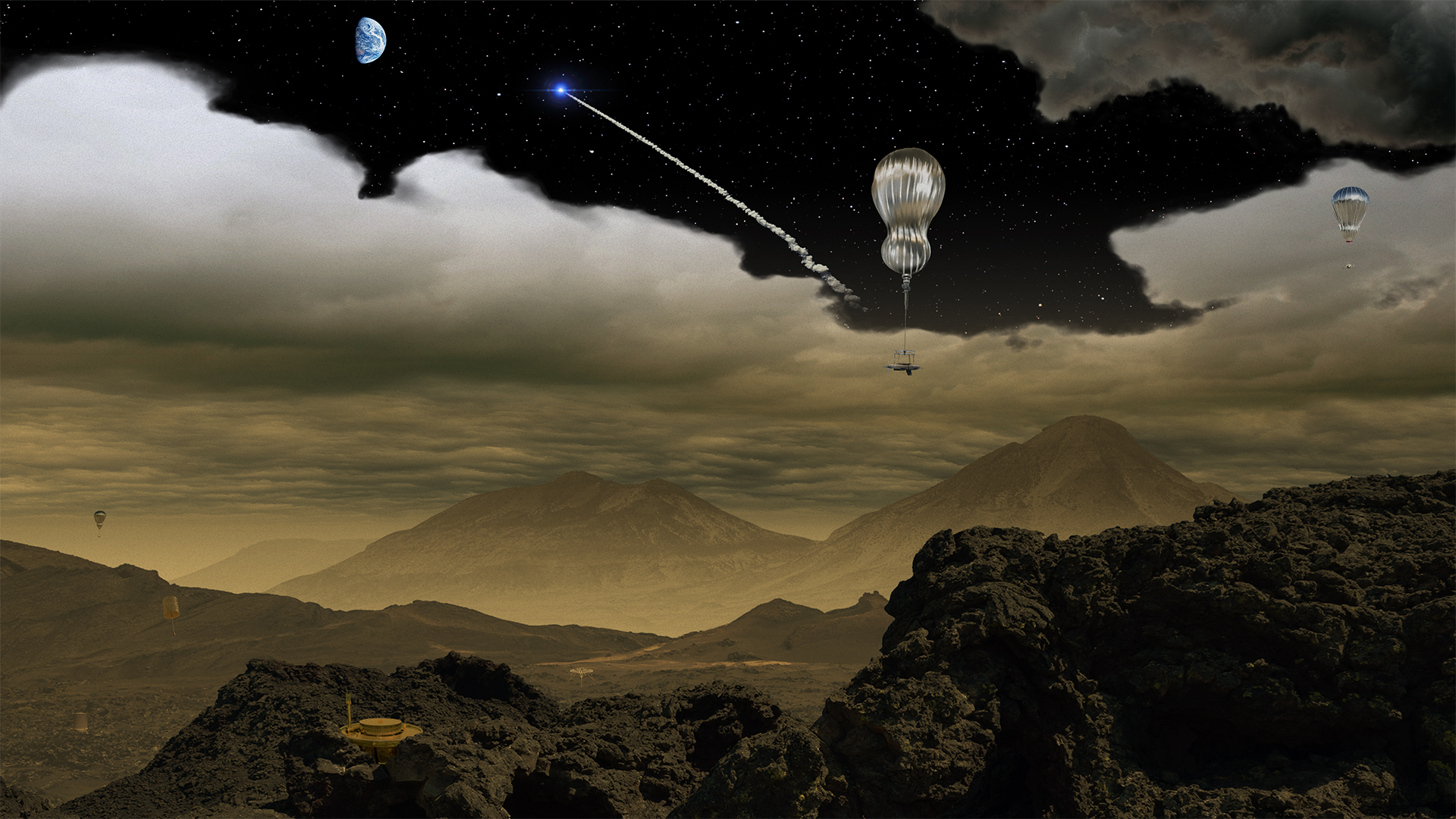
Exploring Venus may require exotic tech like balloons and 'aerobots'
By Leonard David Published
-
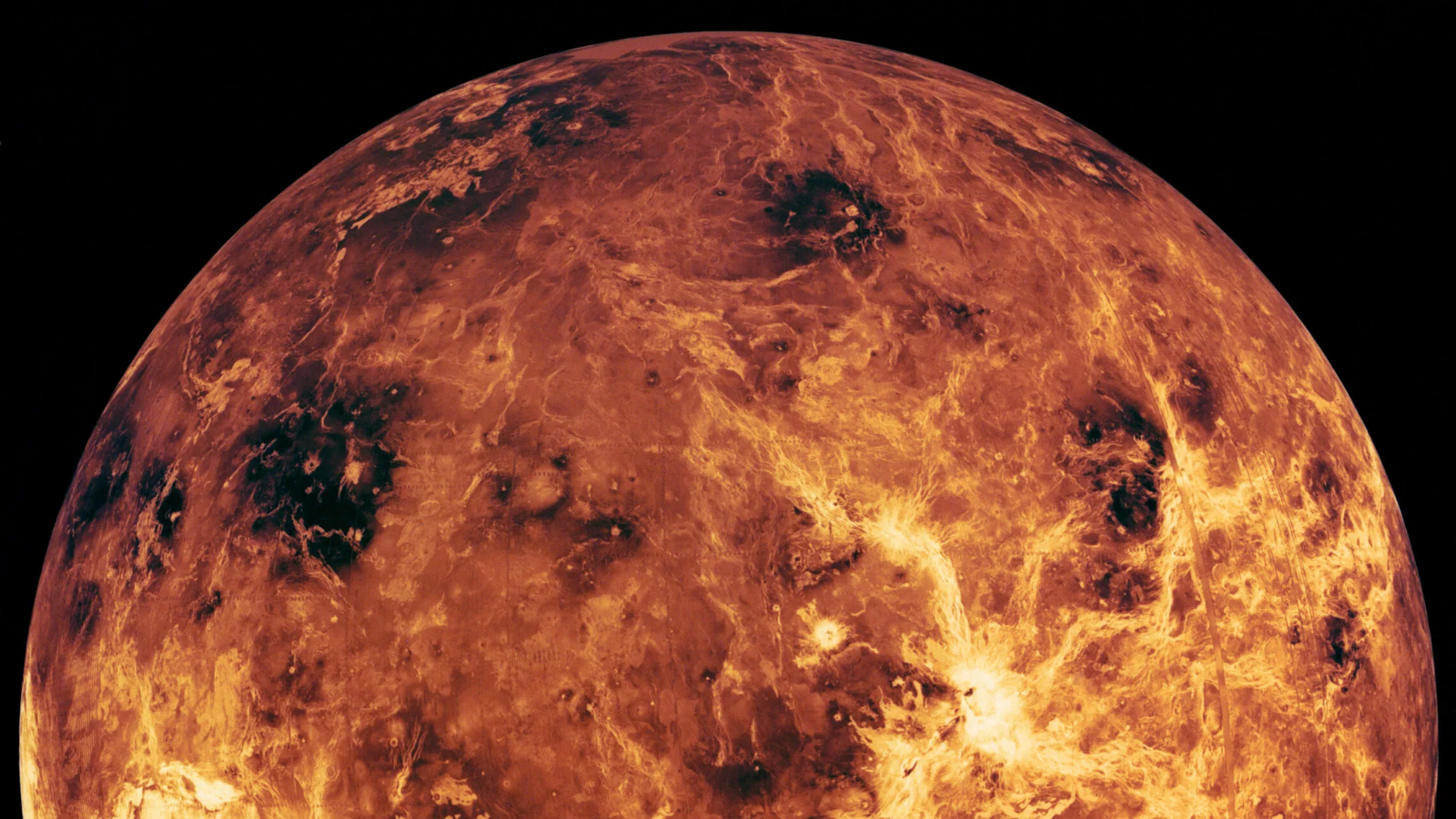
Did Venus ever have oceans to support life, or was it 'born hot'?
By Robert Lea Published
-
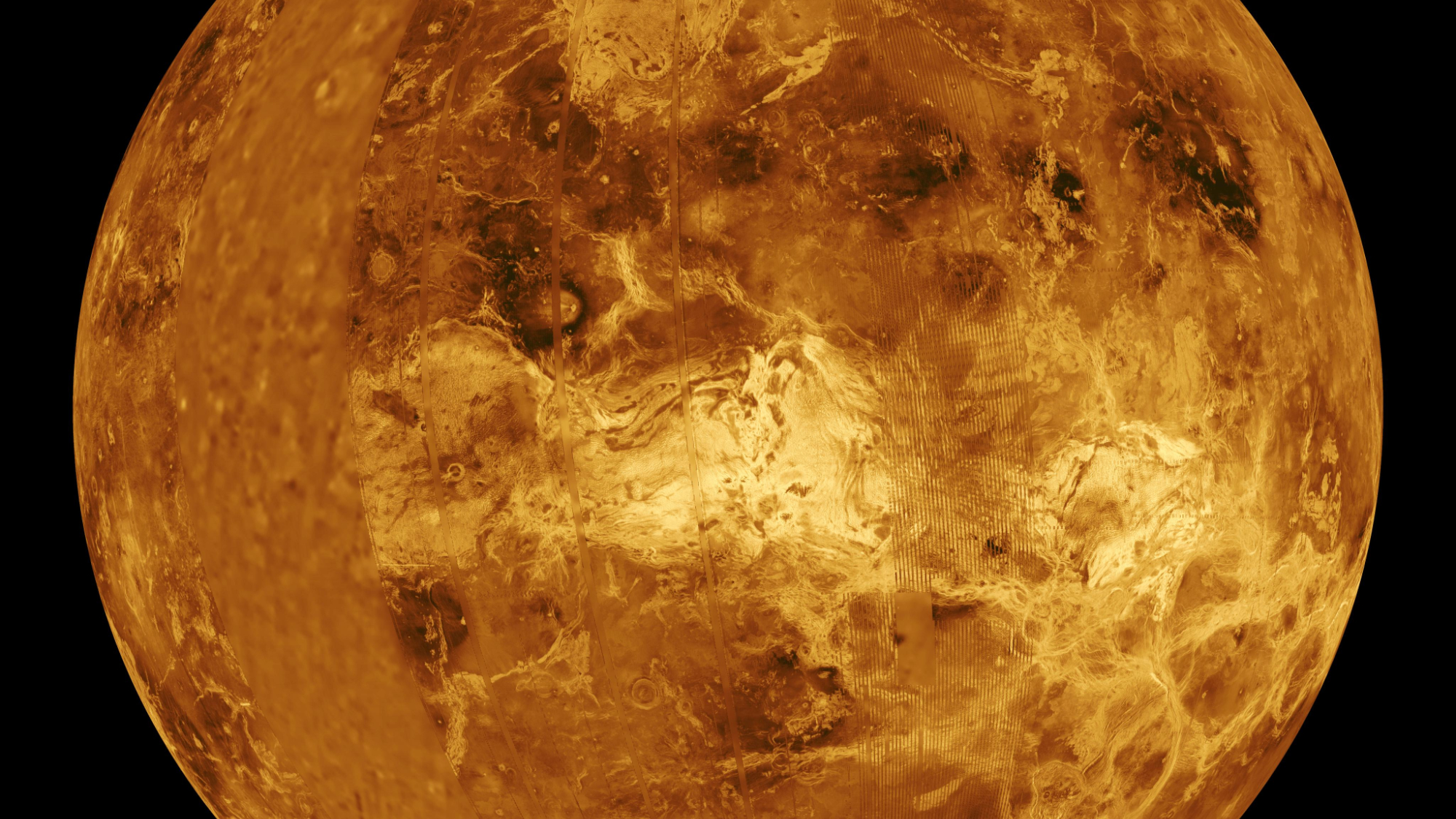
Venus' 'missing' giant impact craters may be hiding in plain sight
By Keith Cooper Published
-
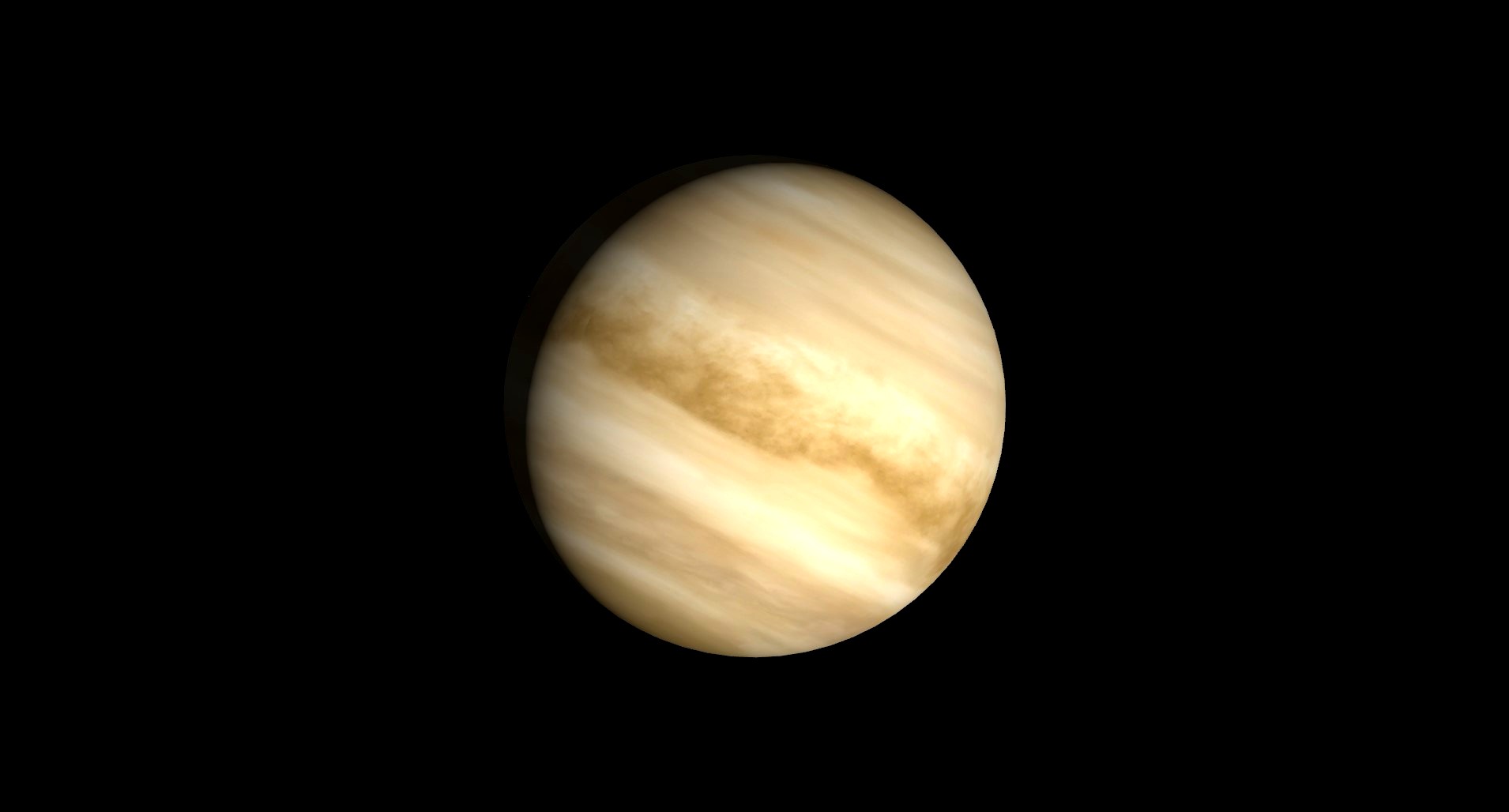
Scientists find surprising clue about Venus' past in its atmosphere
By Victoria Corless Published
-
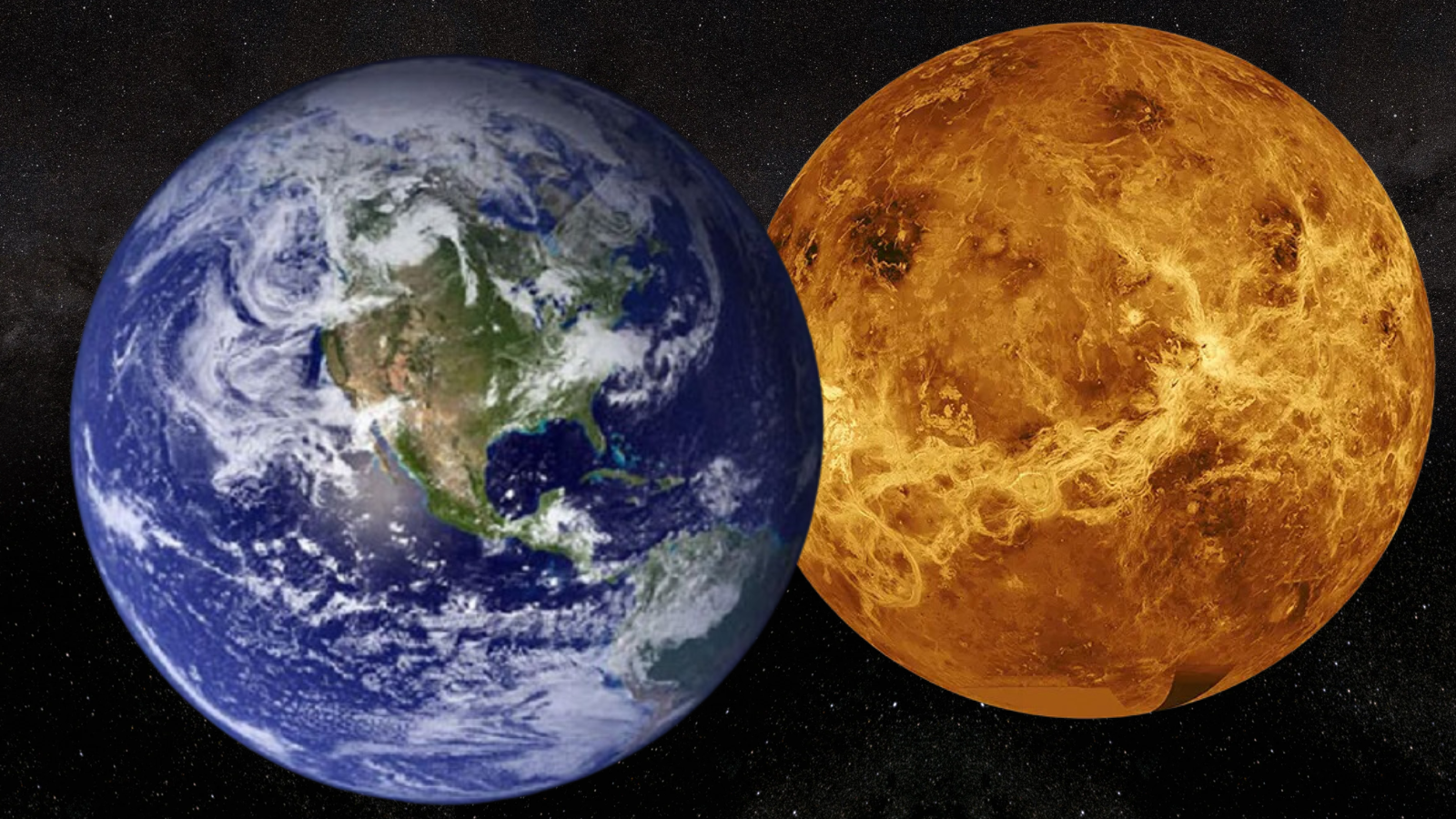
Earth's 'evil twin' Venus may have mirrored our planet more than expected
By Victoria Corless Published
-

Venus may be able to support life, new atmospheric evidence suggests
By Keith Cooper Published
-
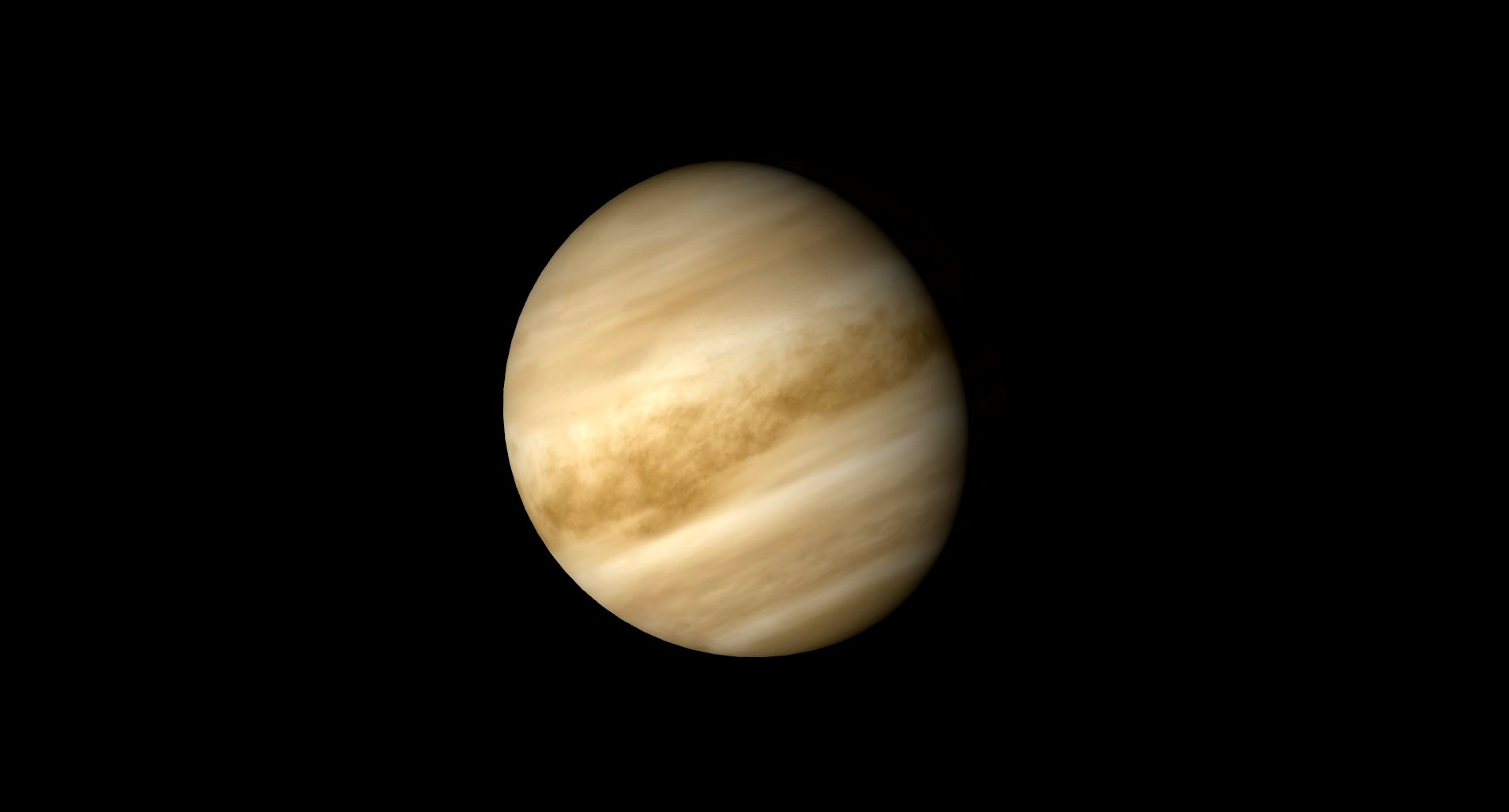
NASA just beamed a Missy Elliott song to Venus
By Stefanie Waldek Published
-
More about Solar System
-
-

Easter is coming late in 2025, astronomically speaking. Here's why
By Joe Rao Published
-

The newest GOES weather satellite in NOAA's fleet is now fully operational (video)
By Meredith Garofalo Published
-

Elon Musk's DOGE team given 'alarming degree' of access to NASA systems, House Democrats say
By Monisha Ravisetti Published
-